From the very beginning, when a small group of families of children with complex medical needs and disabilities made a stir by visiting Senate offices in 2017 to protect the Affordable Care Act, Little Lobbyists understood the importance of representation. We knew legislators needed to see our kids with complex medical needs and disabilities – with their caregivers, medical and mobility supports, loved by their families, living in the community – to understand that our kids needed their legislators to protect their access to health care and inclusion, the same things every child needs.
Halloween trick-or-treating in cute costumes while visiting Congressional offices was an opportunity for our kids to have fun (while advocating). Like magic, doors we’d been knocking on for months finally opened and, for a moment, some of the barriers seemed to disappear.
But some doors never opened. From 2017-2020, the ableist barriers were clear even before we knew what the former president actually said about his disregard for our children’s lives. We never thought we would see our families visit the White House.
Fortunately, Americans chose new leaders for the White House in 2020, including Vice President Kamala Harris, who met our children as a Senator and worked to help us protect them. Despite this connection, we could hardly believe it when our families were invited to visit the White House for the first time. A few years and many visits later, we’re still awe struck by the White House’s beauty and history, but we also know that our families are truly welcome. The Biden-Harris White House has worked to go beyond inclusion, asking for our feedback and continuously improving accessibility to ensure families of kids with complex medical needs and disabilities understand that the White House is our house, too.
We shared our dream for as many kids with disabilities as possible to visit with White House staff, and in 2023 the White House hosted the very first disability friendly Easter Egg Roll in history, followed by the first disability friendly Halloween celebration. This year, events were expanded to include more kids with disabilities, and the White House unveiled a re-imagined tour that prioritizes accessibility.
For our kids with disabilities and complex medical needs – with their caregivers, medical and mobility supports, loved by their families, living in the community – to be integrated as a welcome part of White House traditions is a truly joyful thing. It’s also powerful representation. When our families share space with those who make decisions that impact our lives our needs and opinions are also present. More importantly, when our families and kids with disabilities see themselves within the halls of power, they know that they belong.
The fact that people with disabilities and complex medical needs belong everywhere they want to be and can live great lives with support – like everyone else – has been obscured throughout history by pervasive, systemic ableism. Though we still have far to go, significant progress has been made in recent decades, and disability rights in the U.S. have had bipartisan support: in 1982 President Reagan created the first Medicaid waiver; in 1990 President Bush Sr. signed the Americans with Disabilities Act; in 2010 the Patient Protection and Affordable Care Act was made law by President Obama.
But from 2017-2020 President Trump worked to undo much of that progress, abruptly ending the era of bipartisan support for disabled Americans. Since then, the former president has shown contempt for the lives of our children, using disability as an insult and slur in recent days.
In 2020, voters rejected this abelism, and for the past four years our families have been safer: access to health care has expanded, disability civil rights have been improved, and our children have seen themselves respected and valued by our nation’s leaders.
Today, the choice to reject ableism is once again before us. Our families know that disability is part of life, we will all need to give or get care, and living self-directed lives in our own homes and communities is a universal civil right.
Before you cast your vote in this election - we ask you to see the lives you impact with your decision. The care you save could be your own.

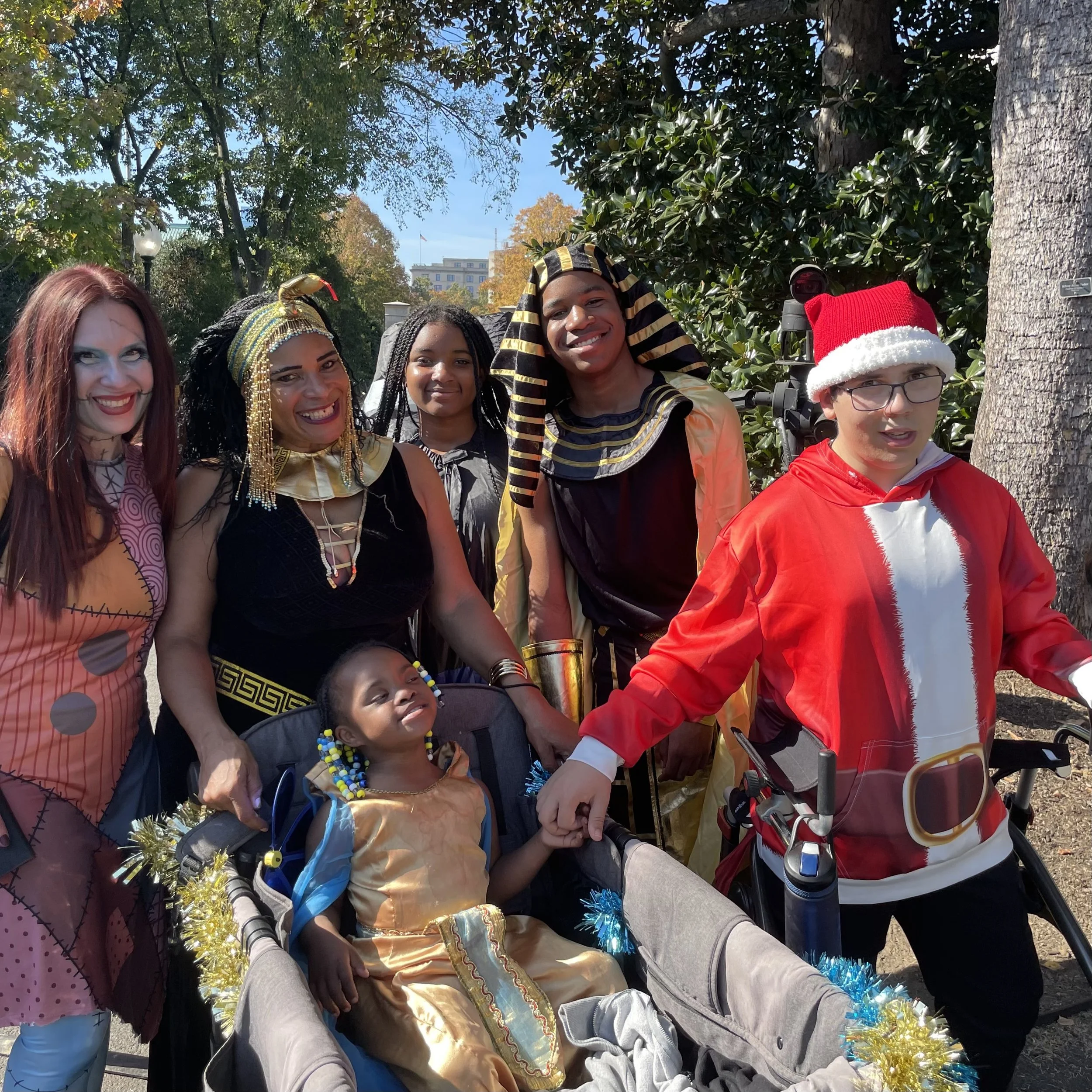














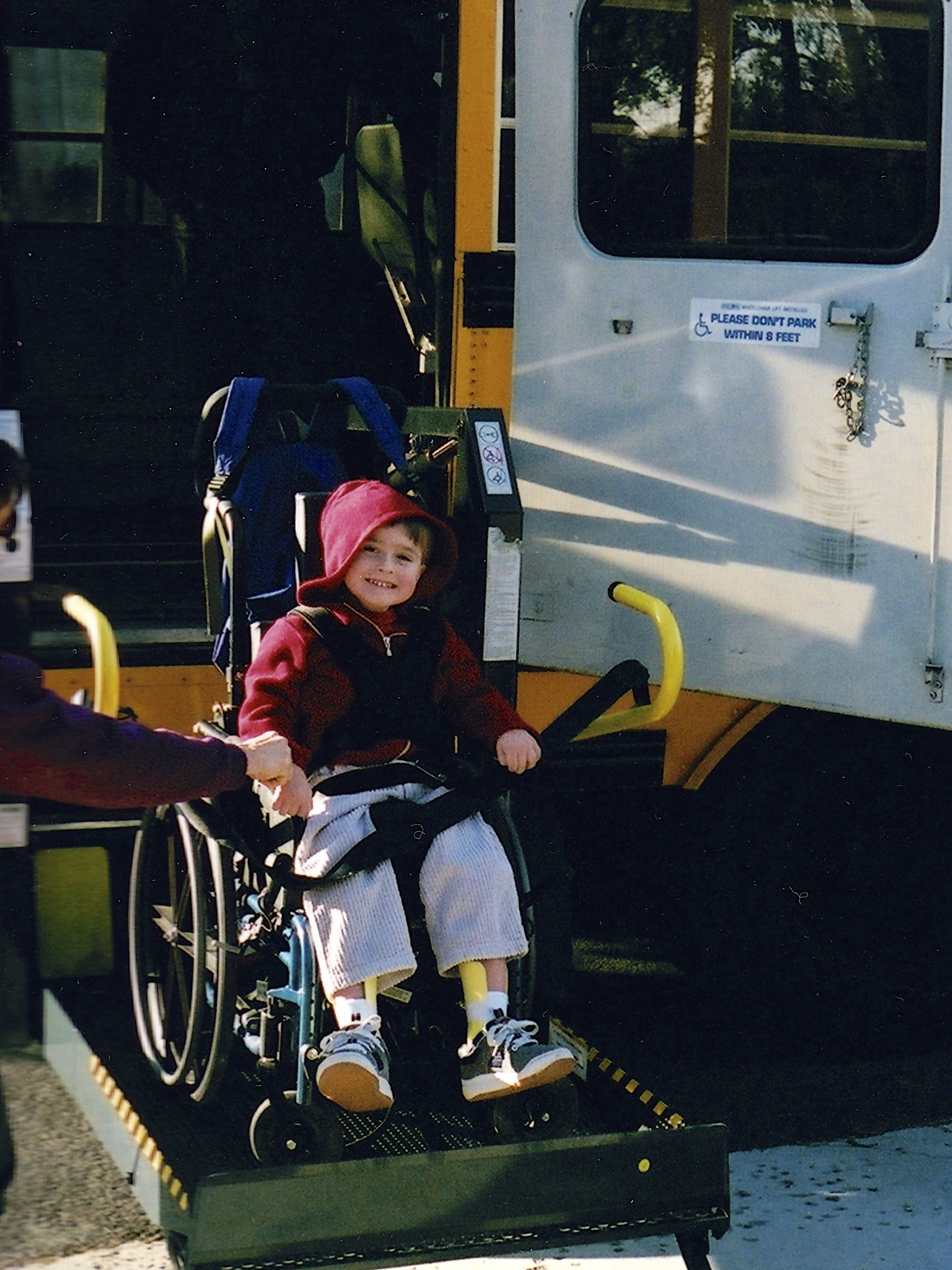
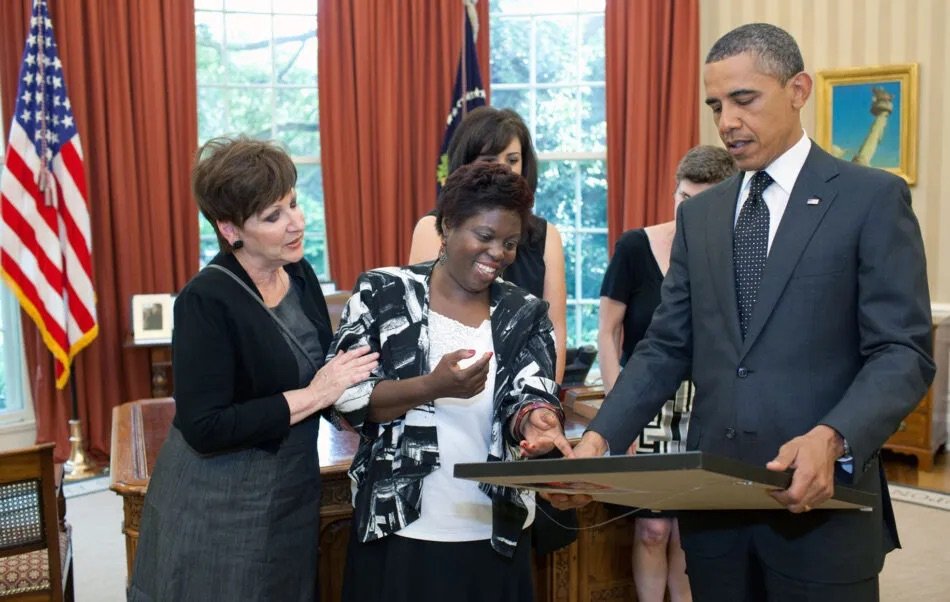




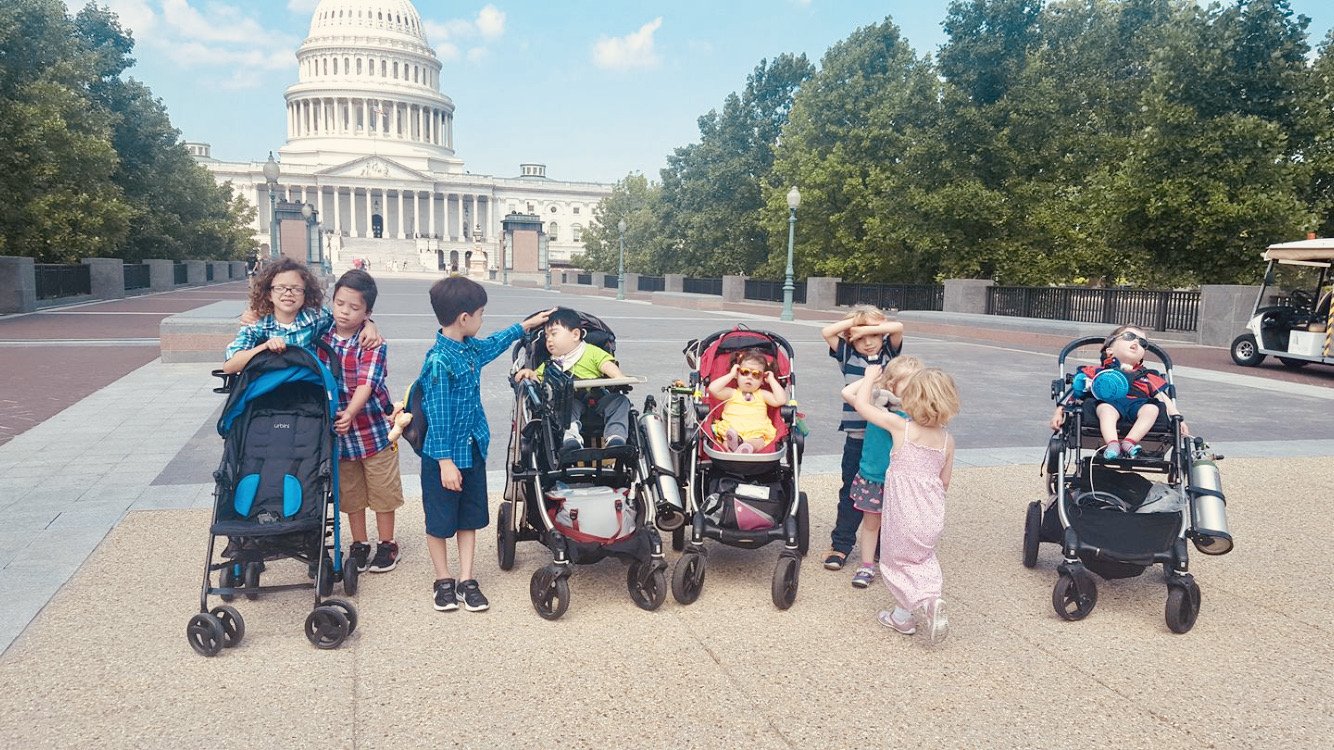
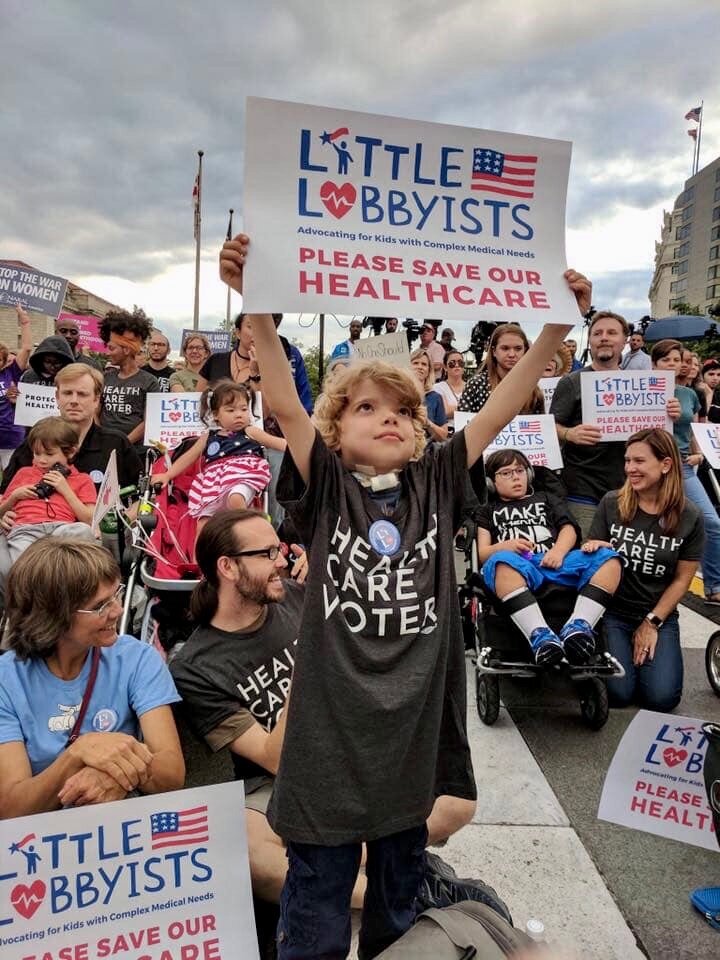
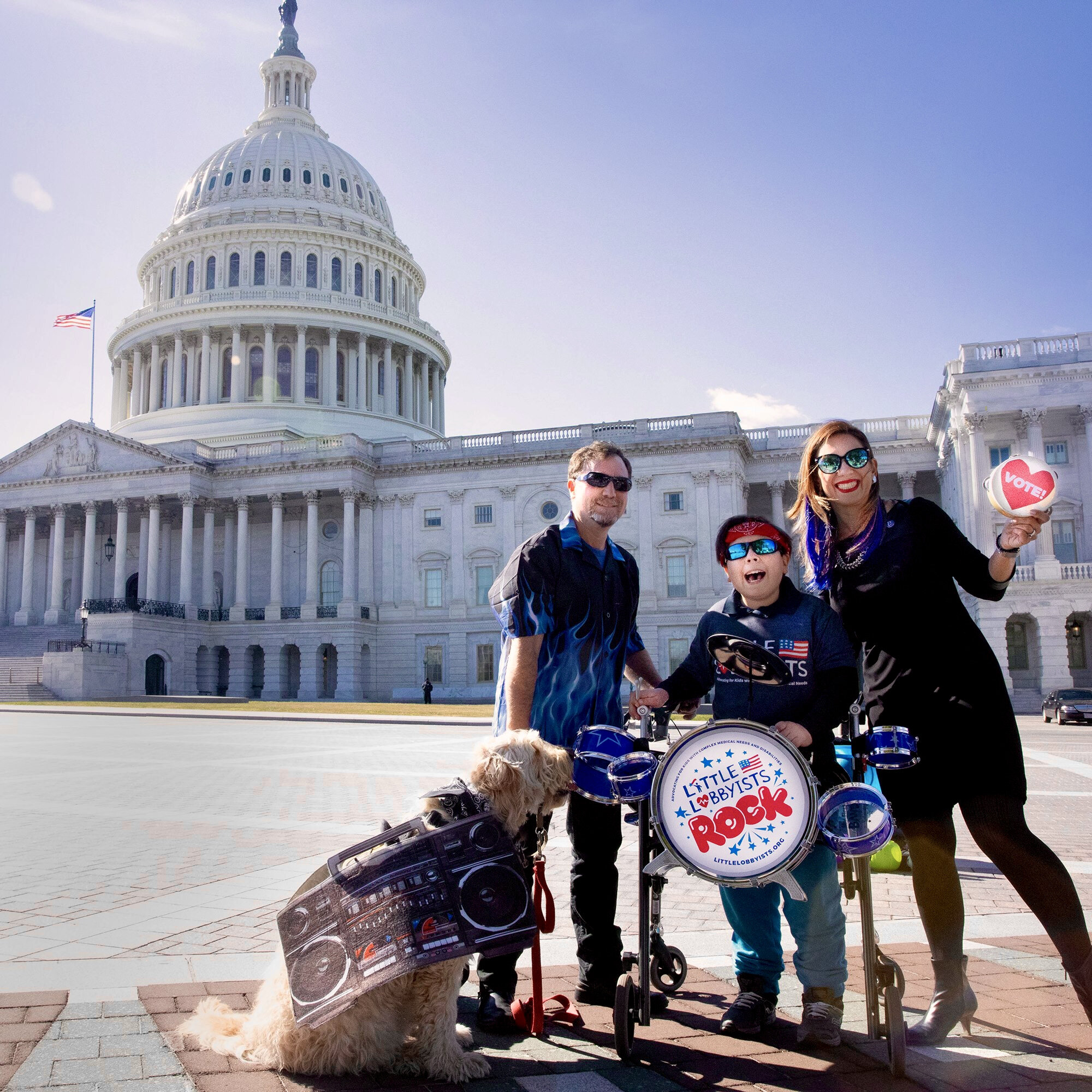
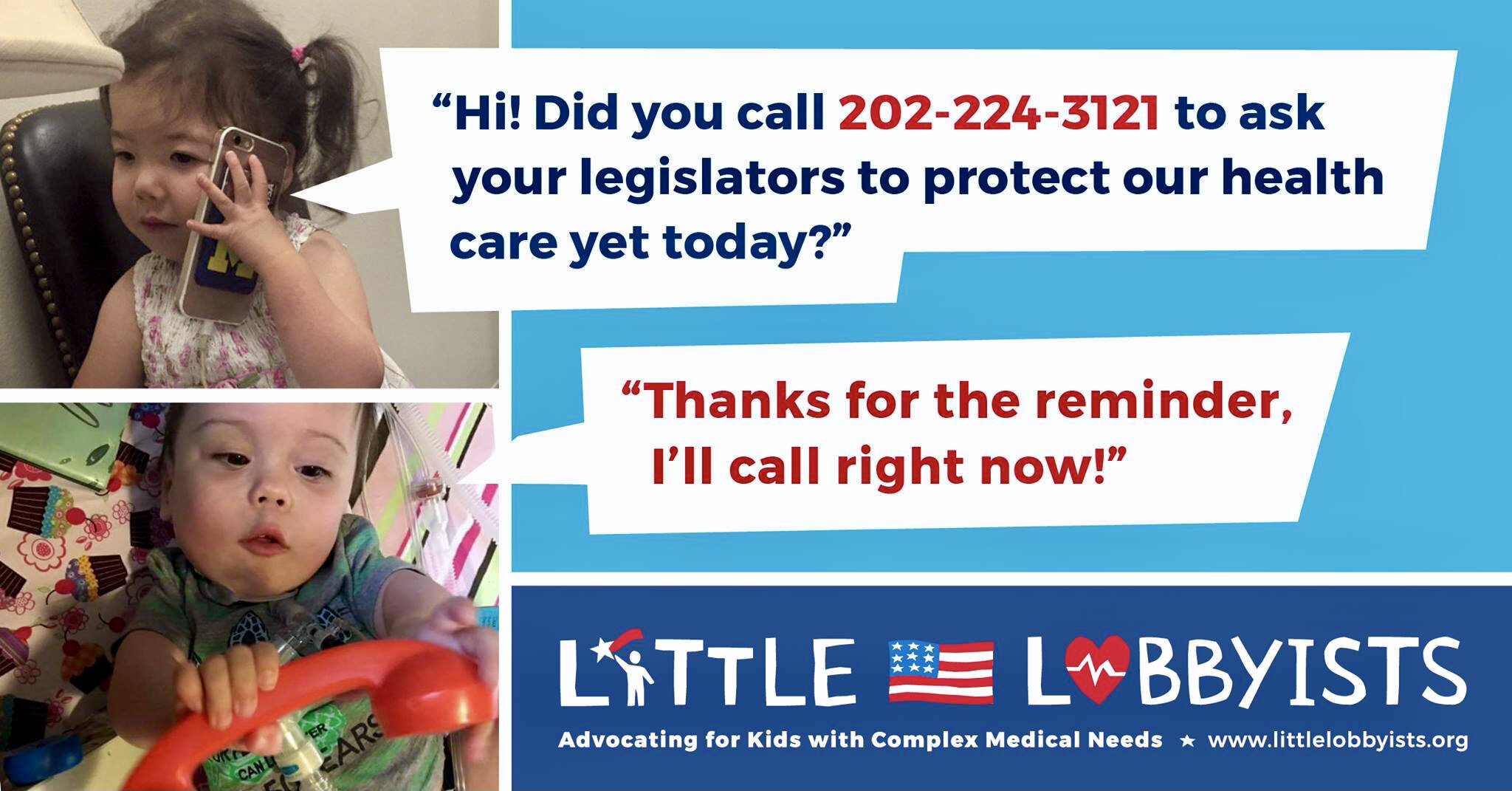
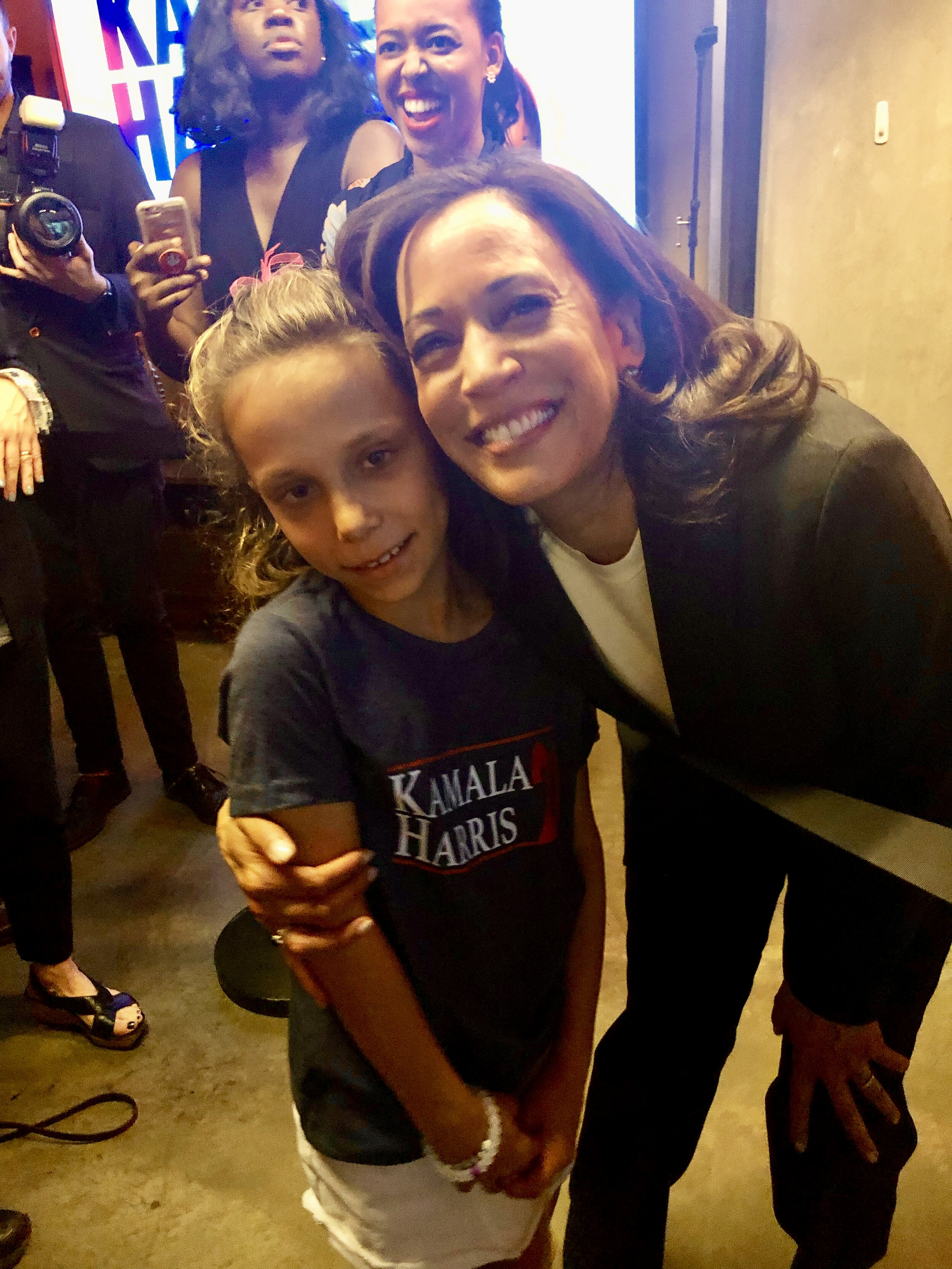
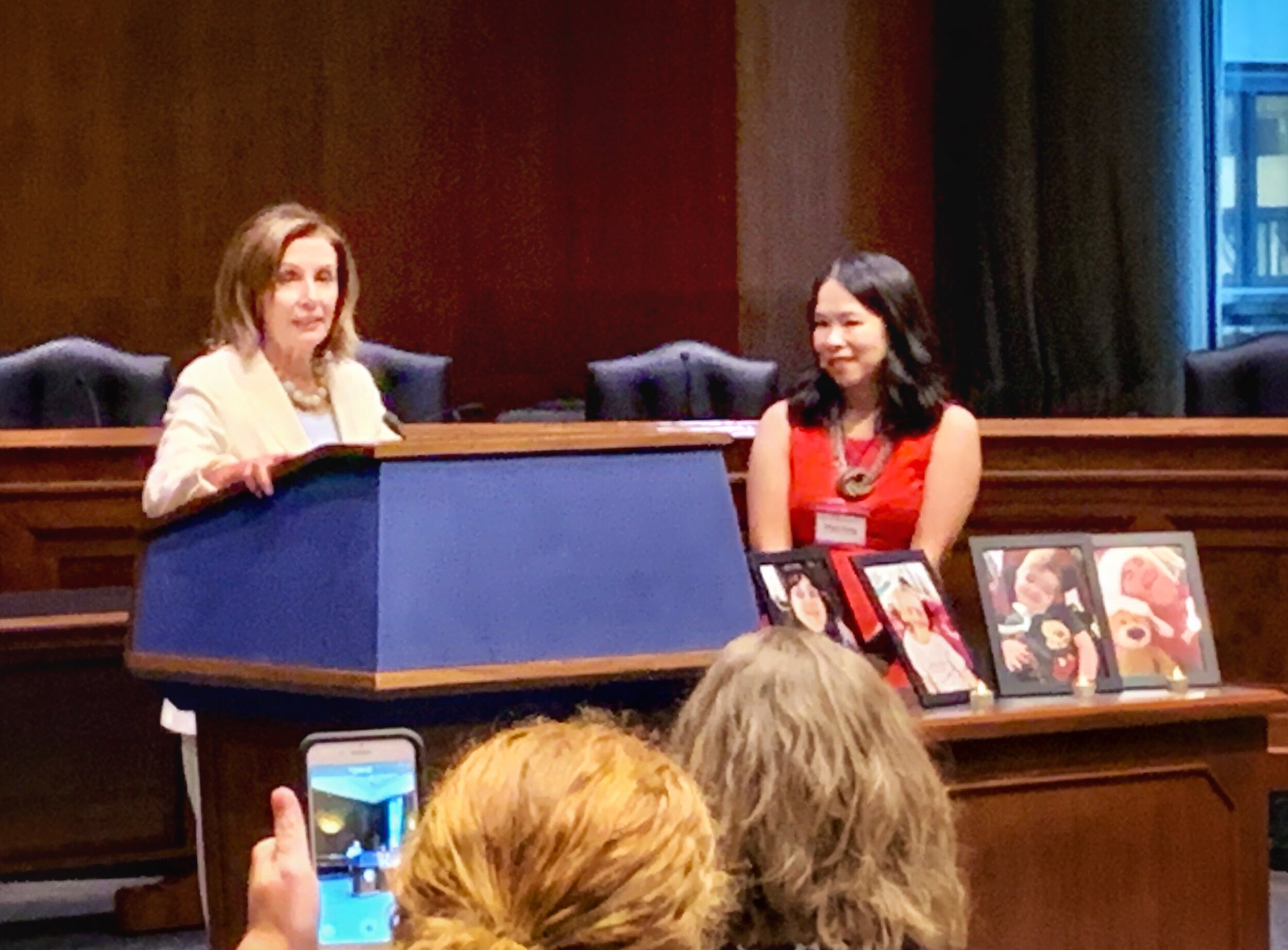
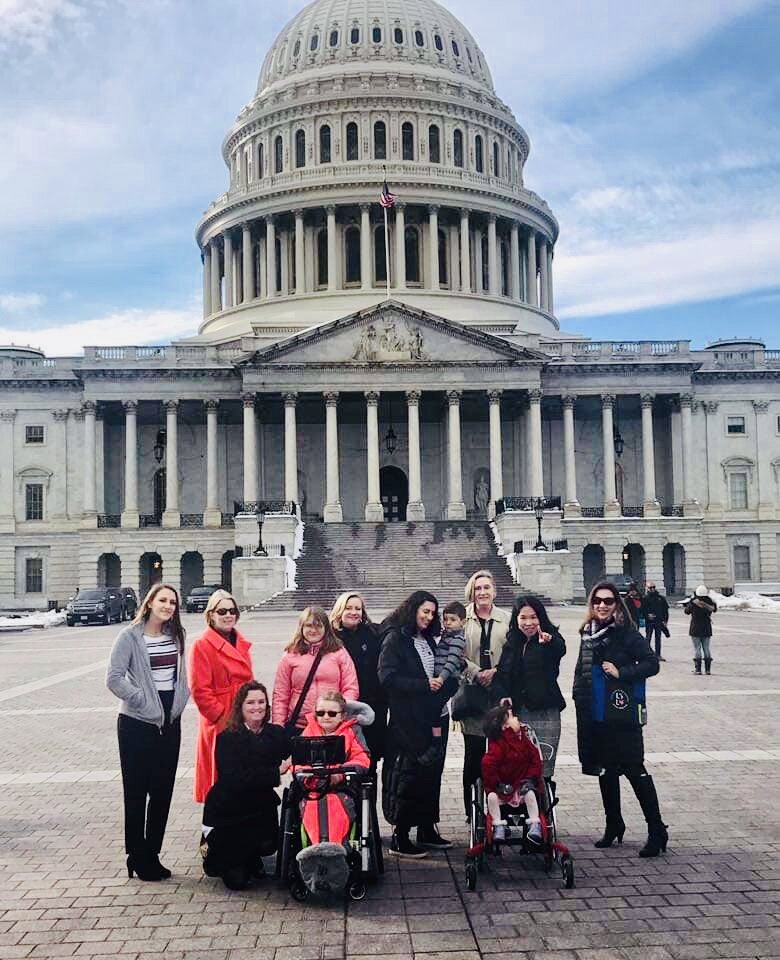
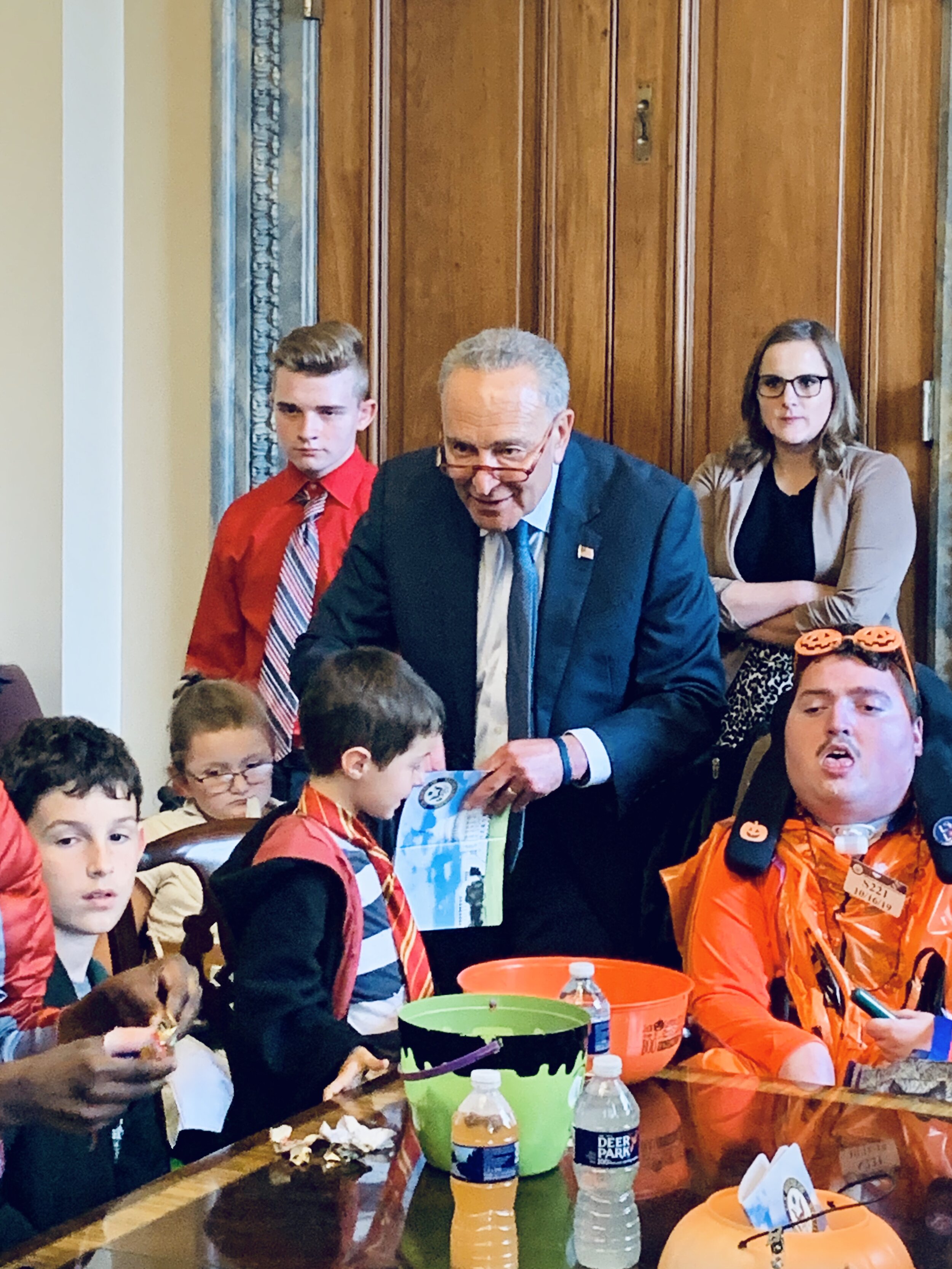
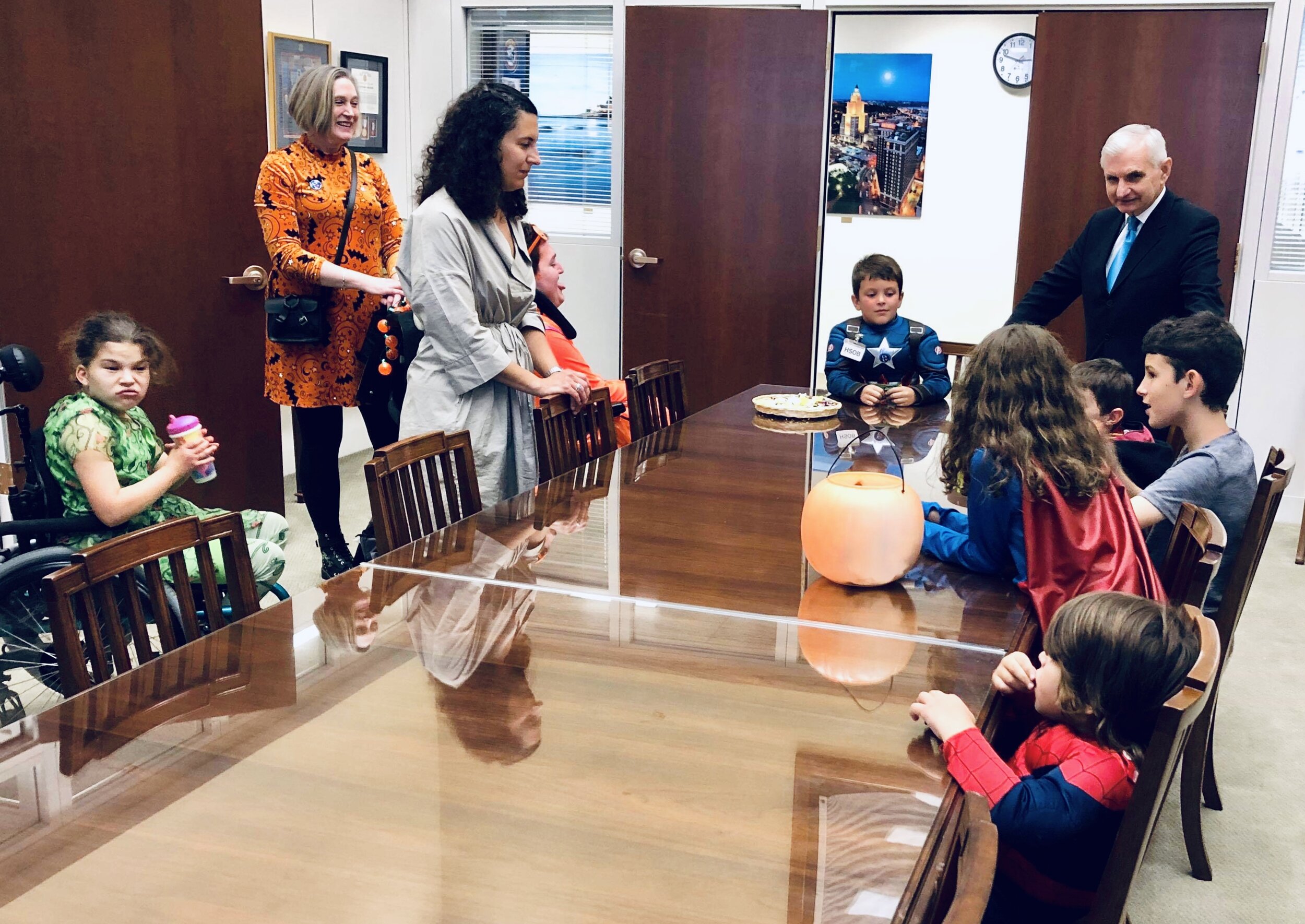
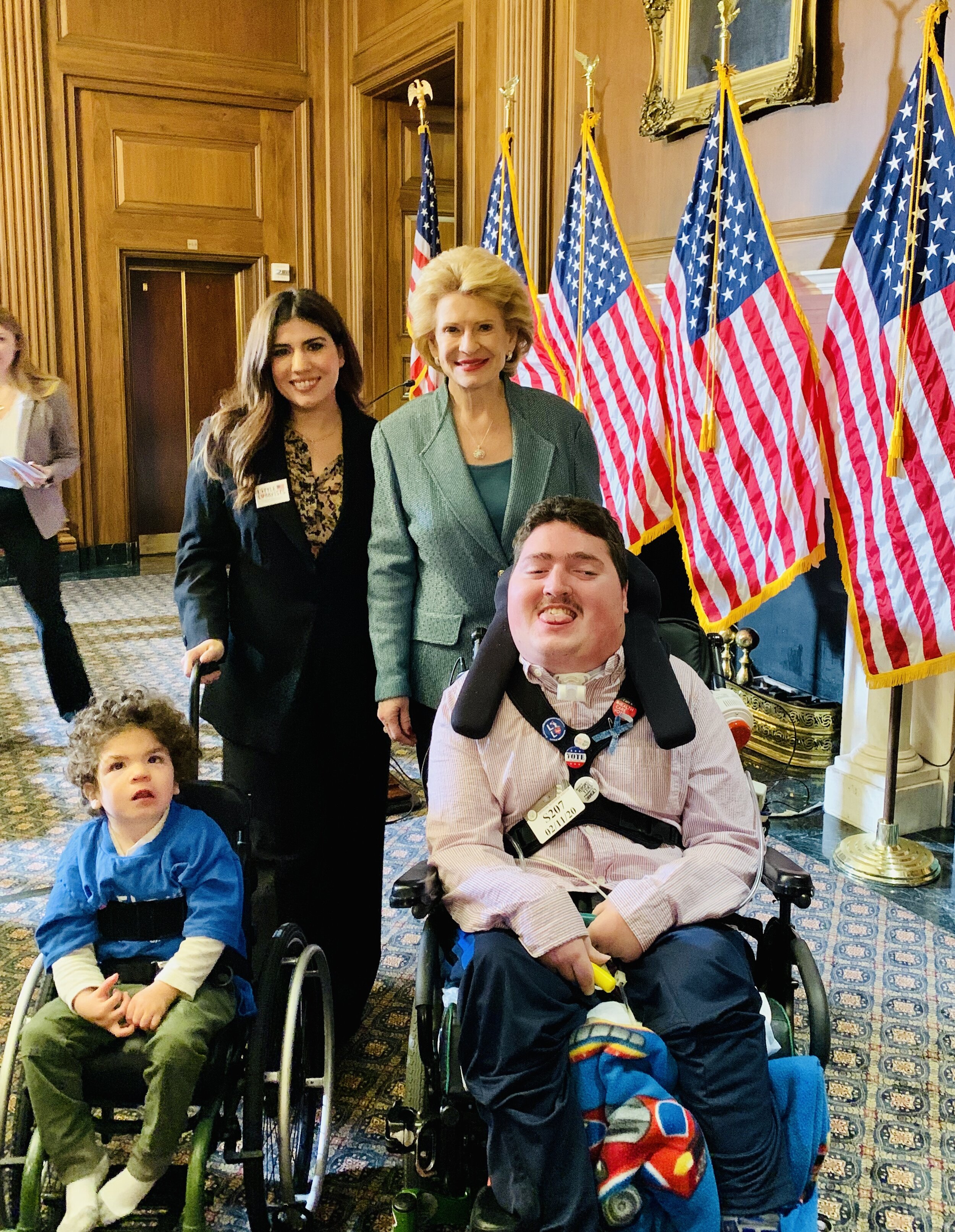
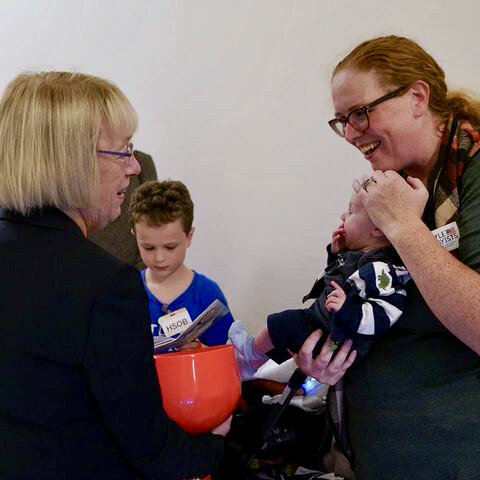
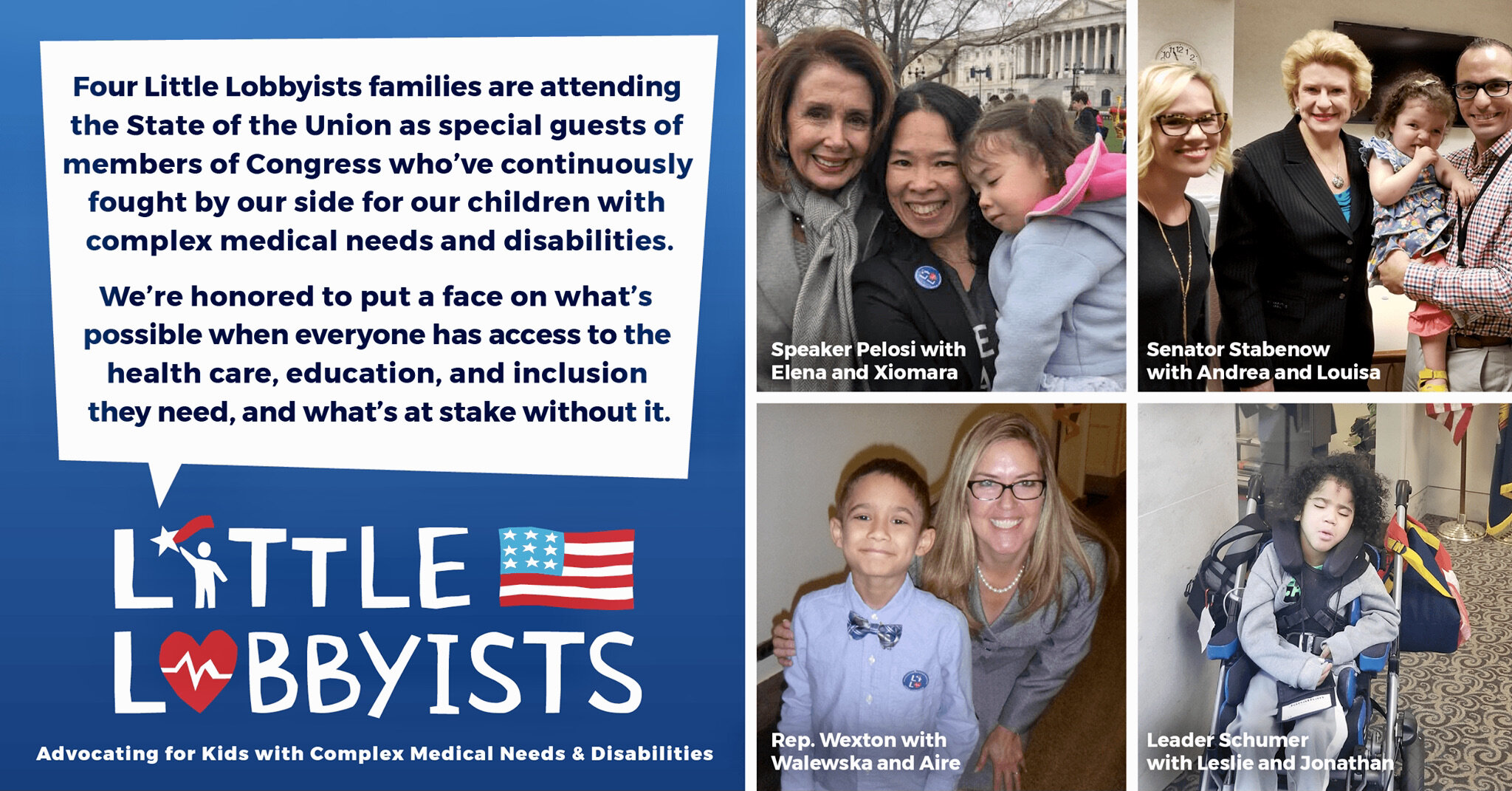
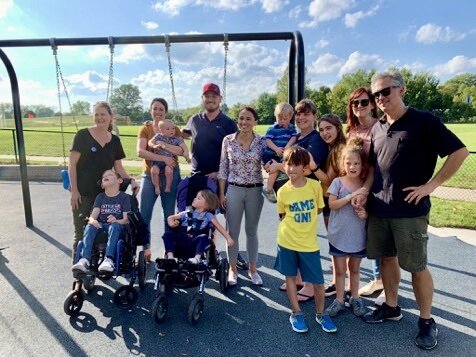
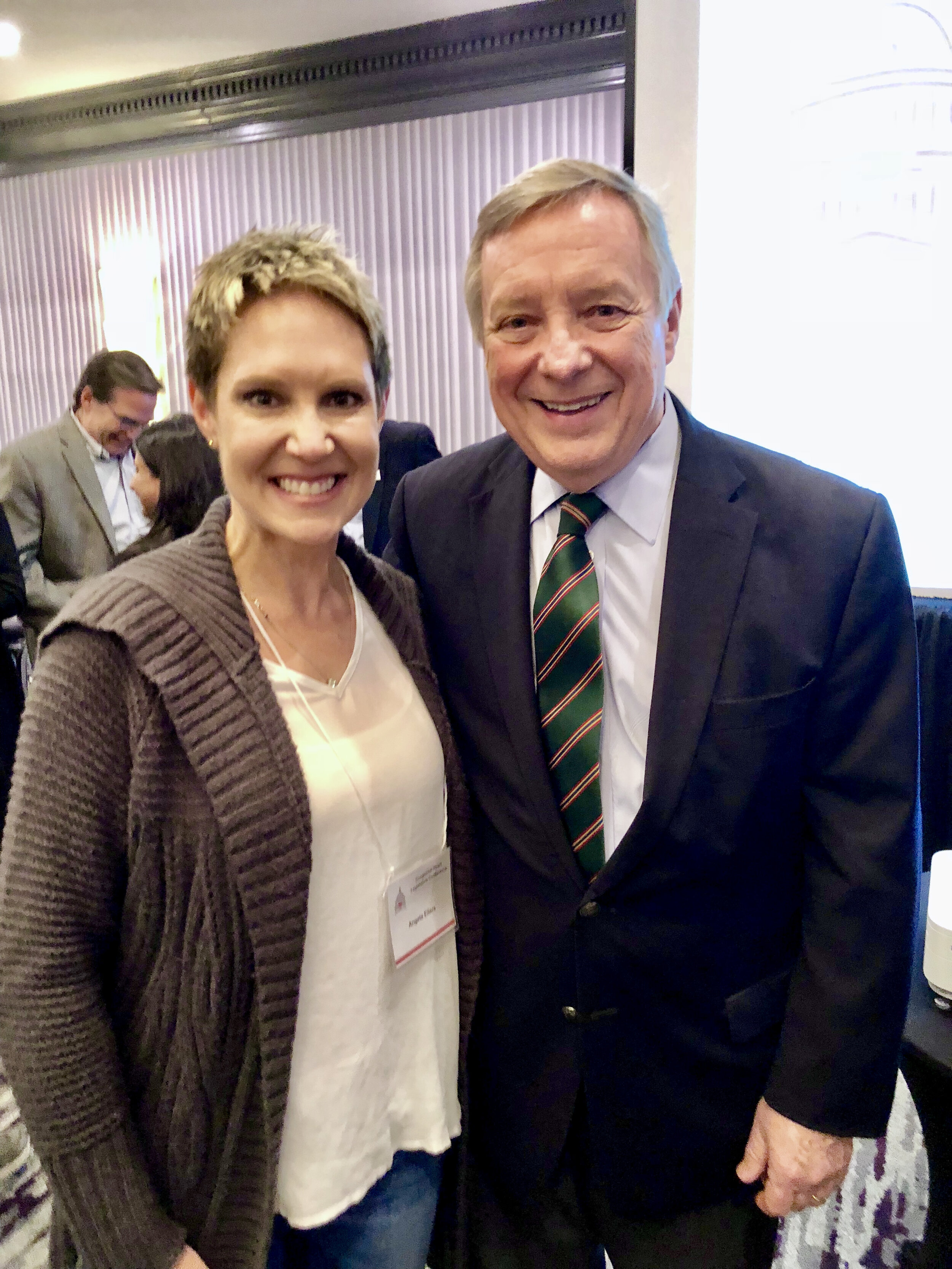
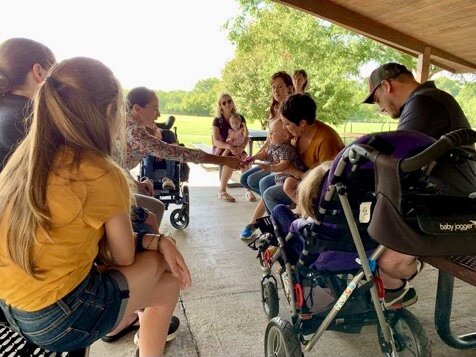
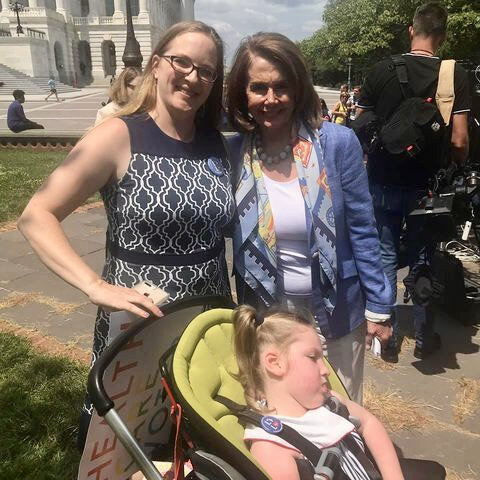
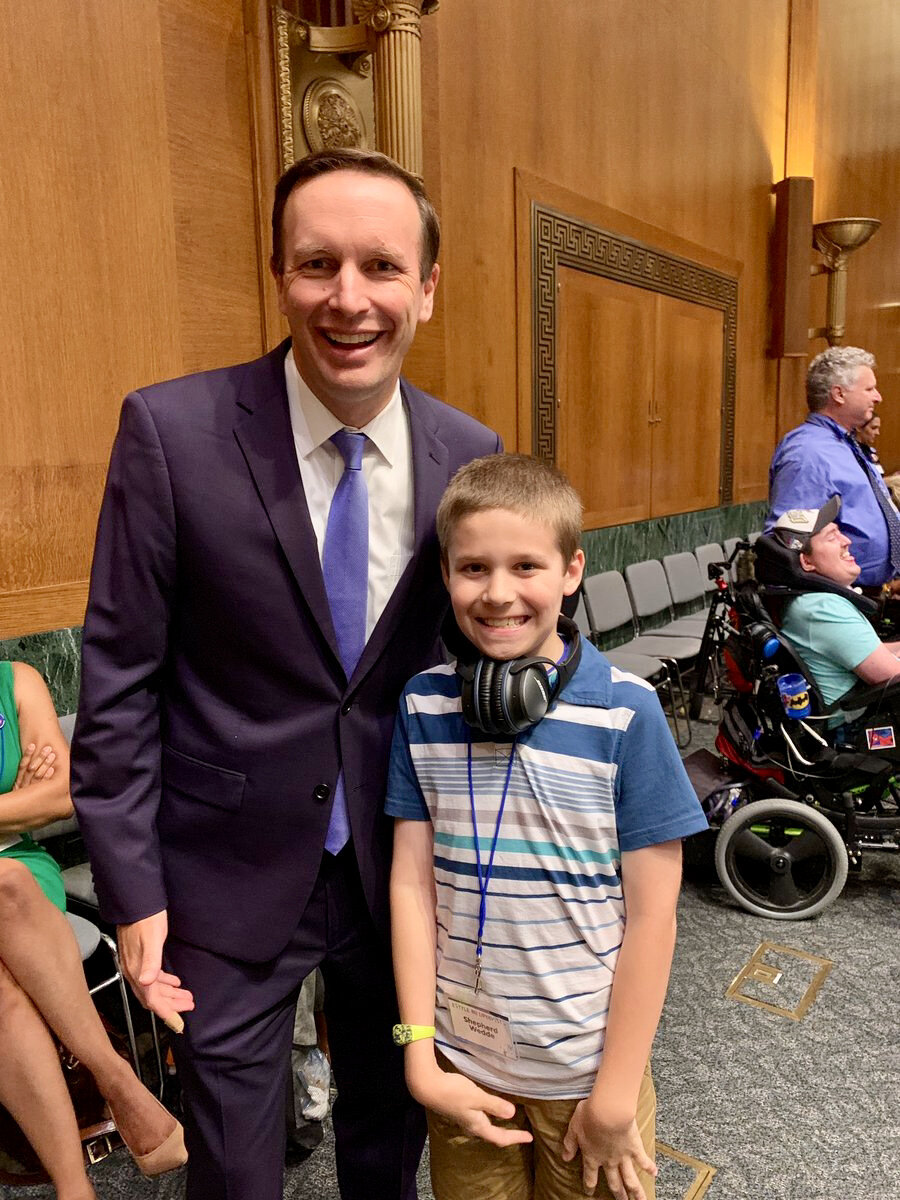
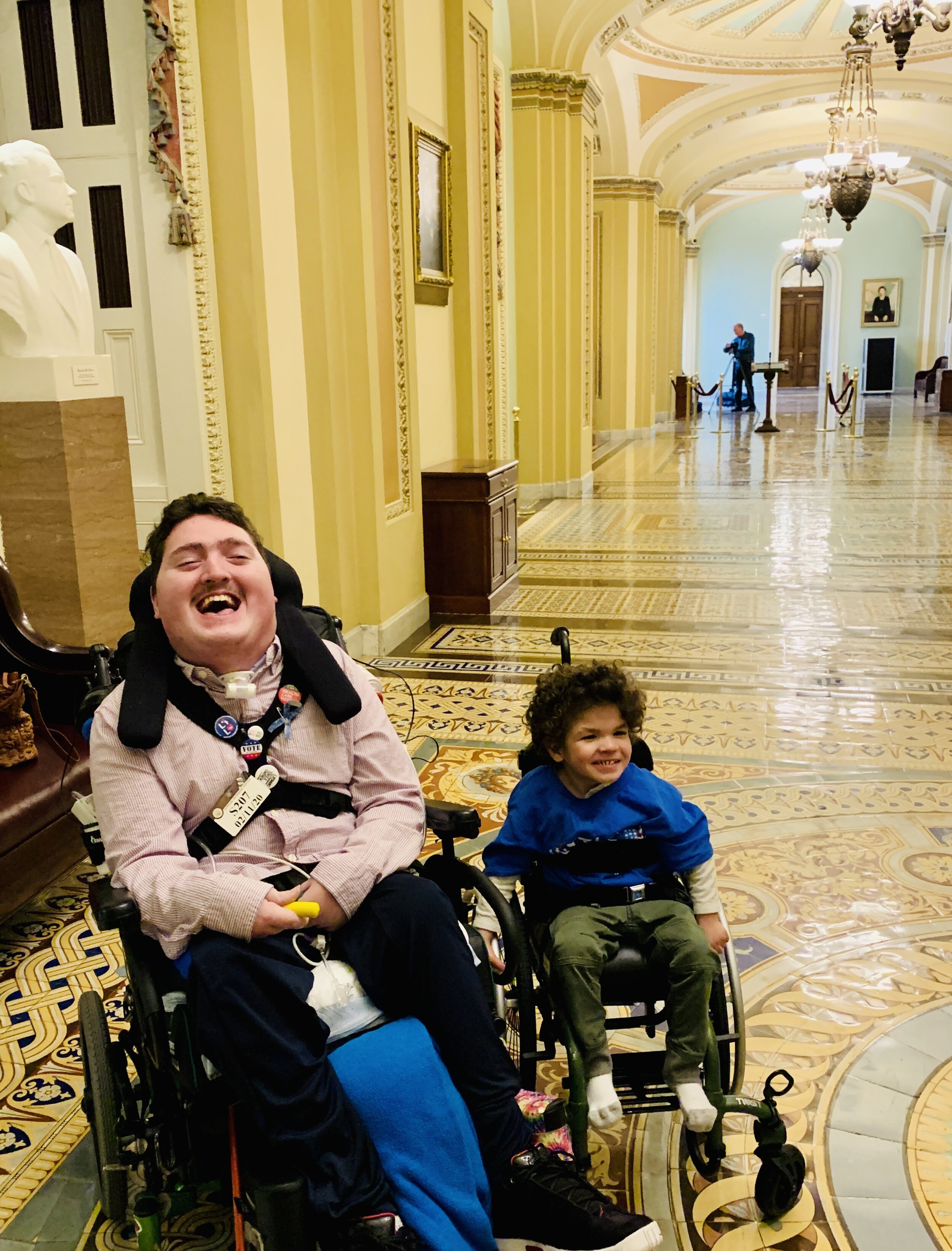
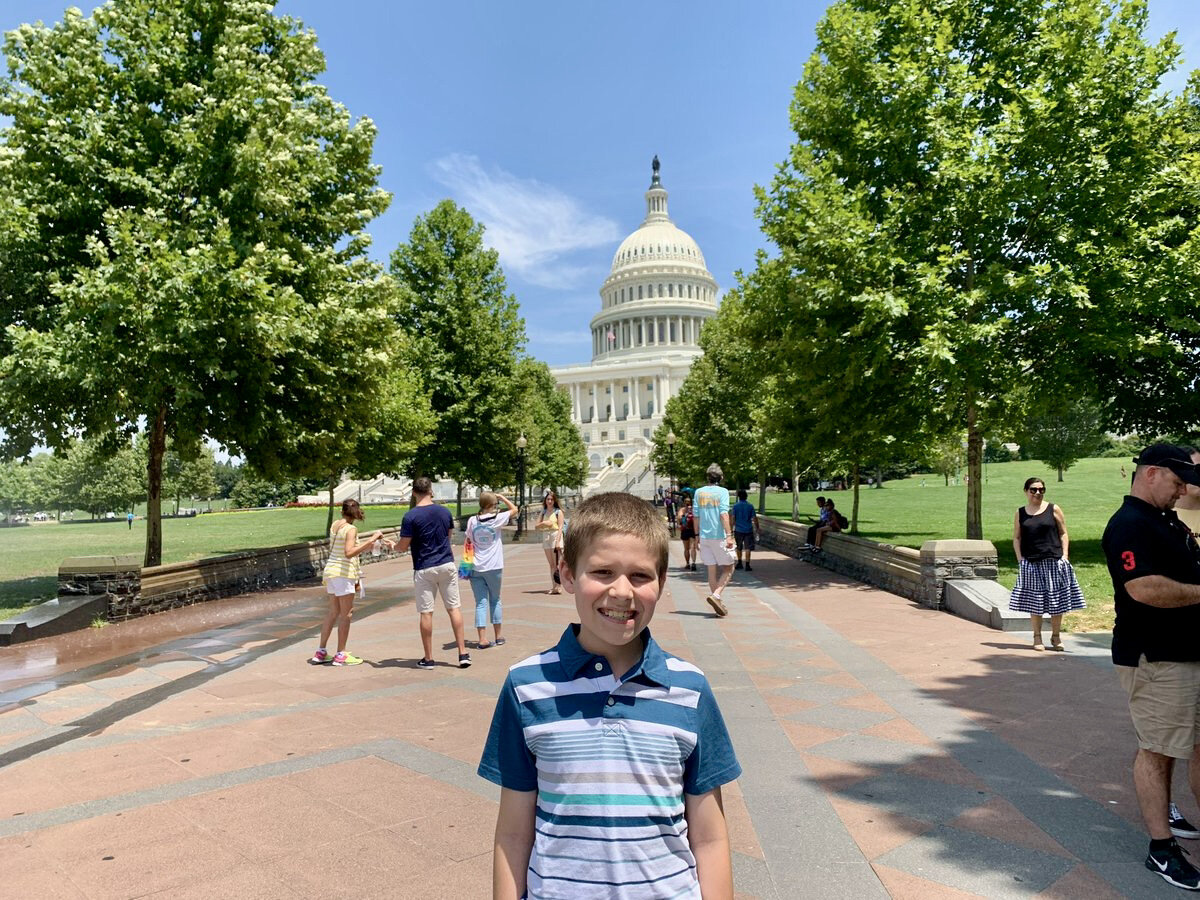
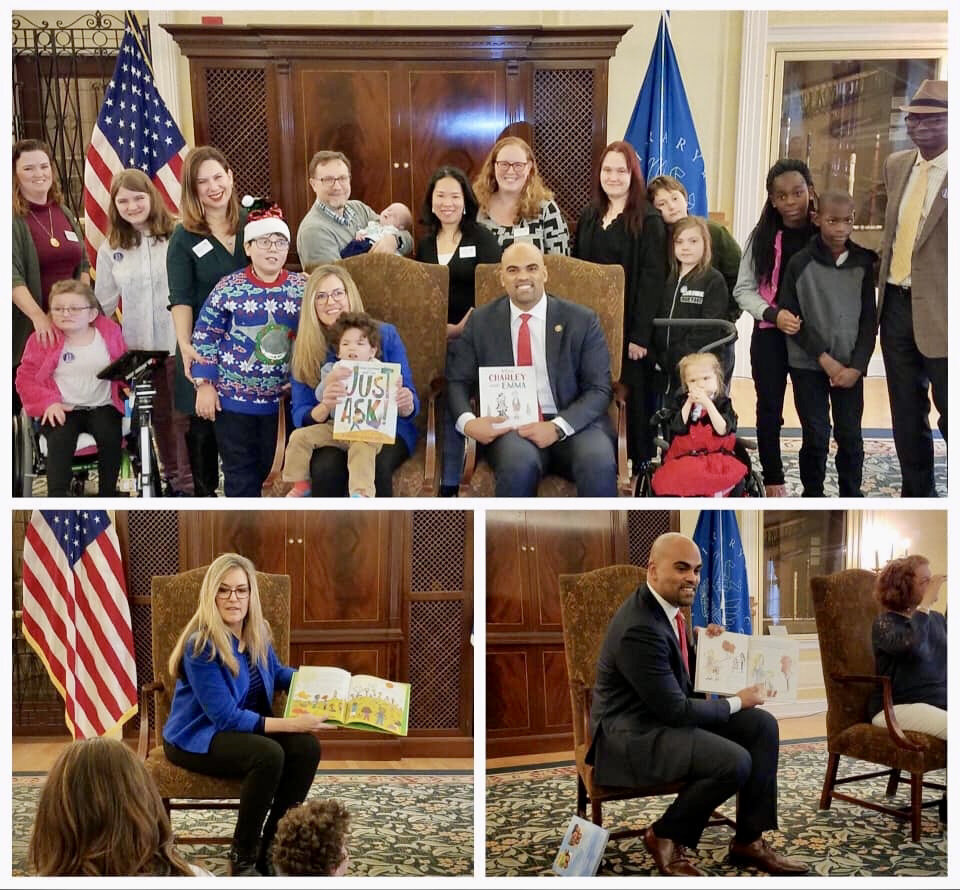
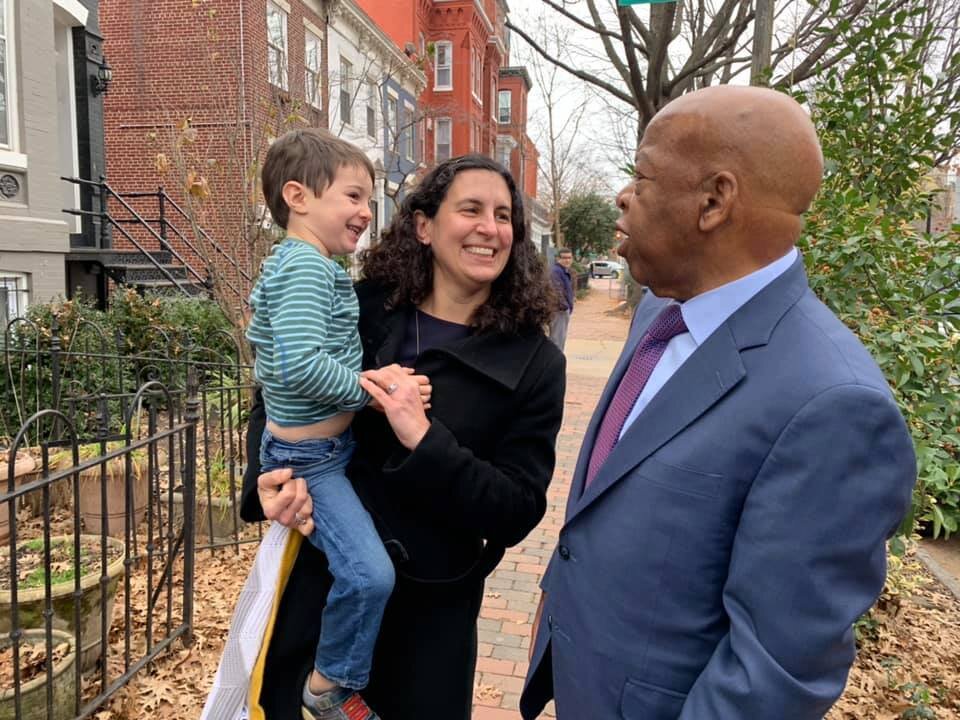
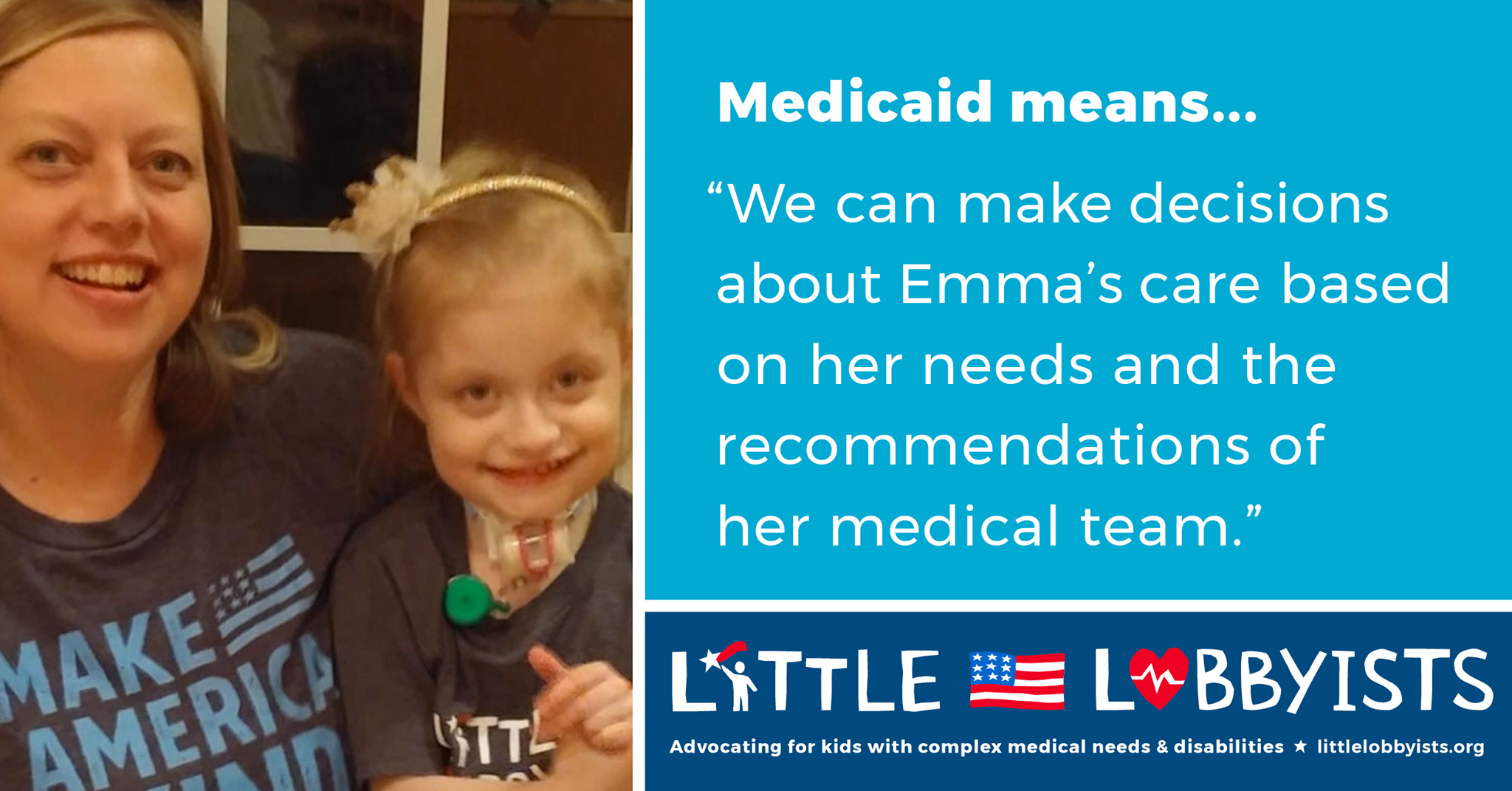
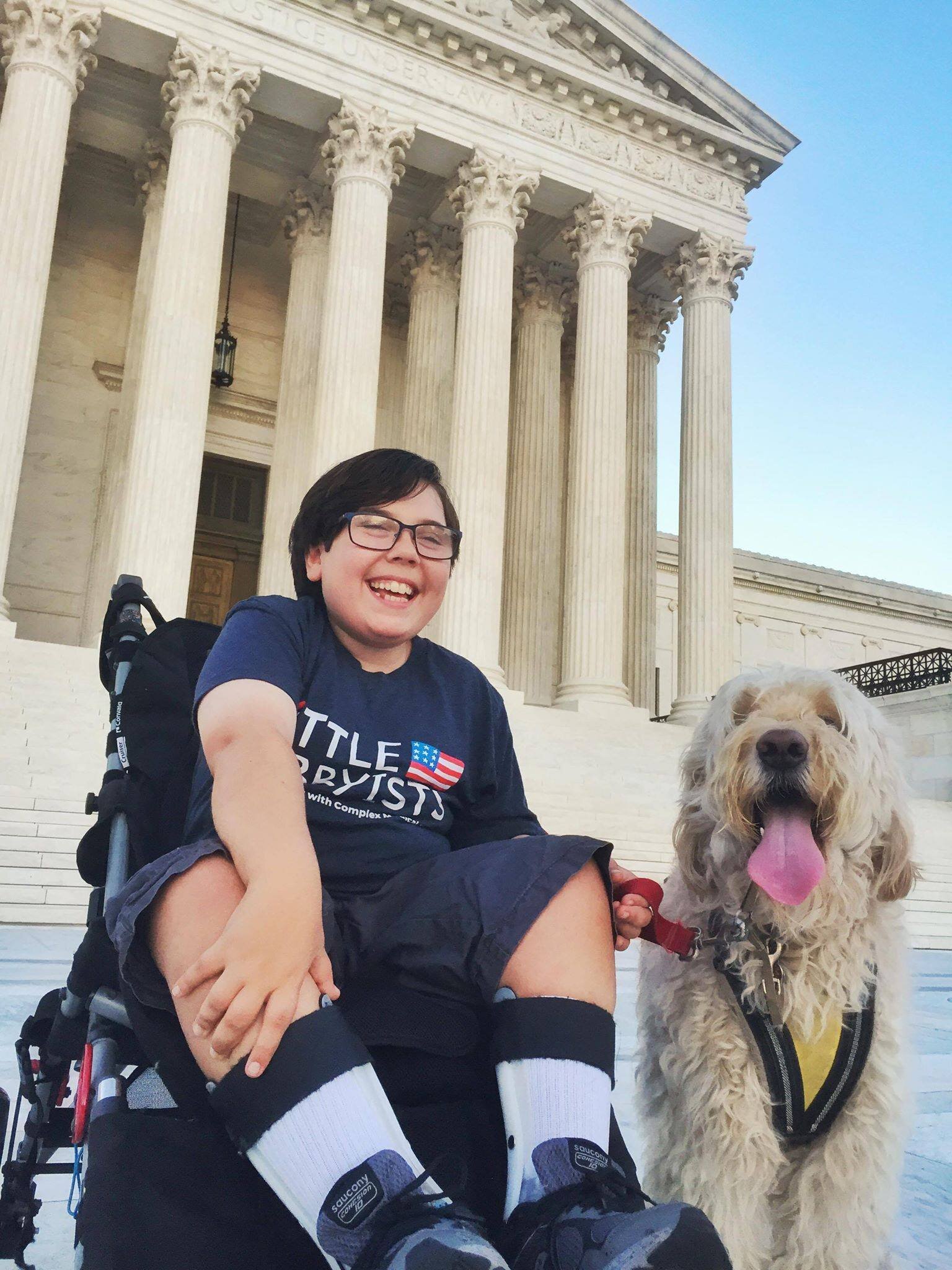
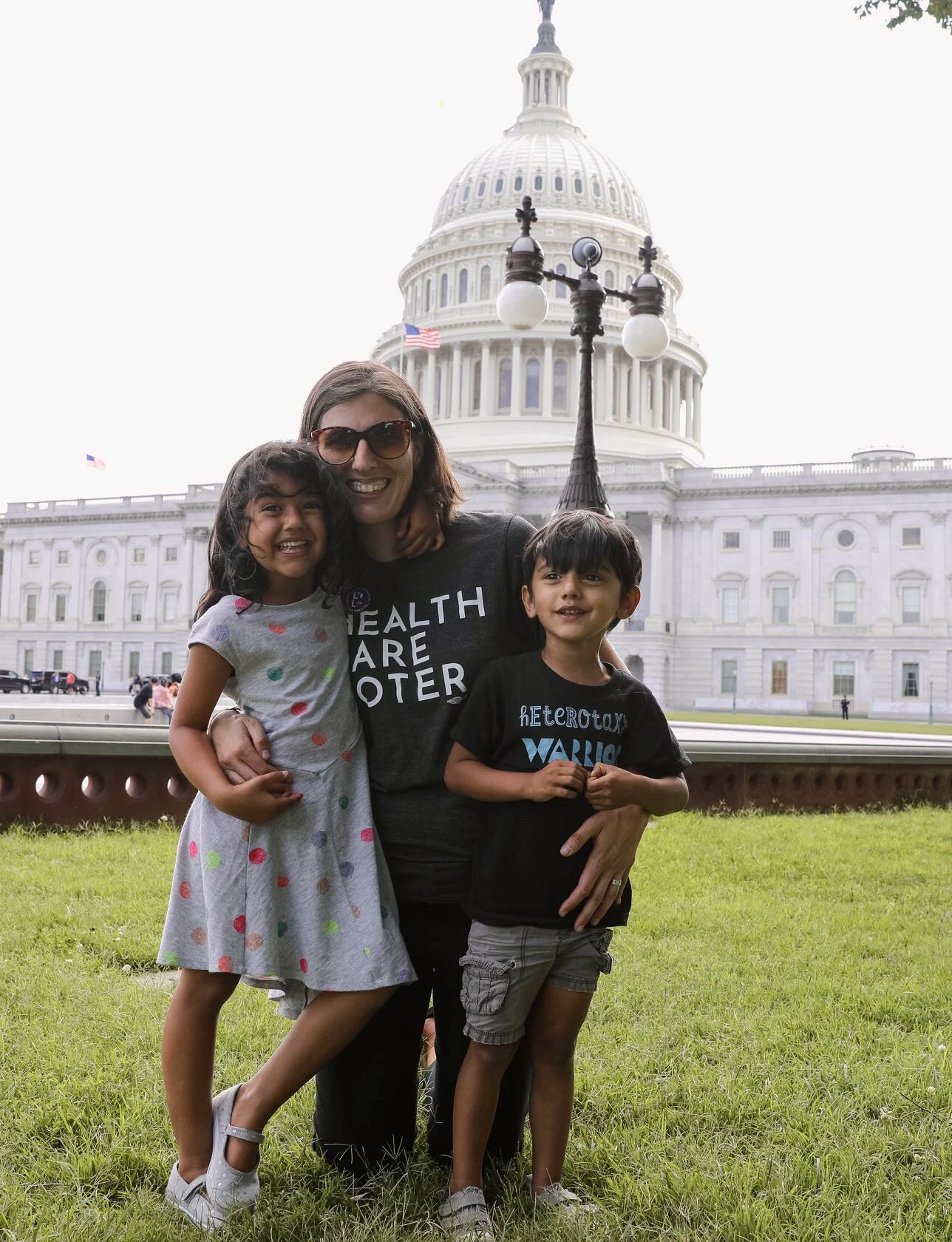
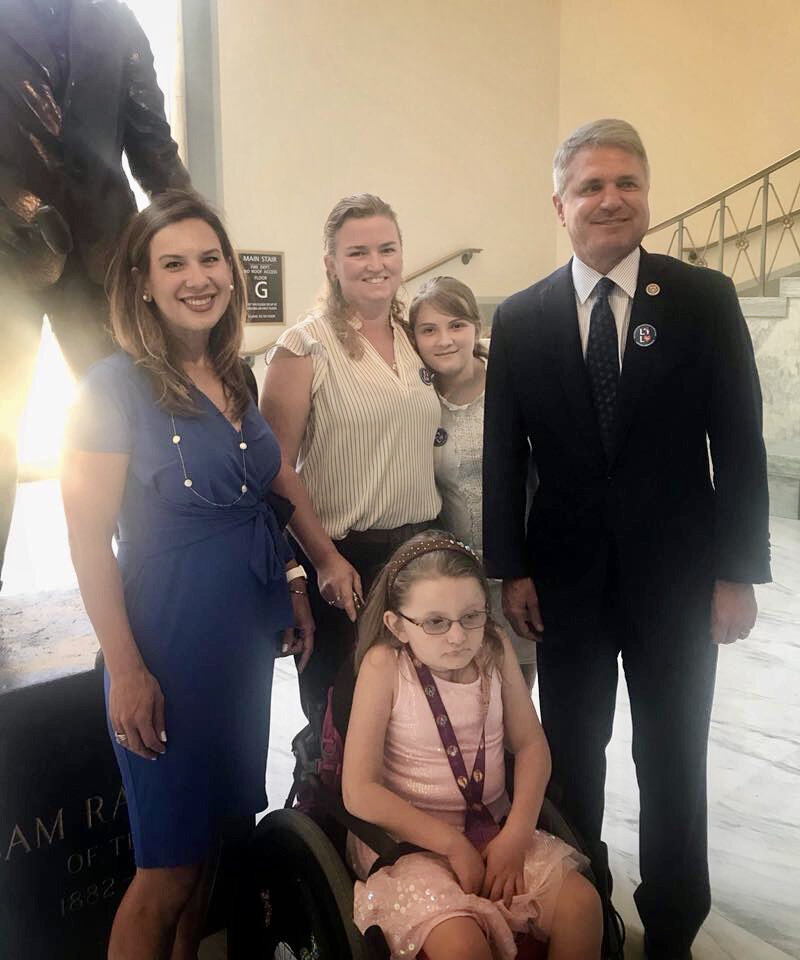
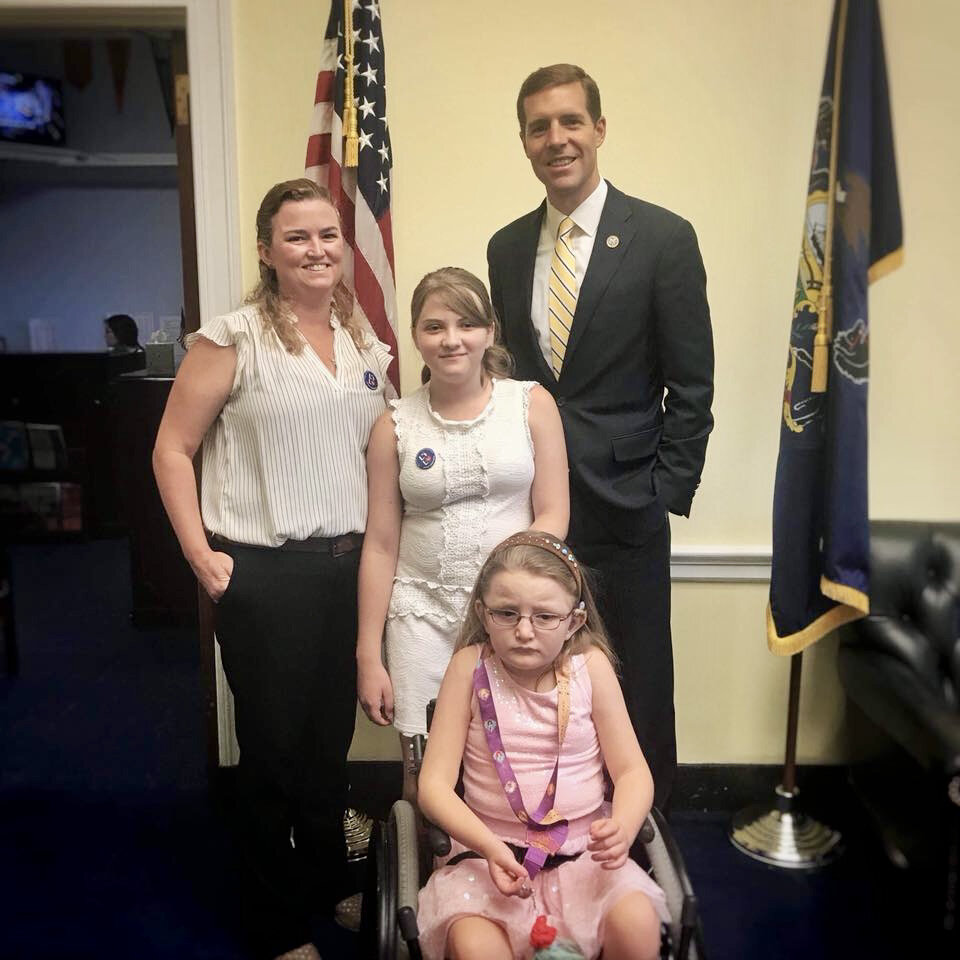
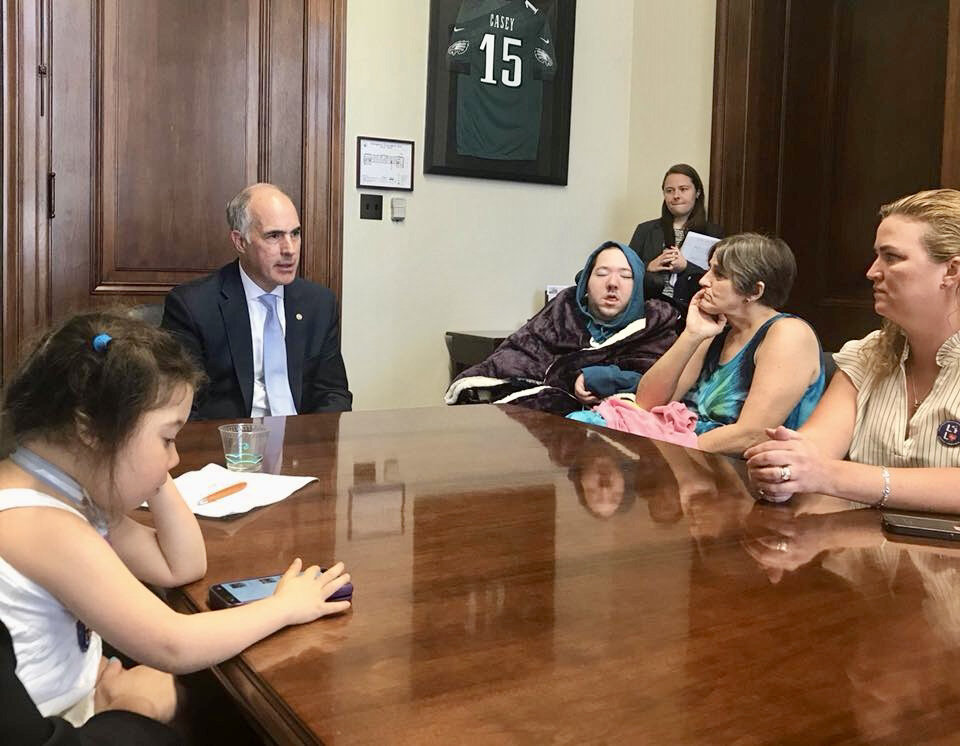
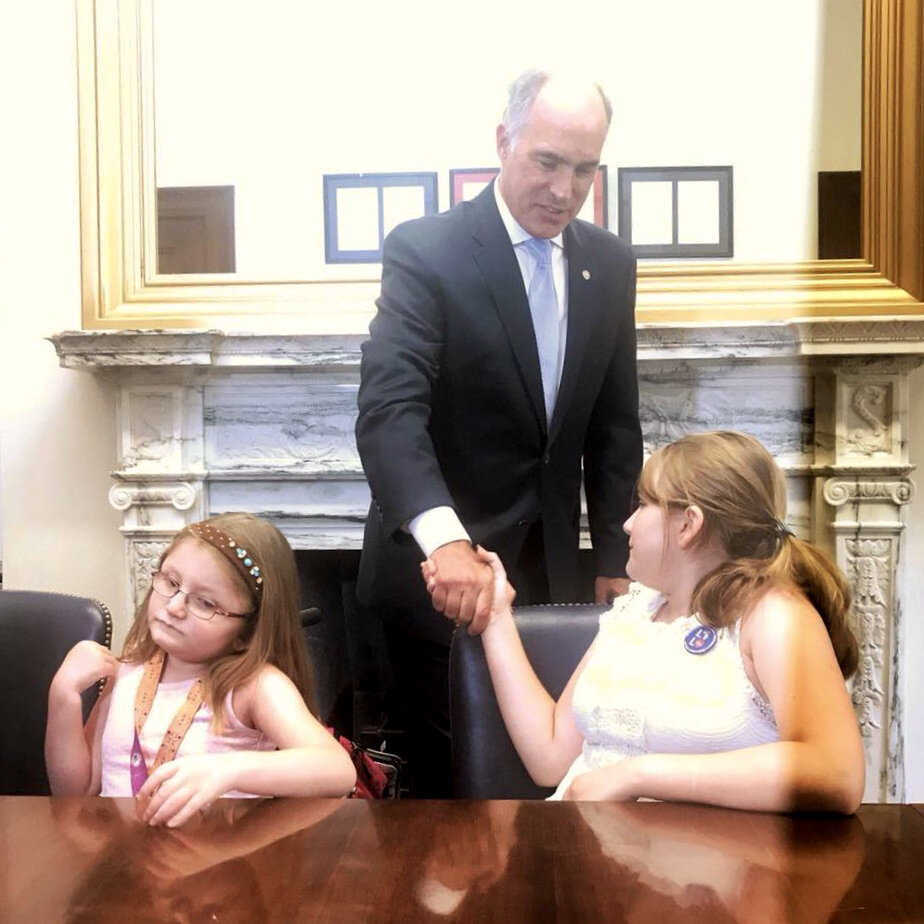
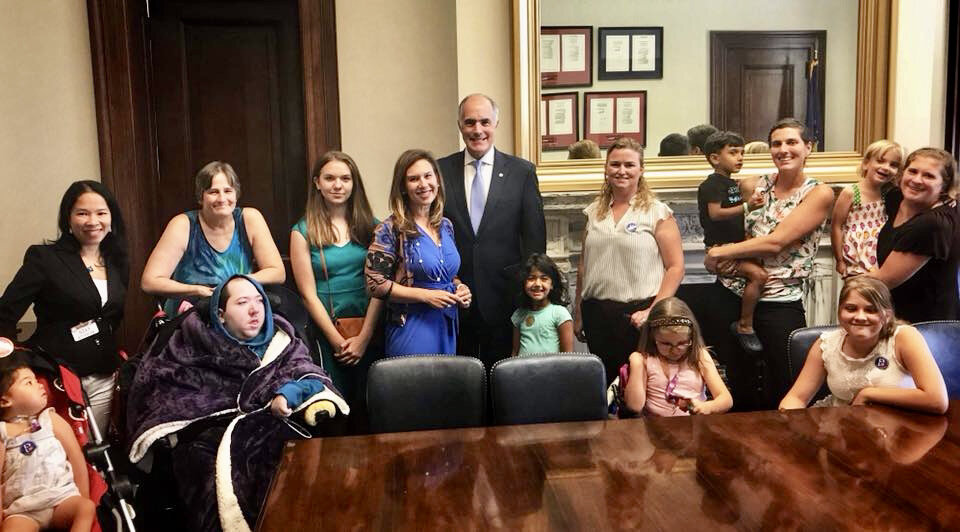
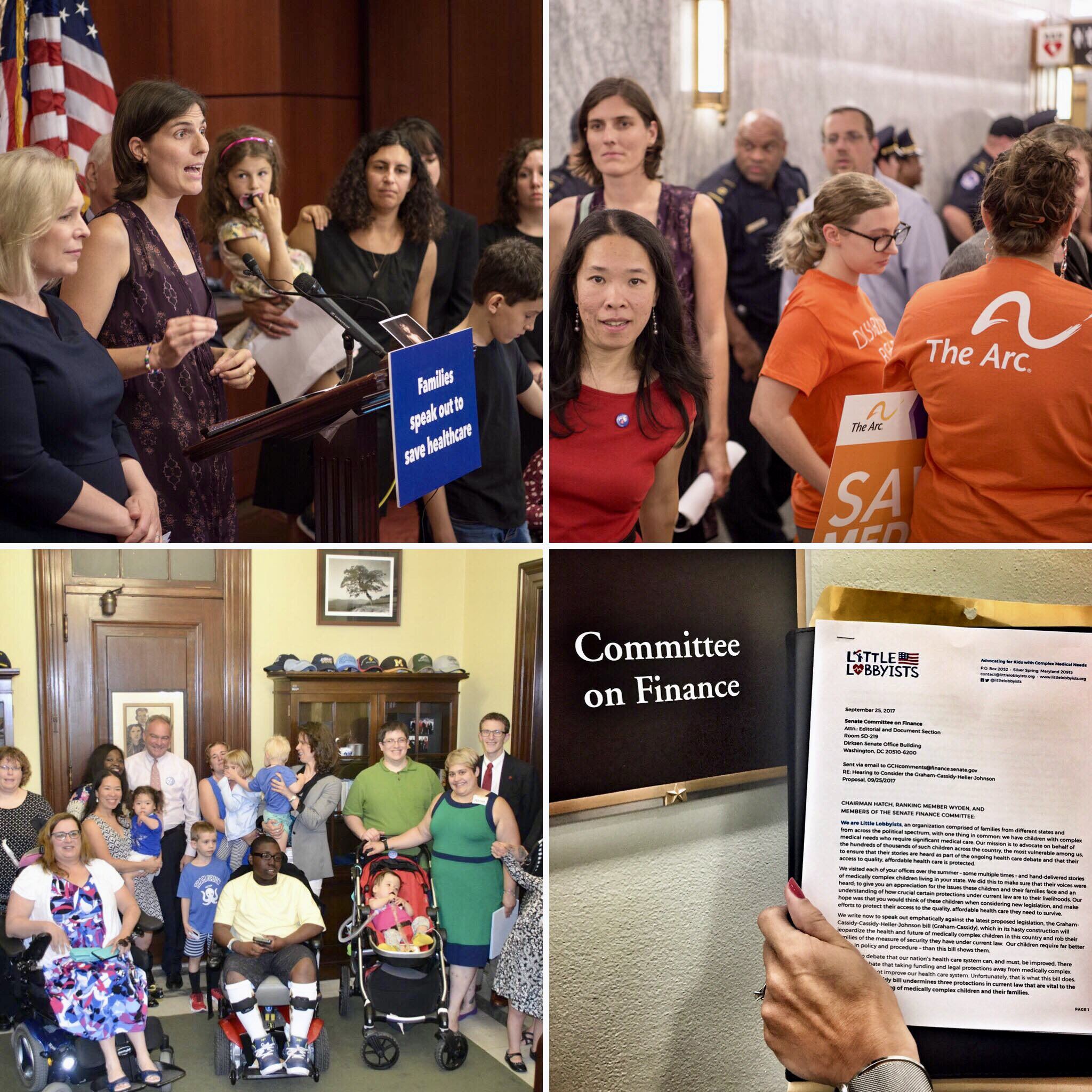
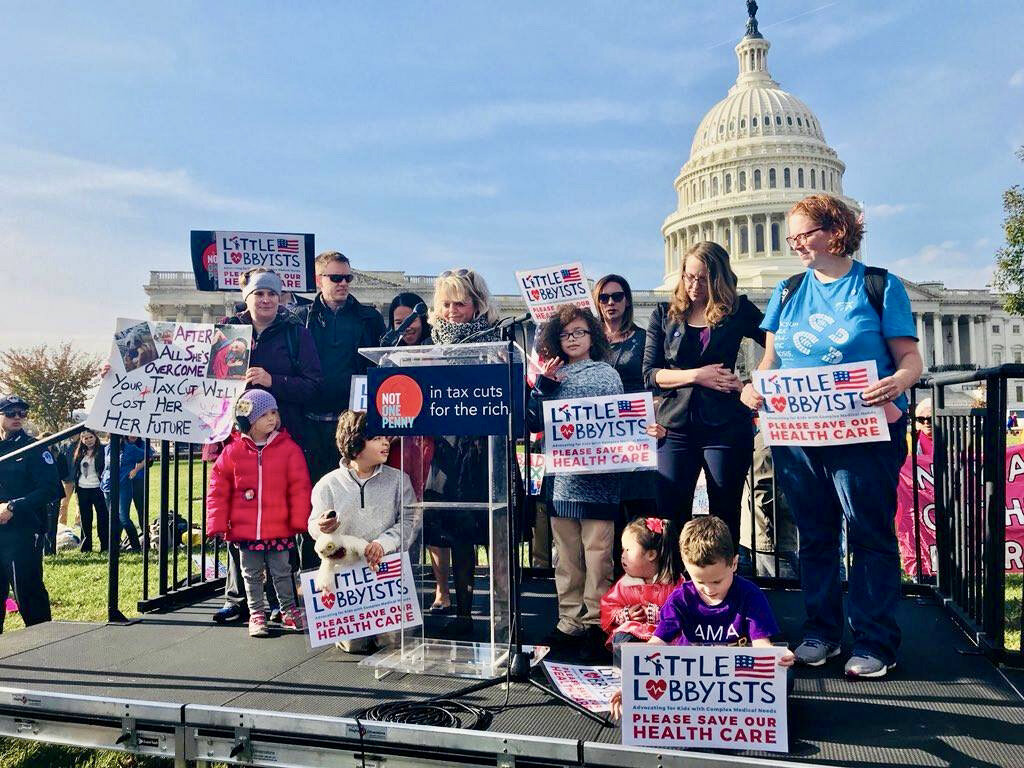
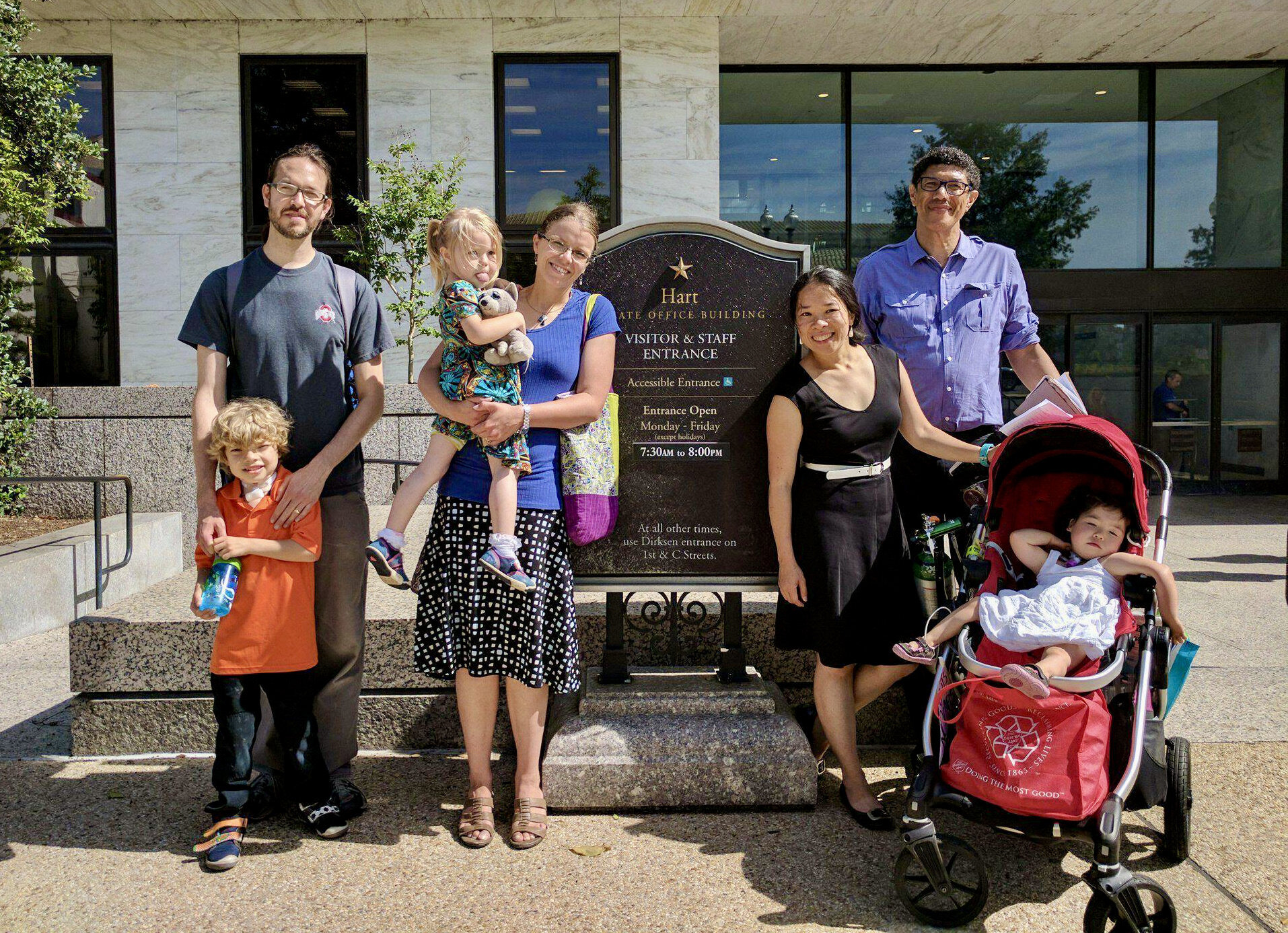
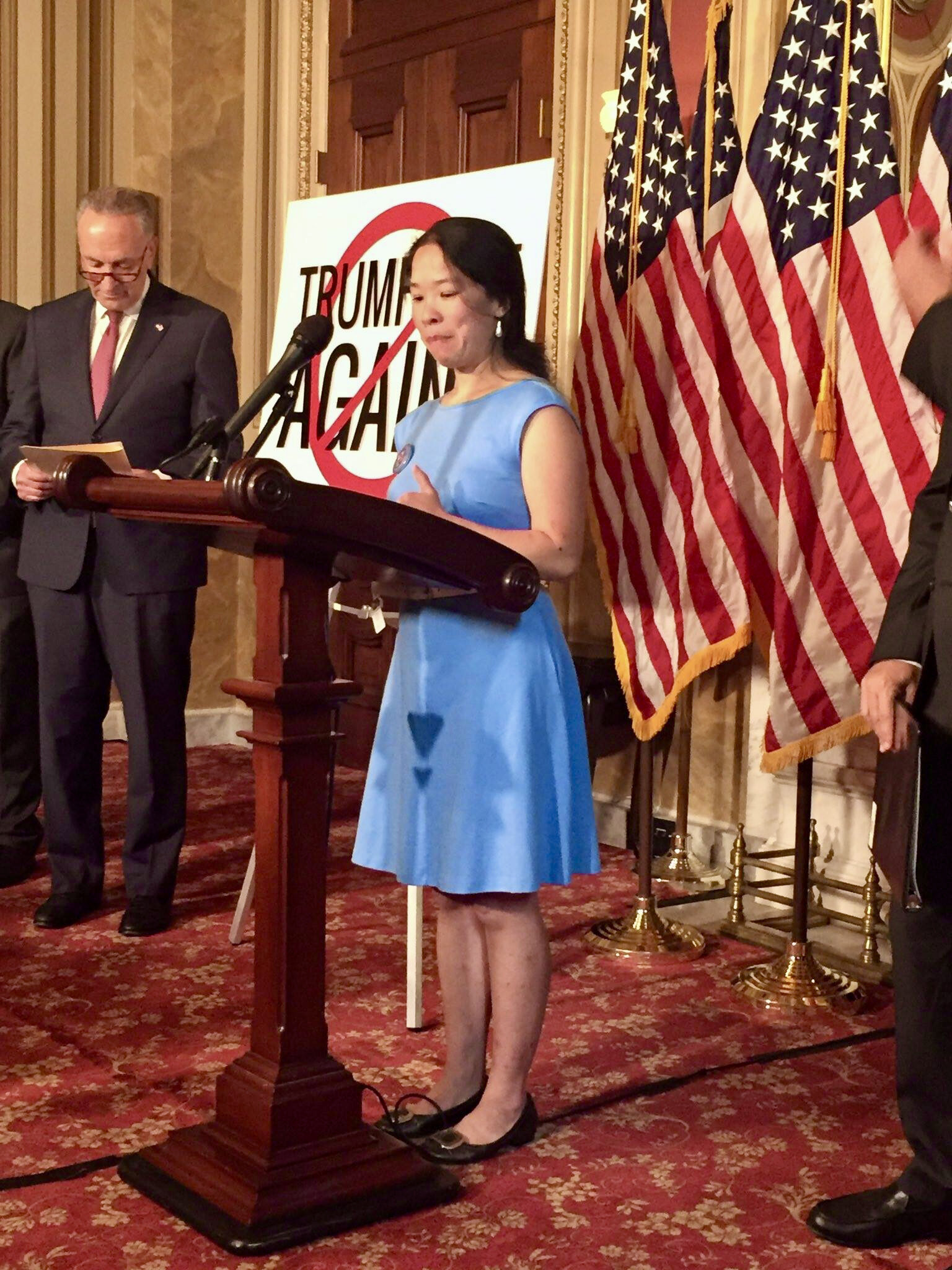
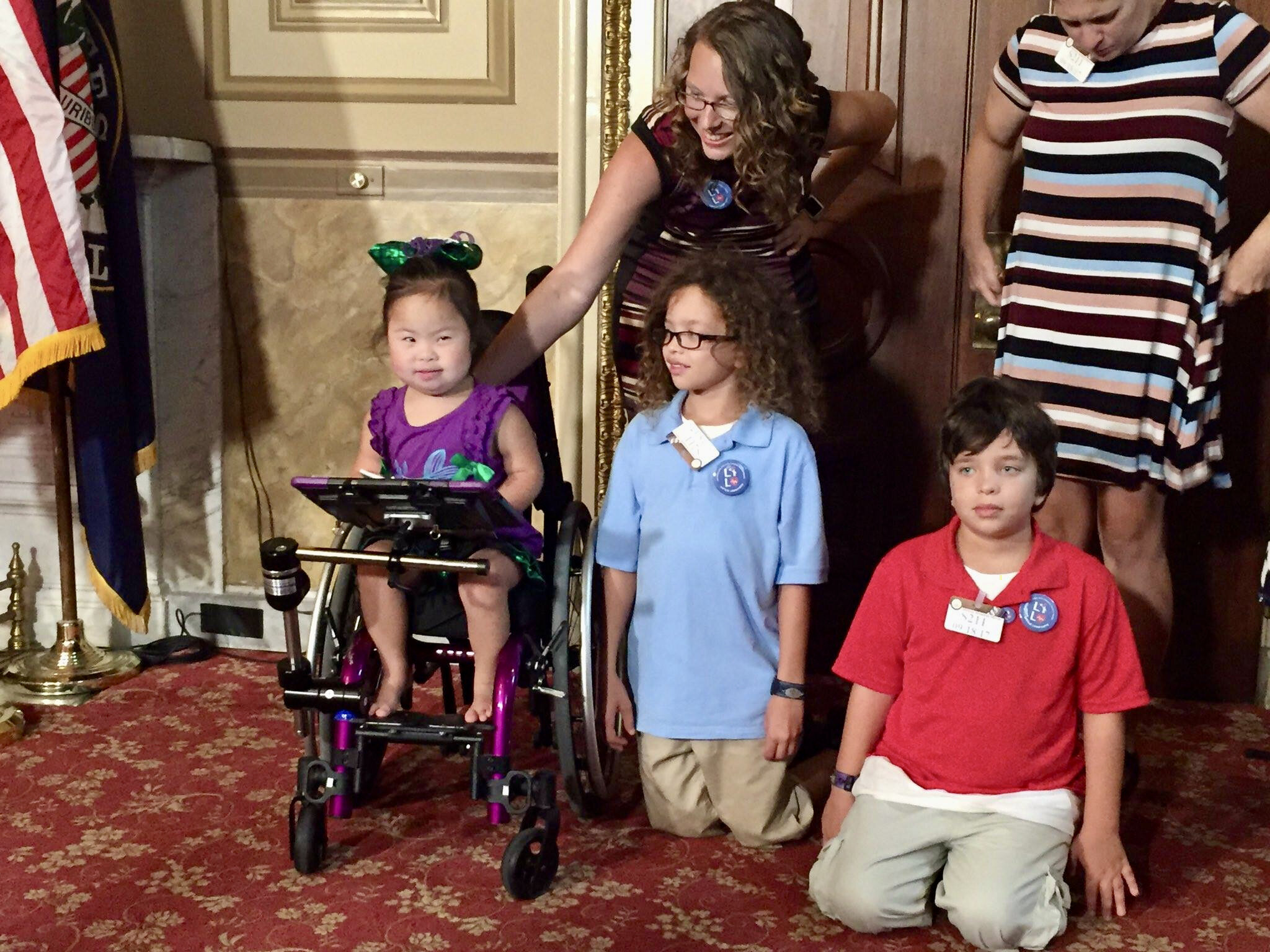
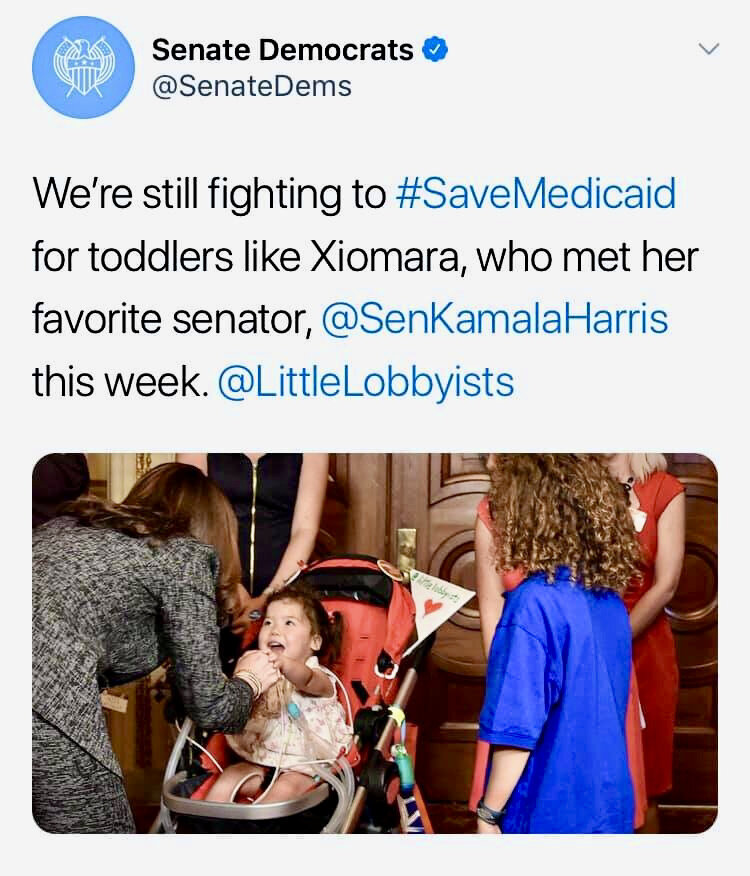
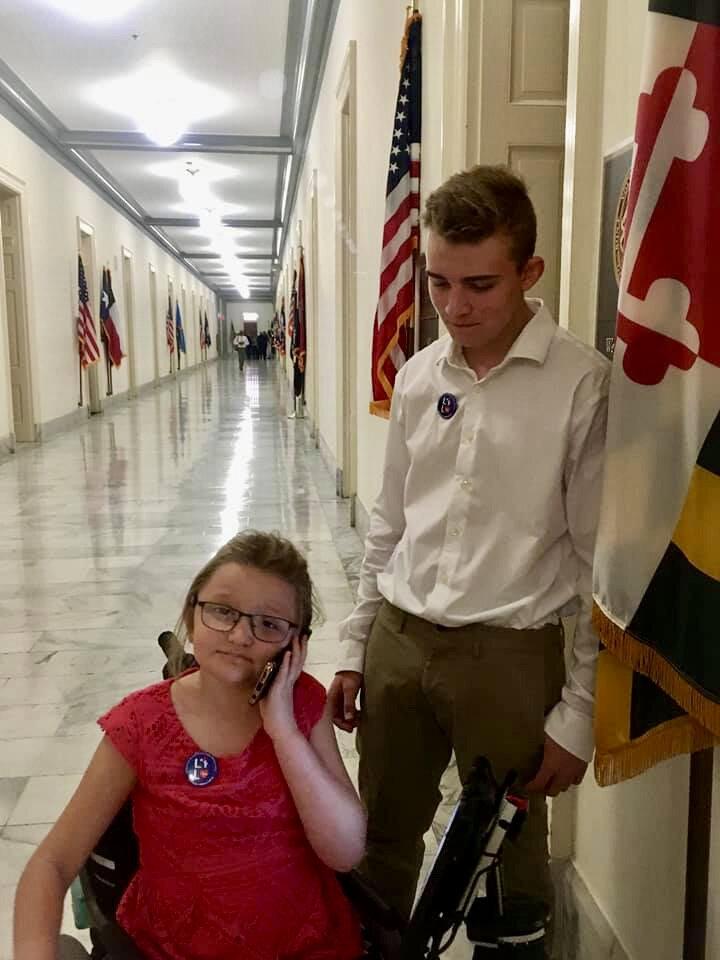
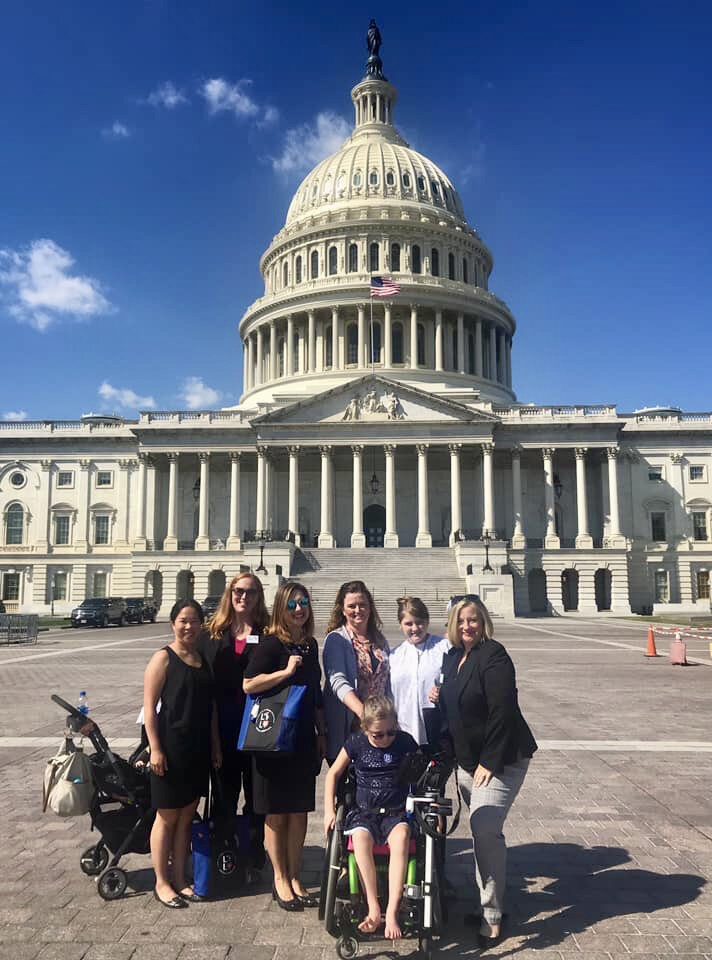
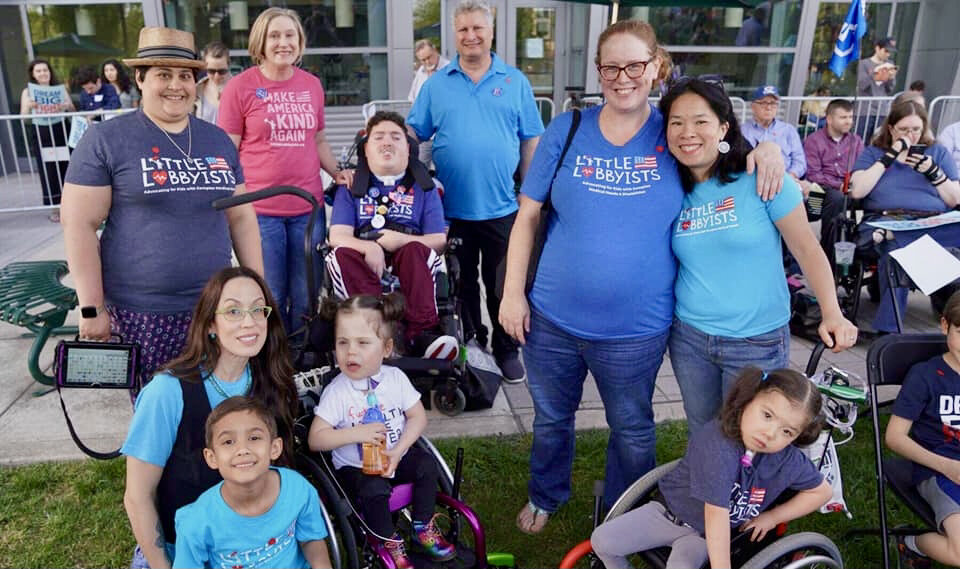
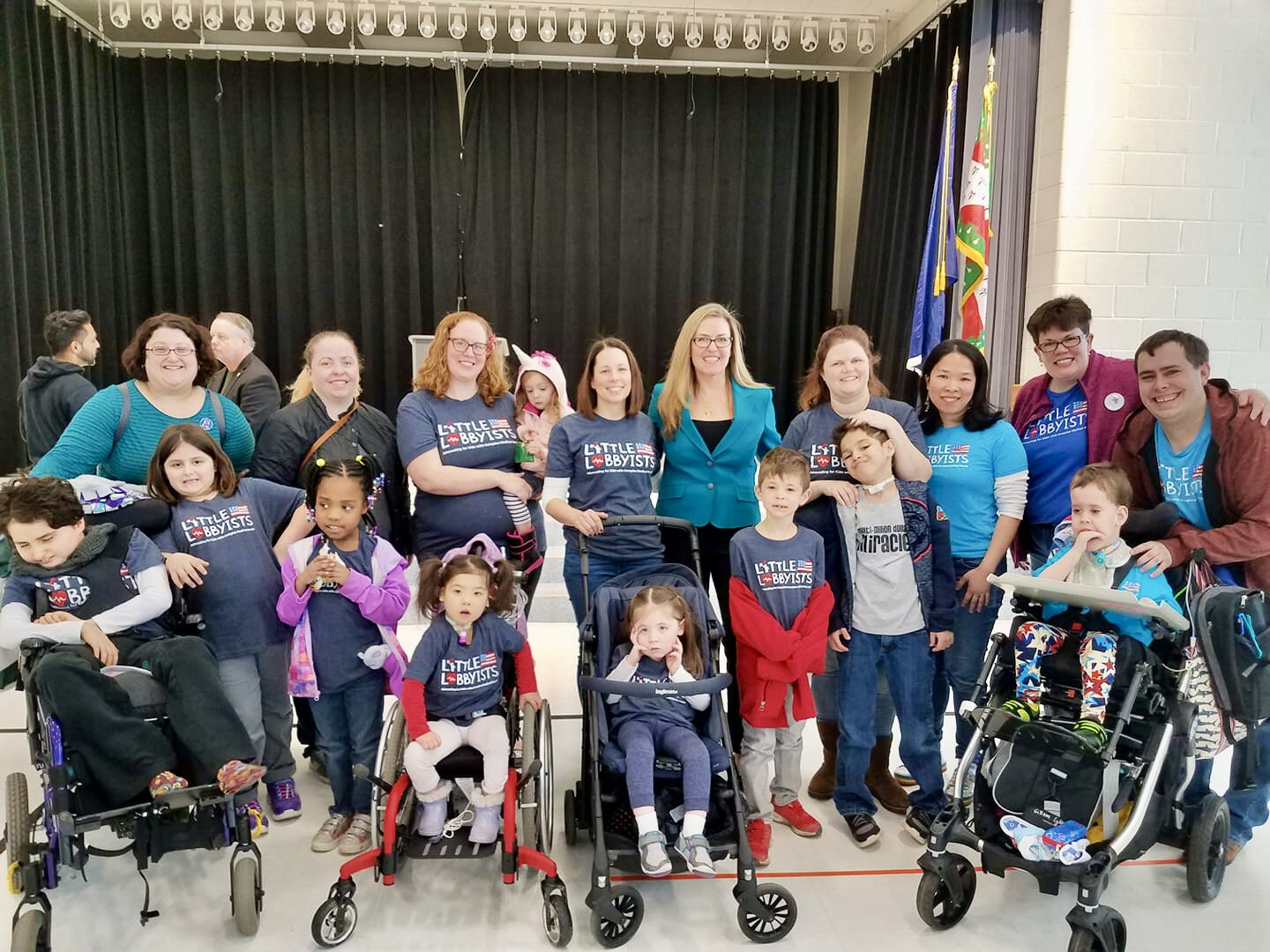
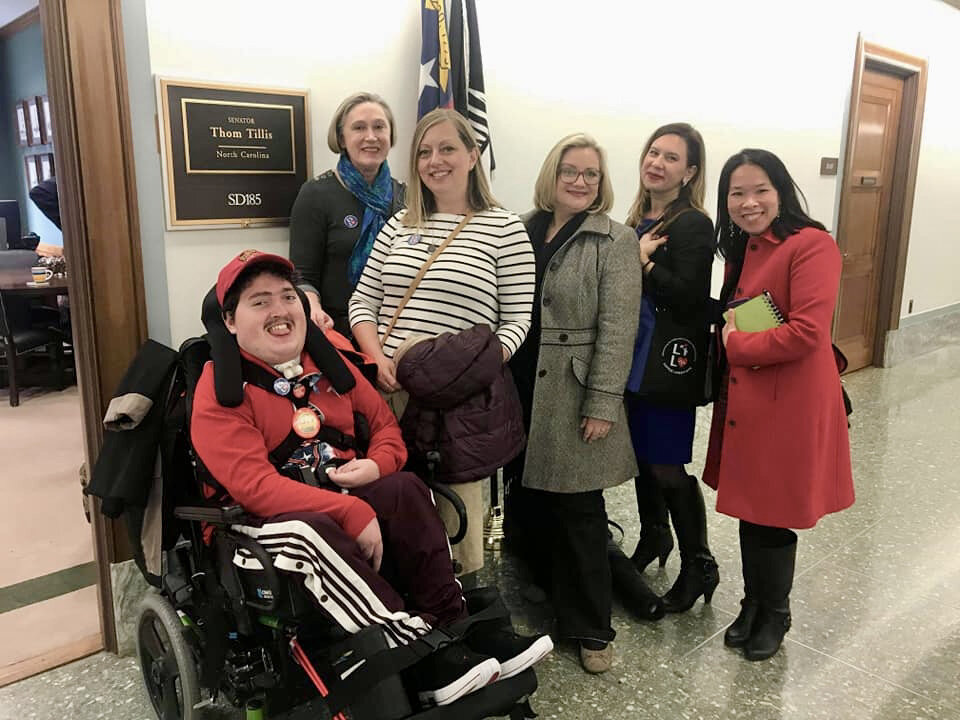
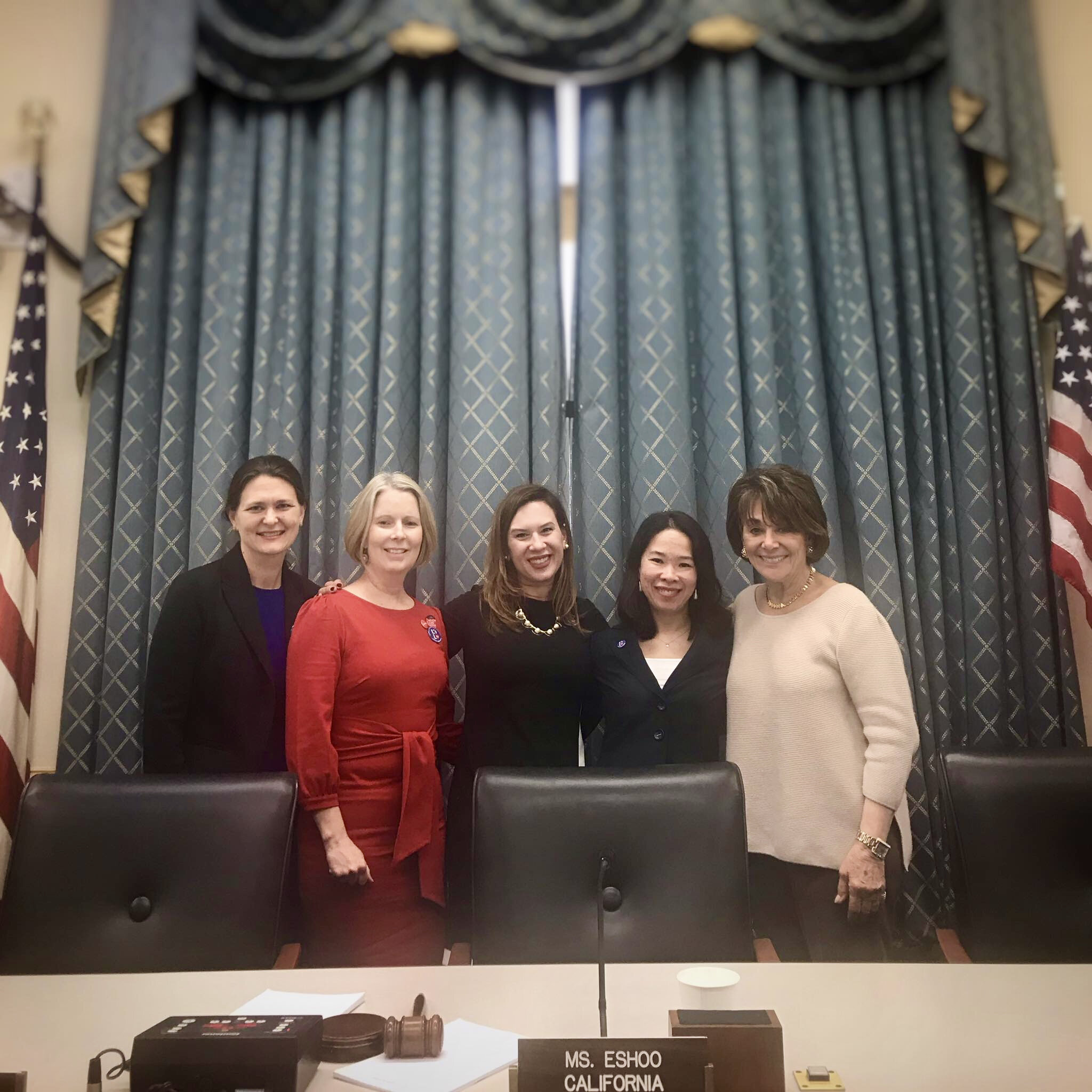
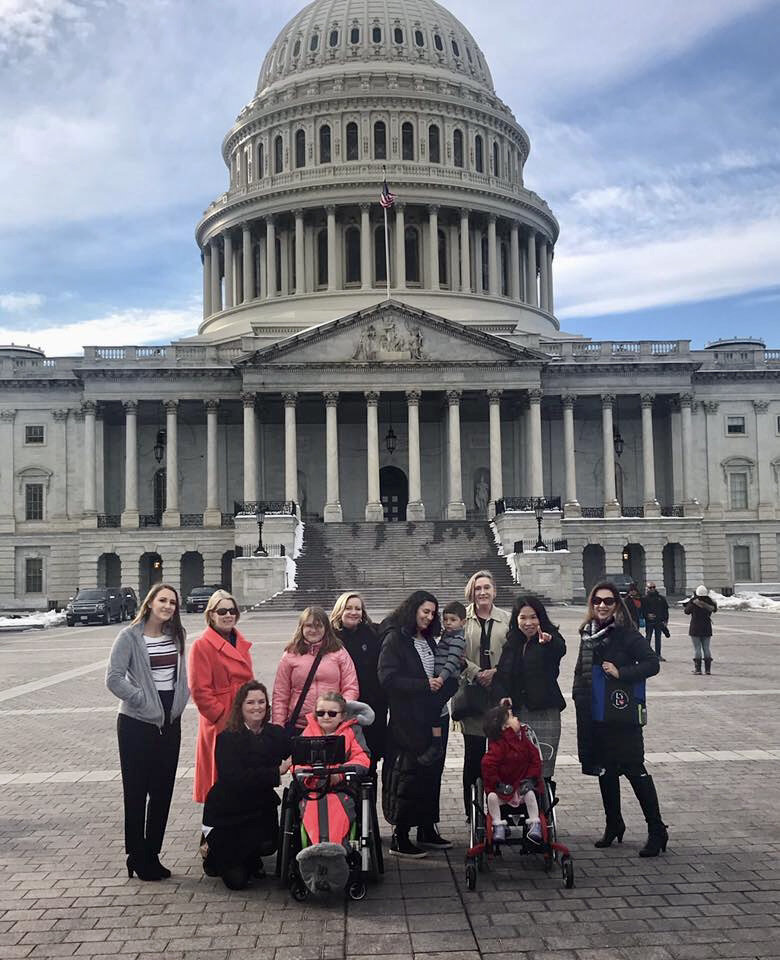
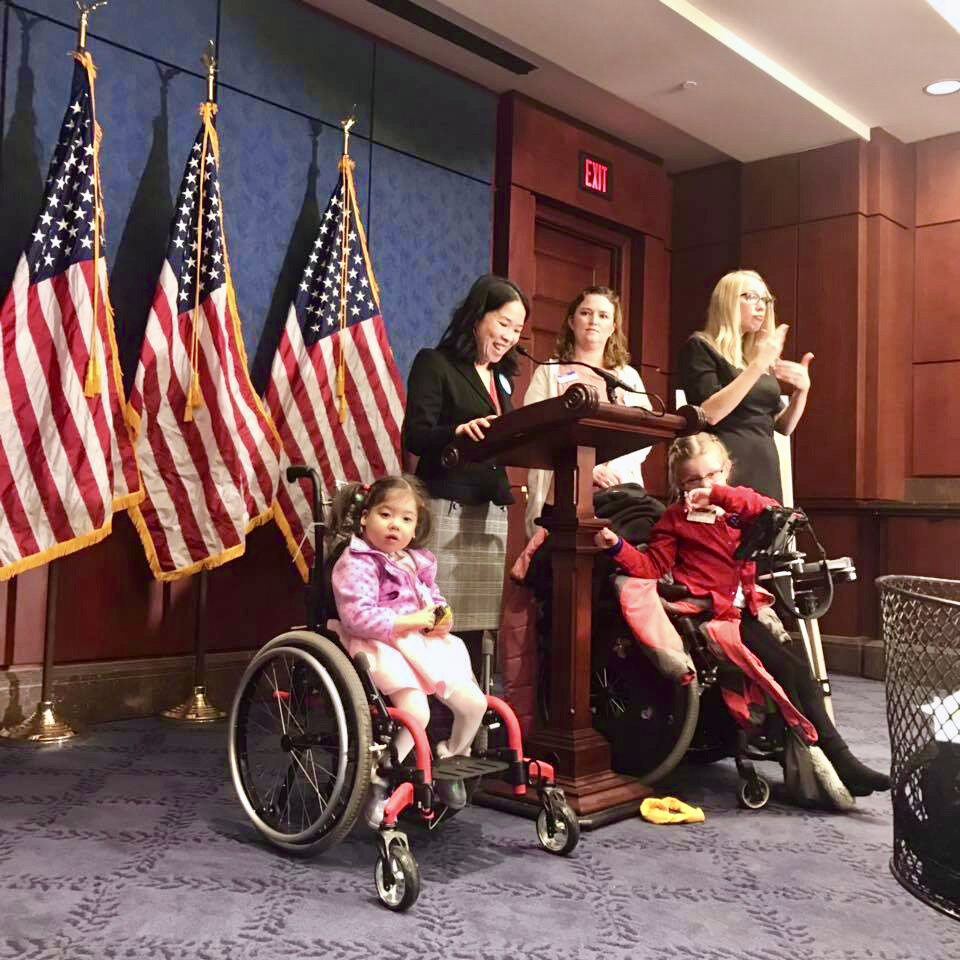
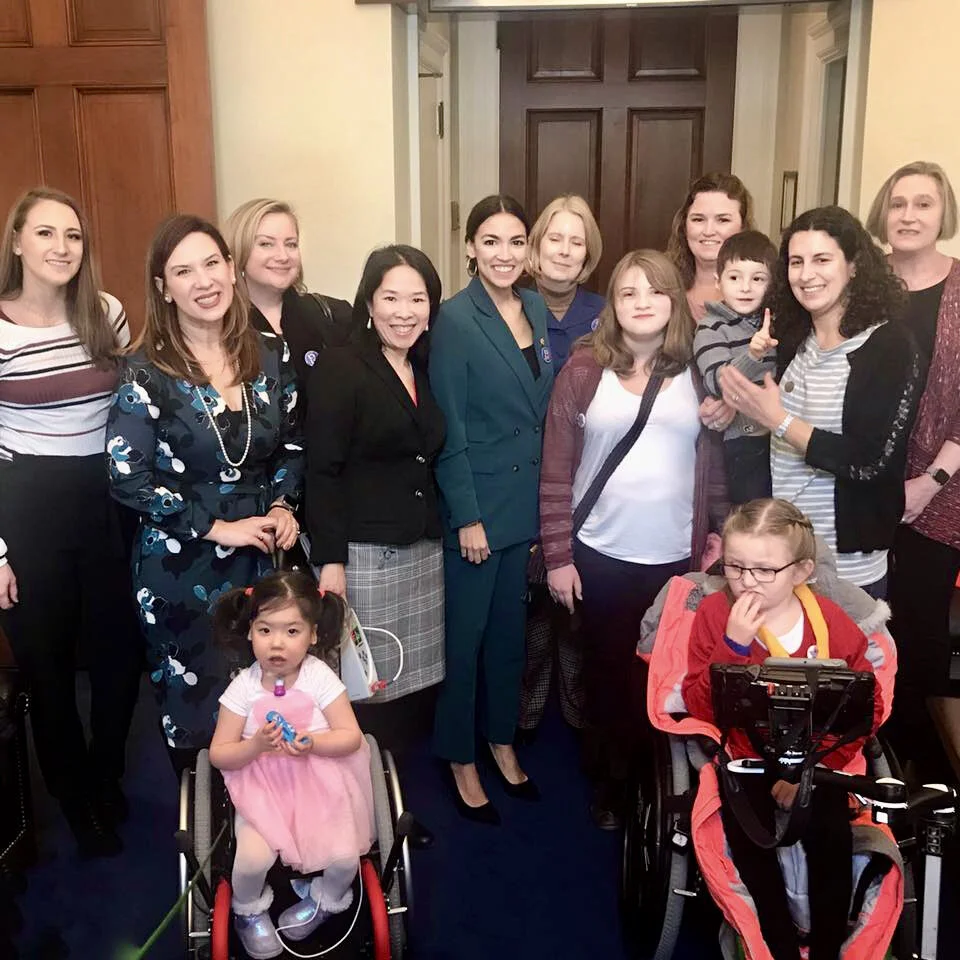
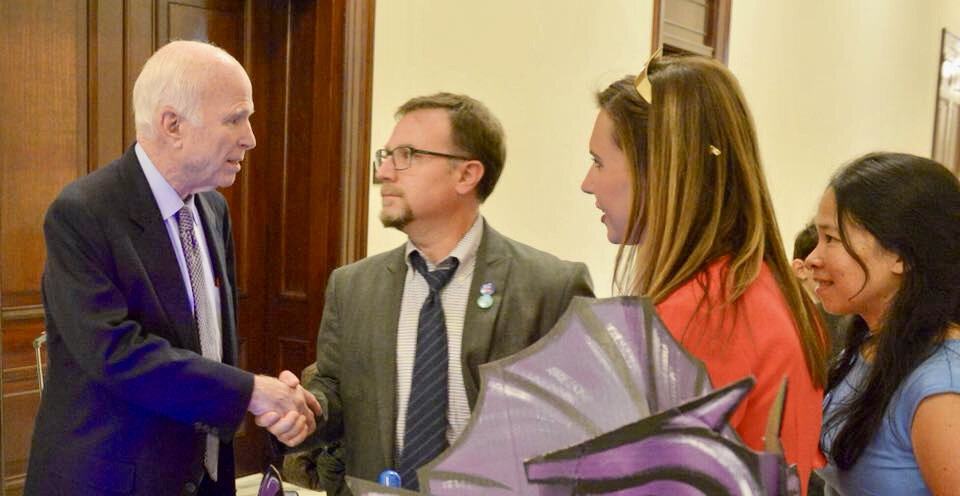
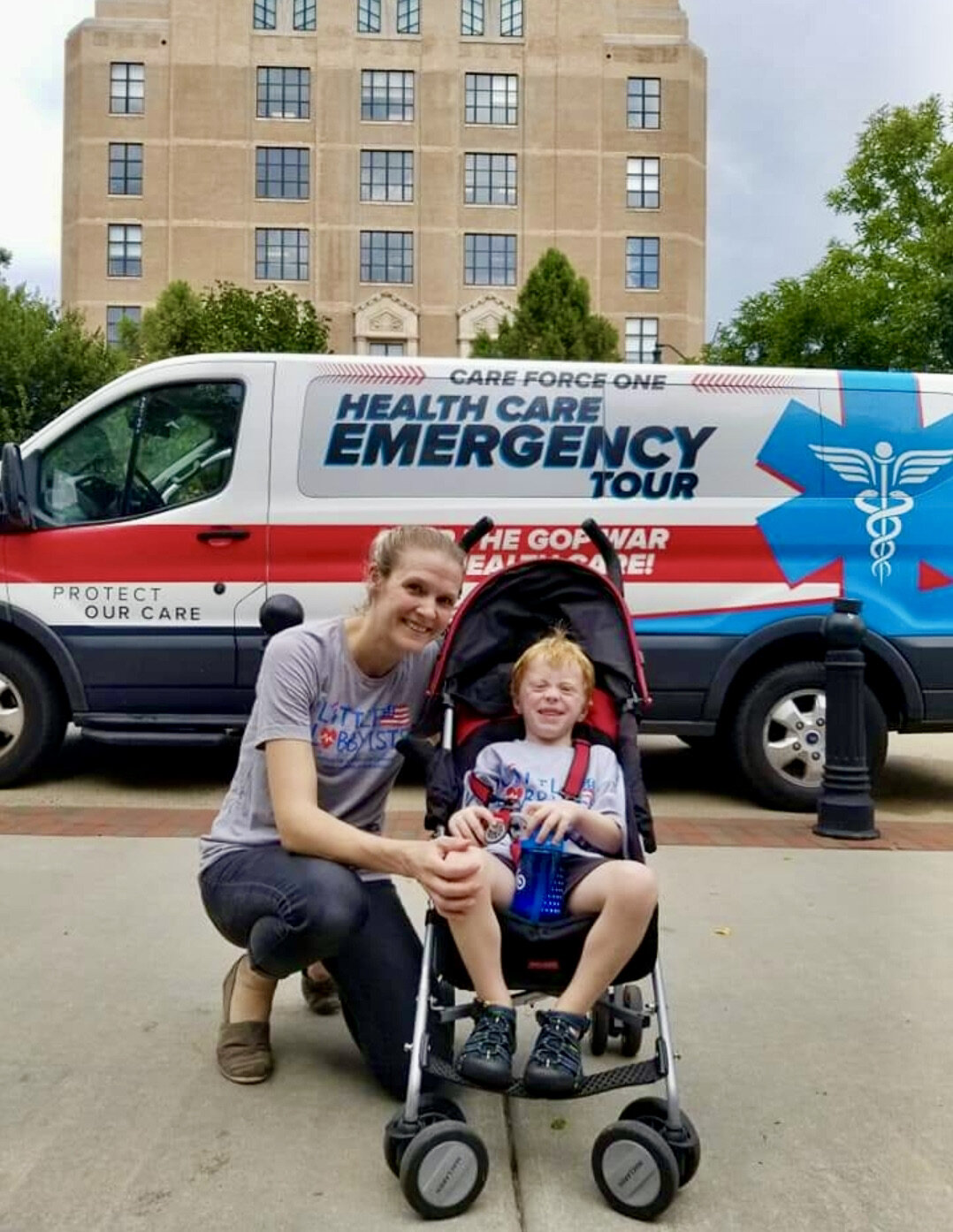
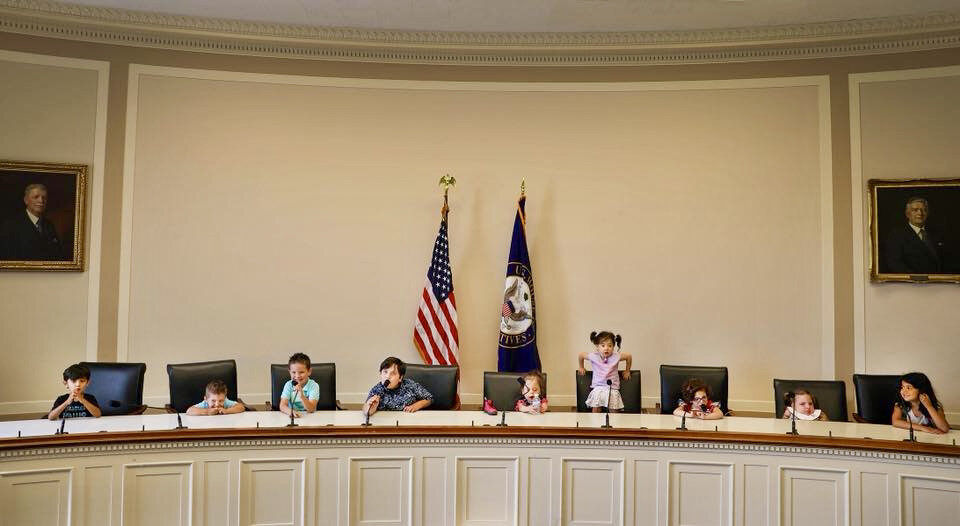
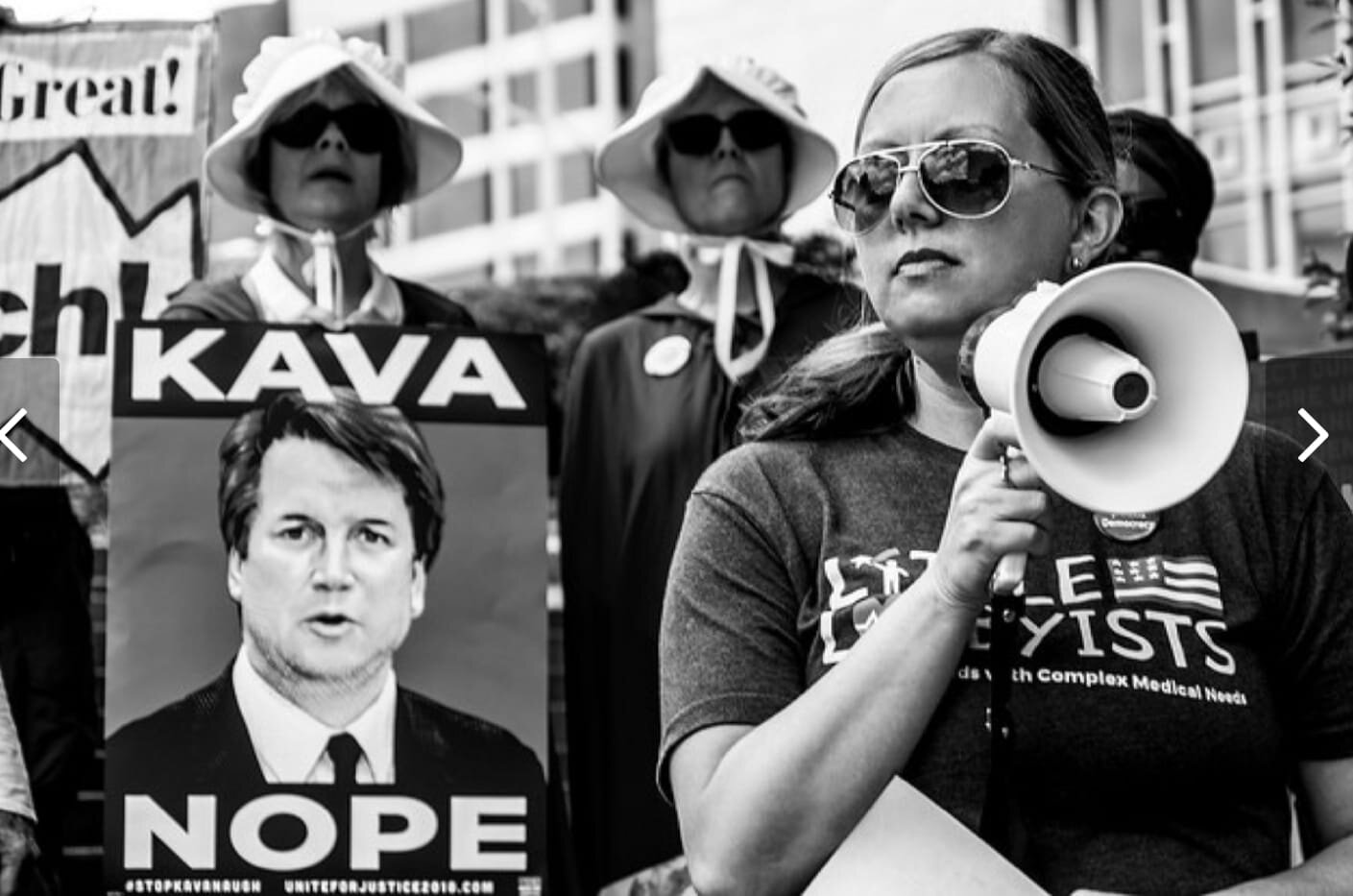
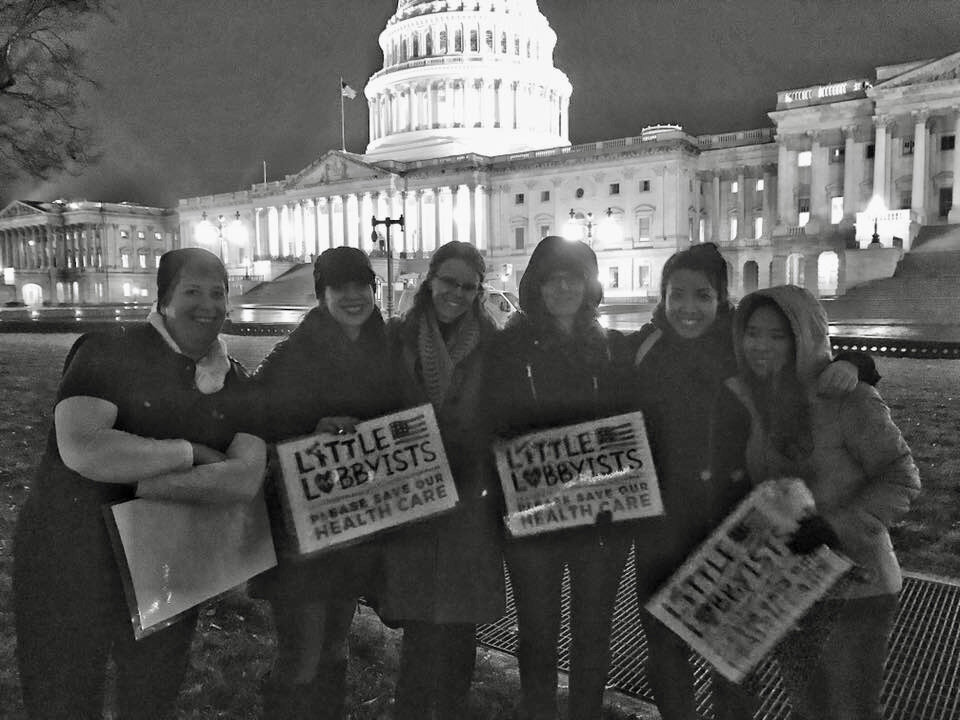
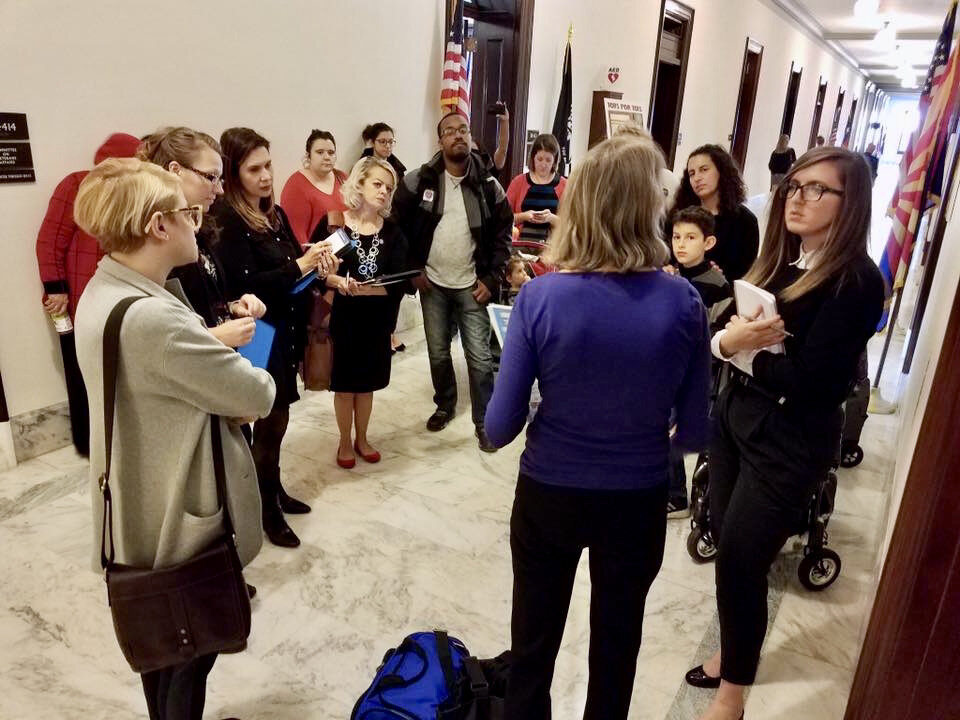
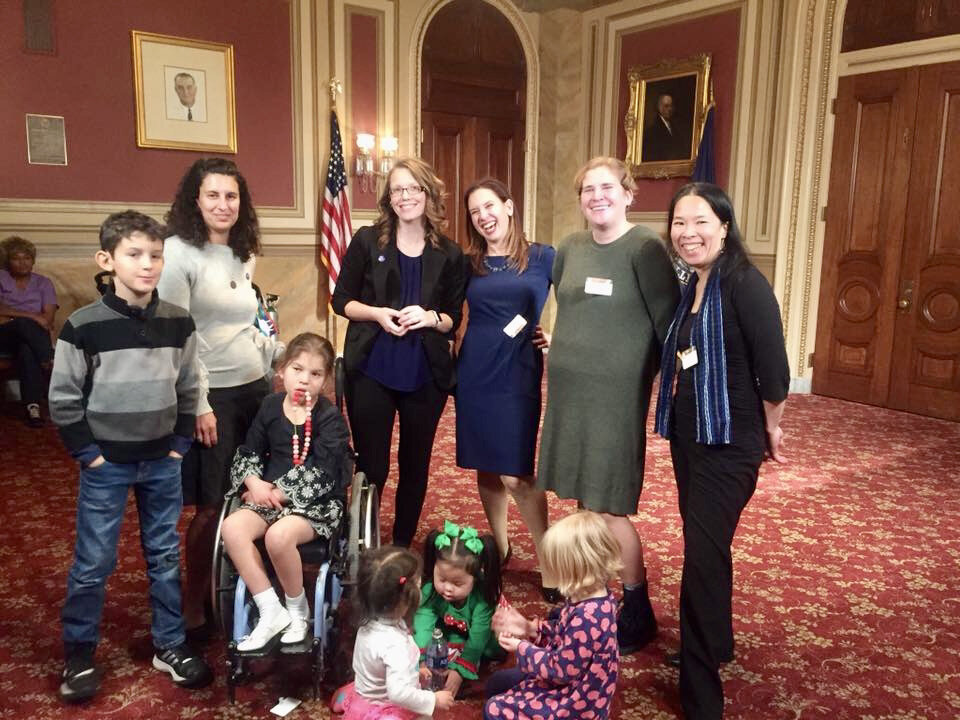
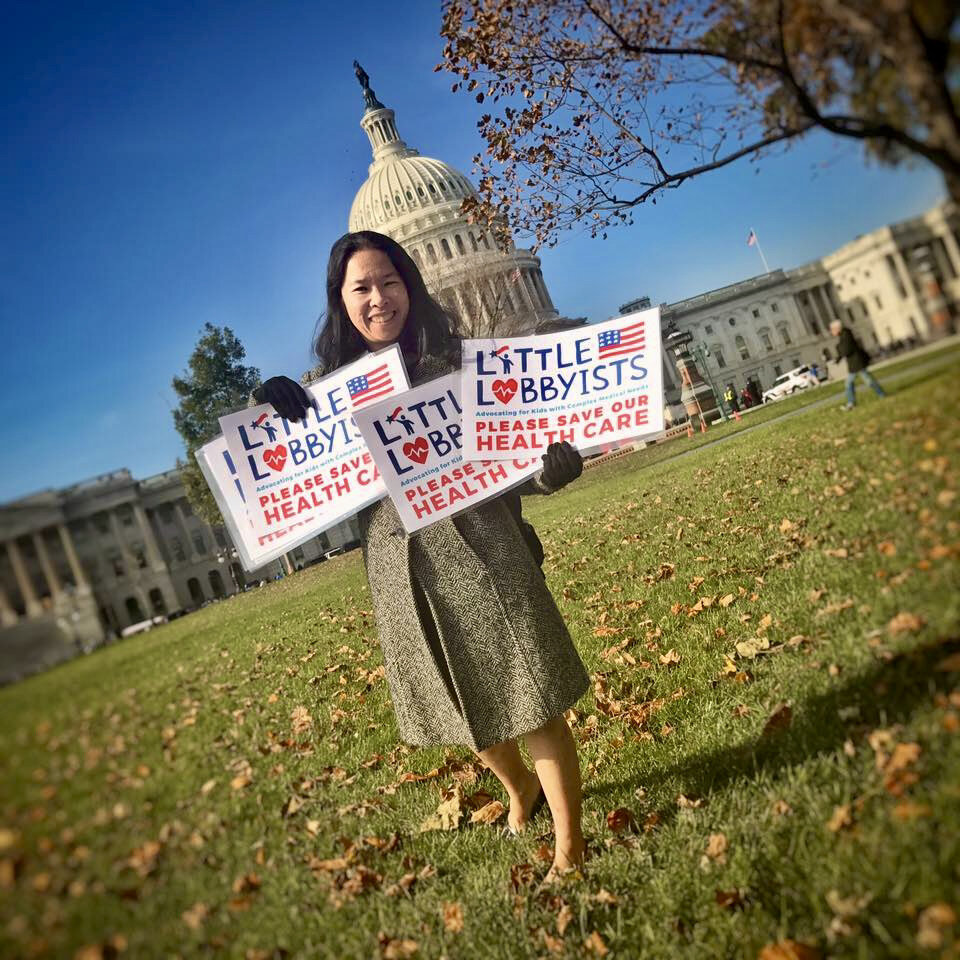
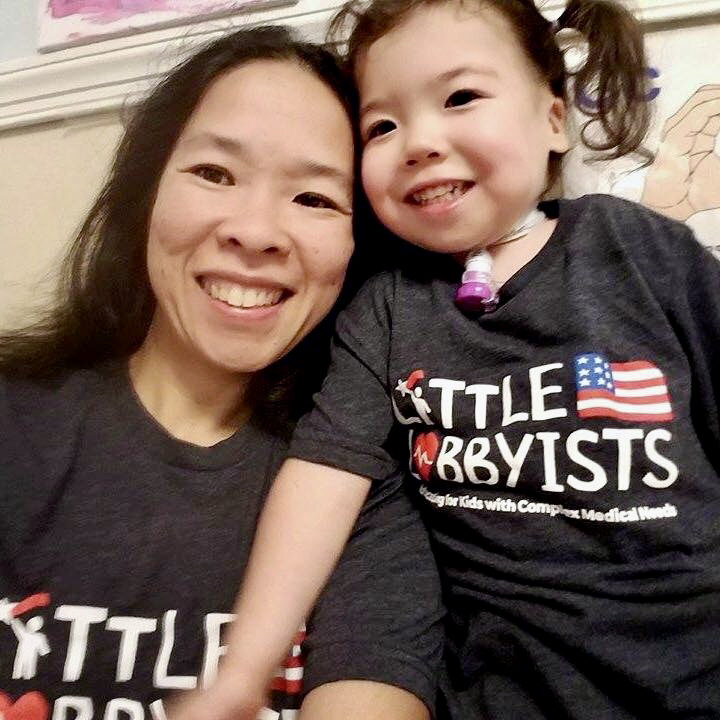
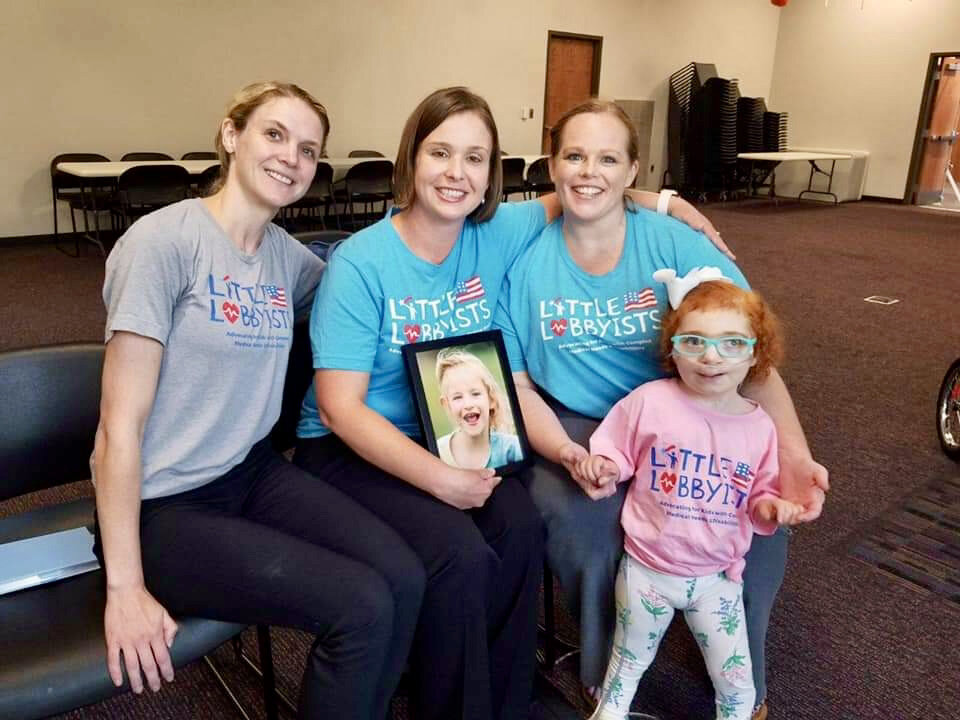
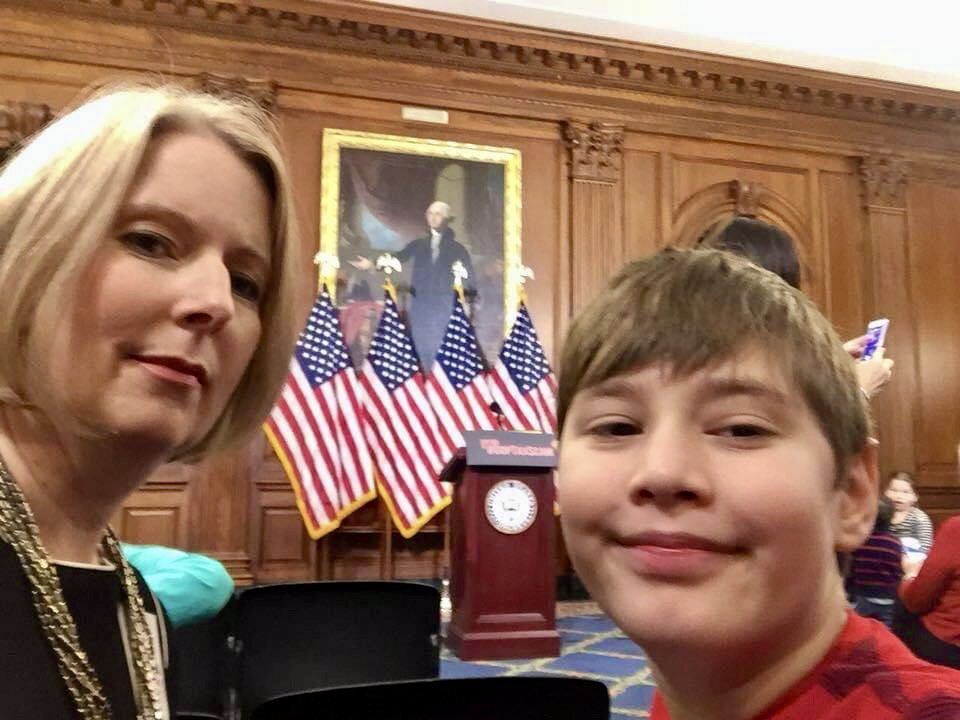
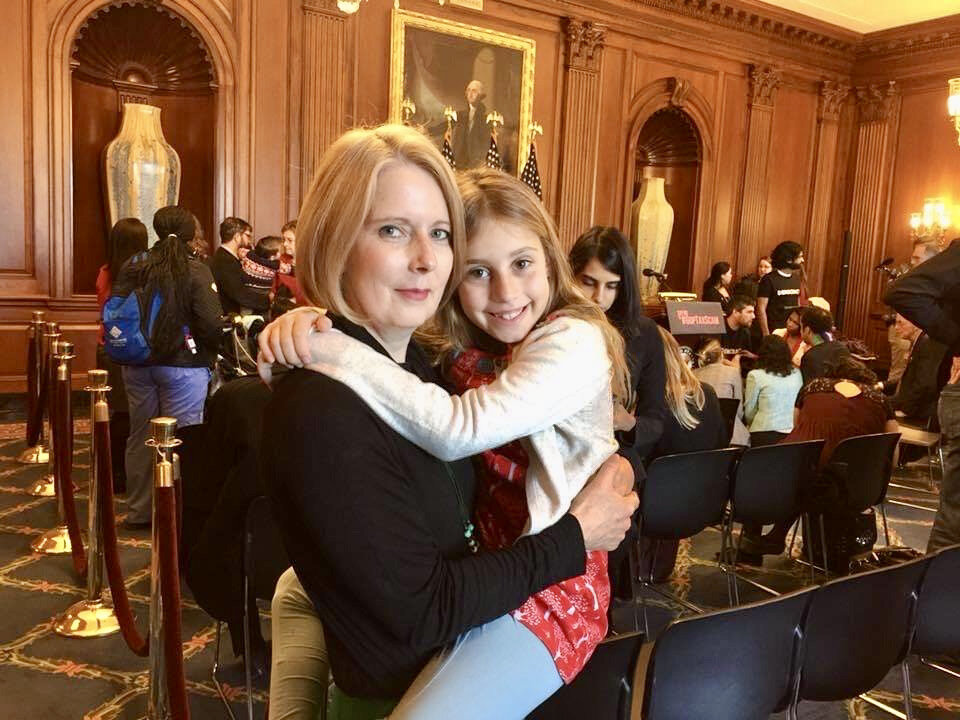
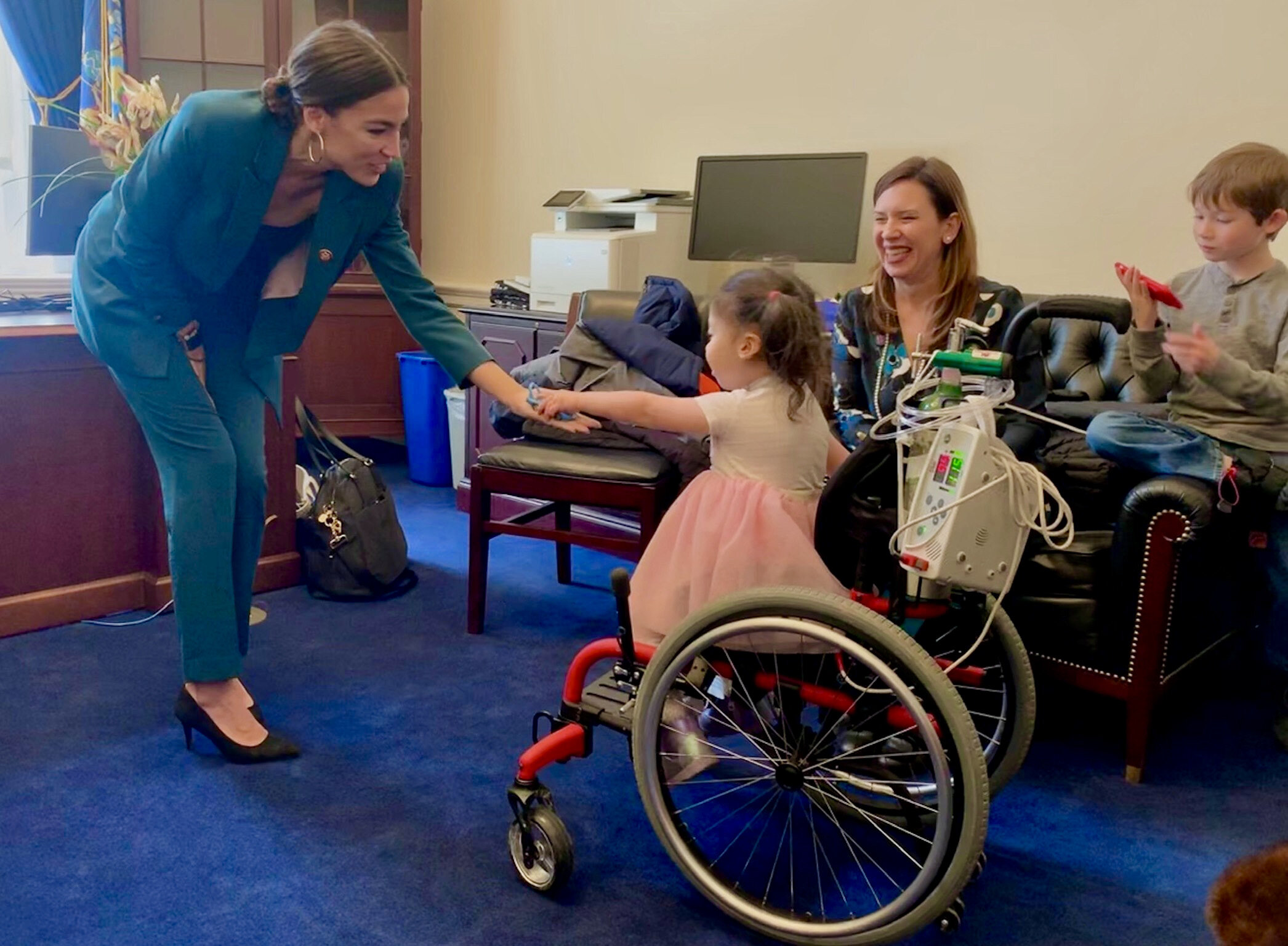
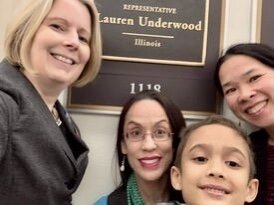

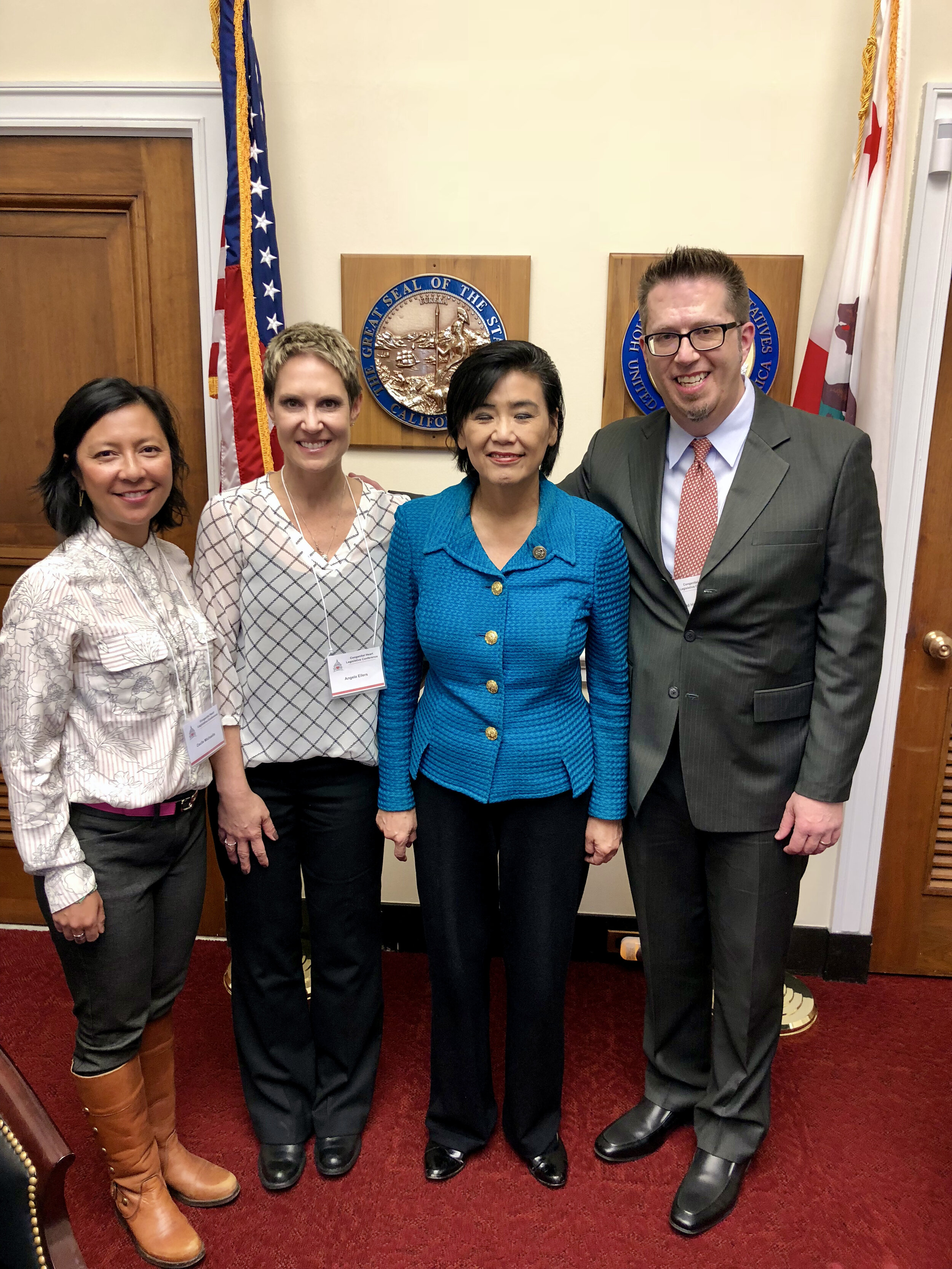
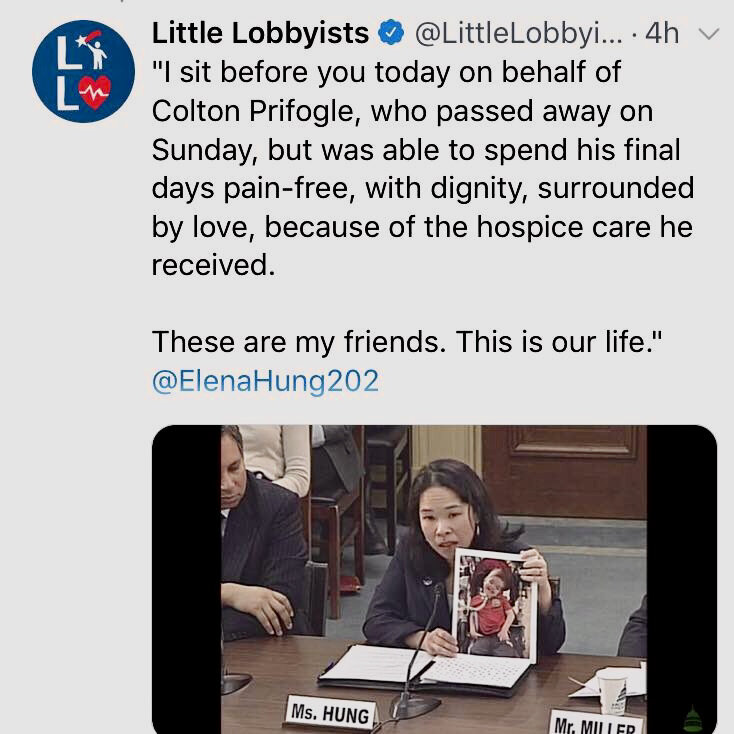
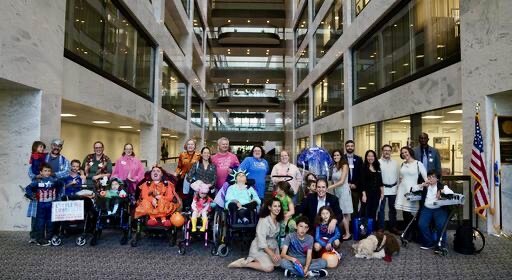
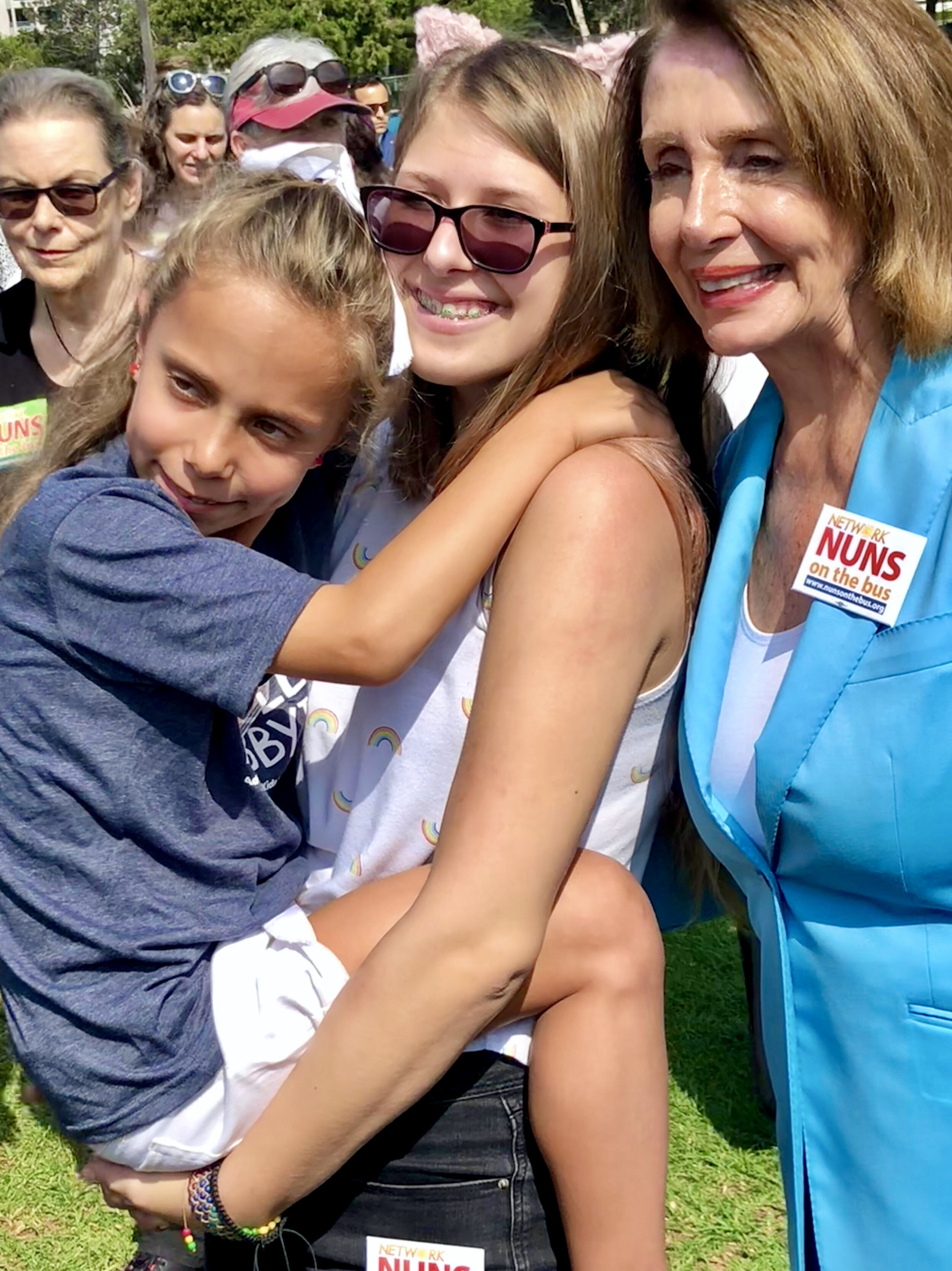
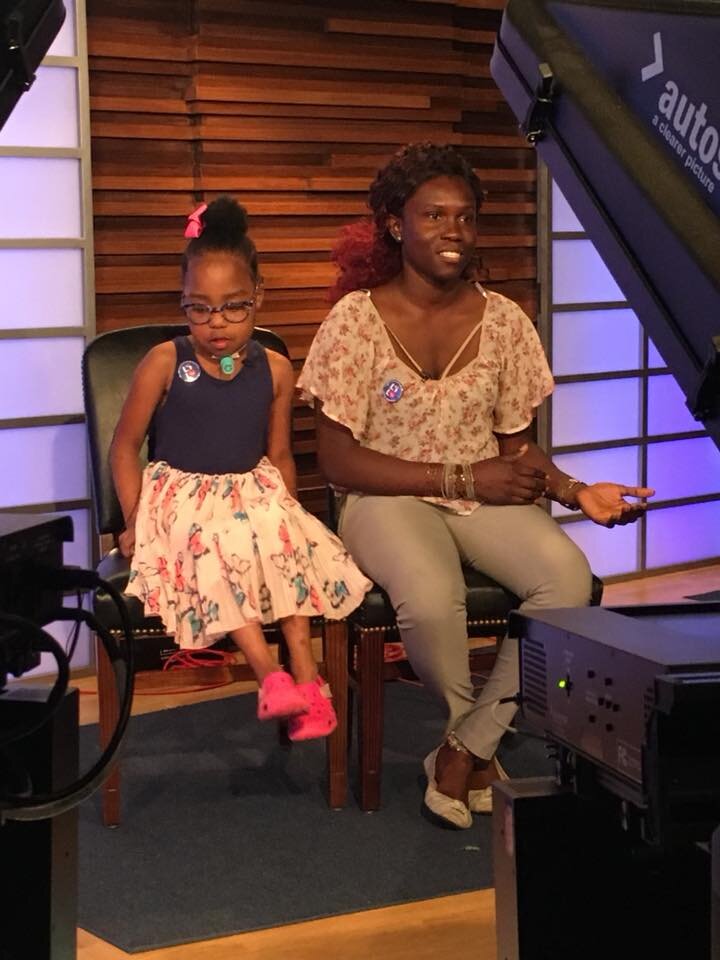
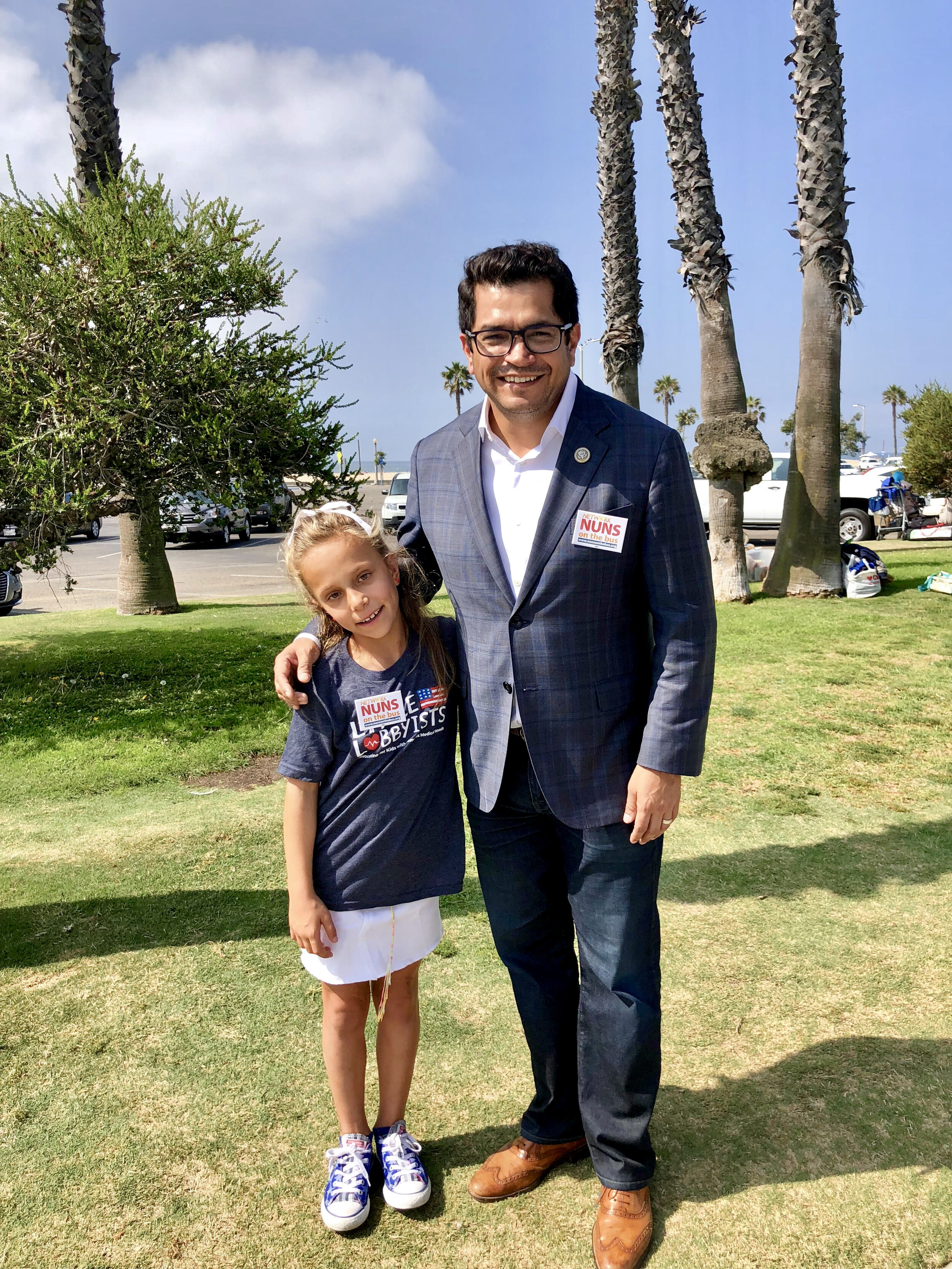
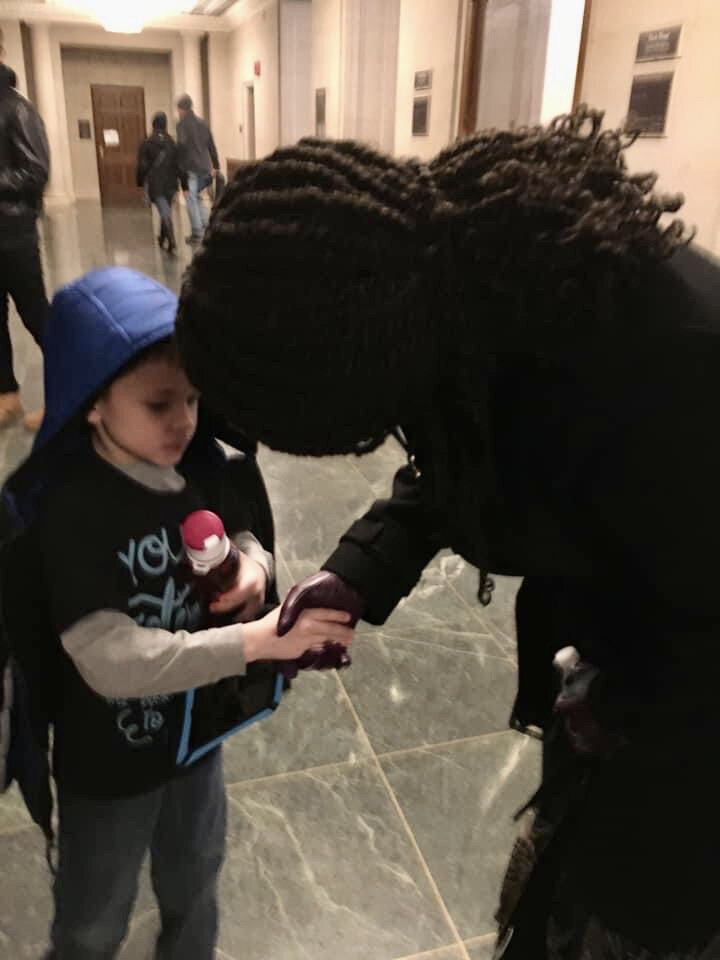
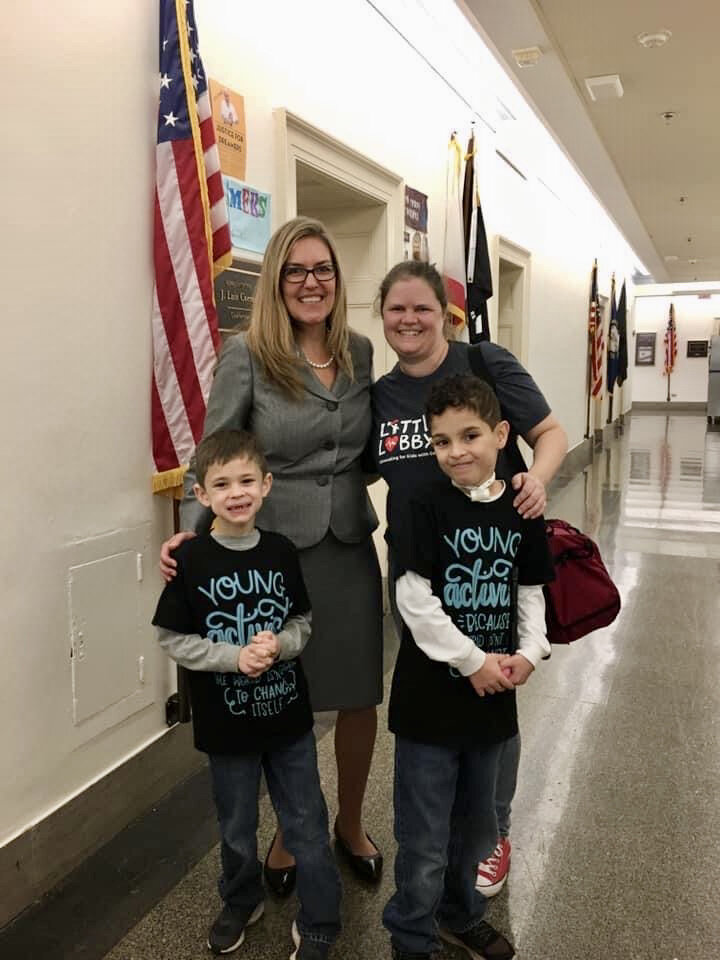
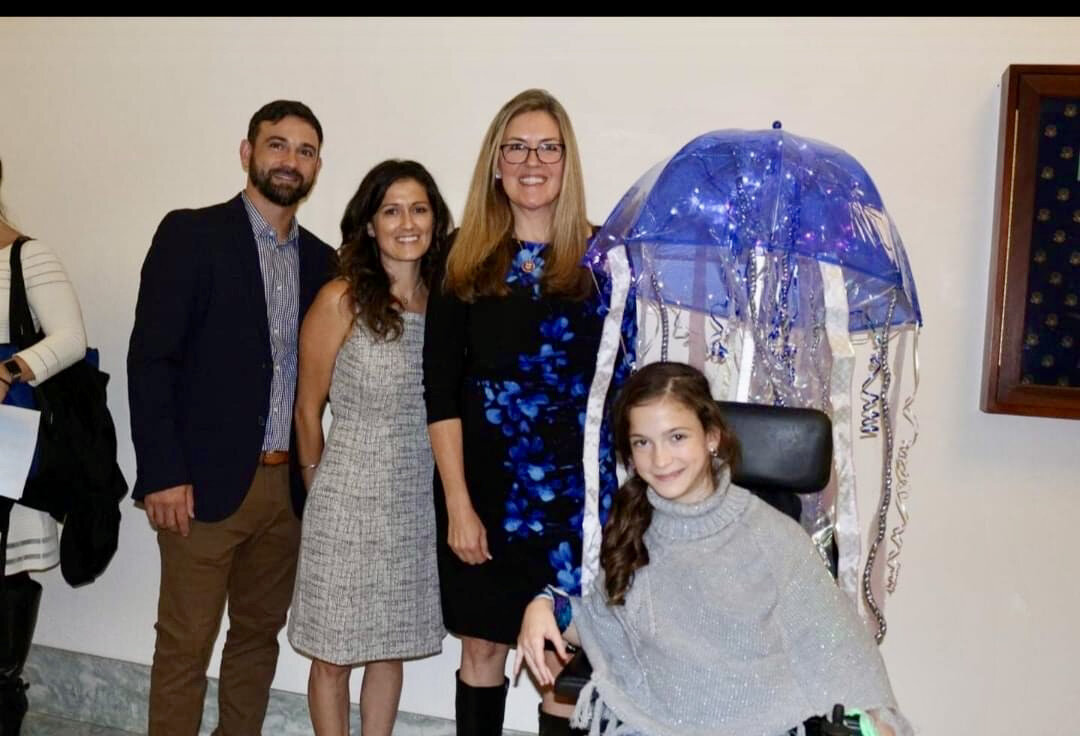
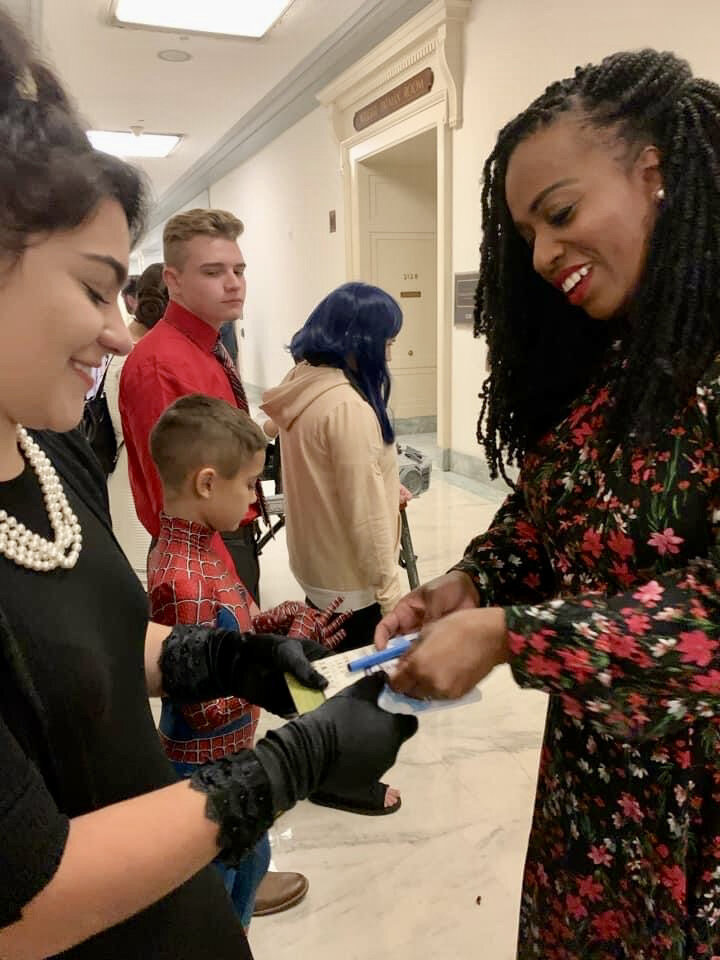
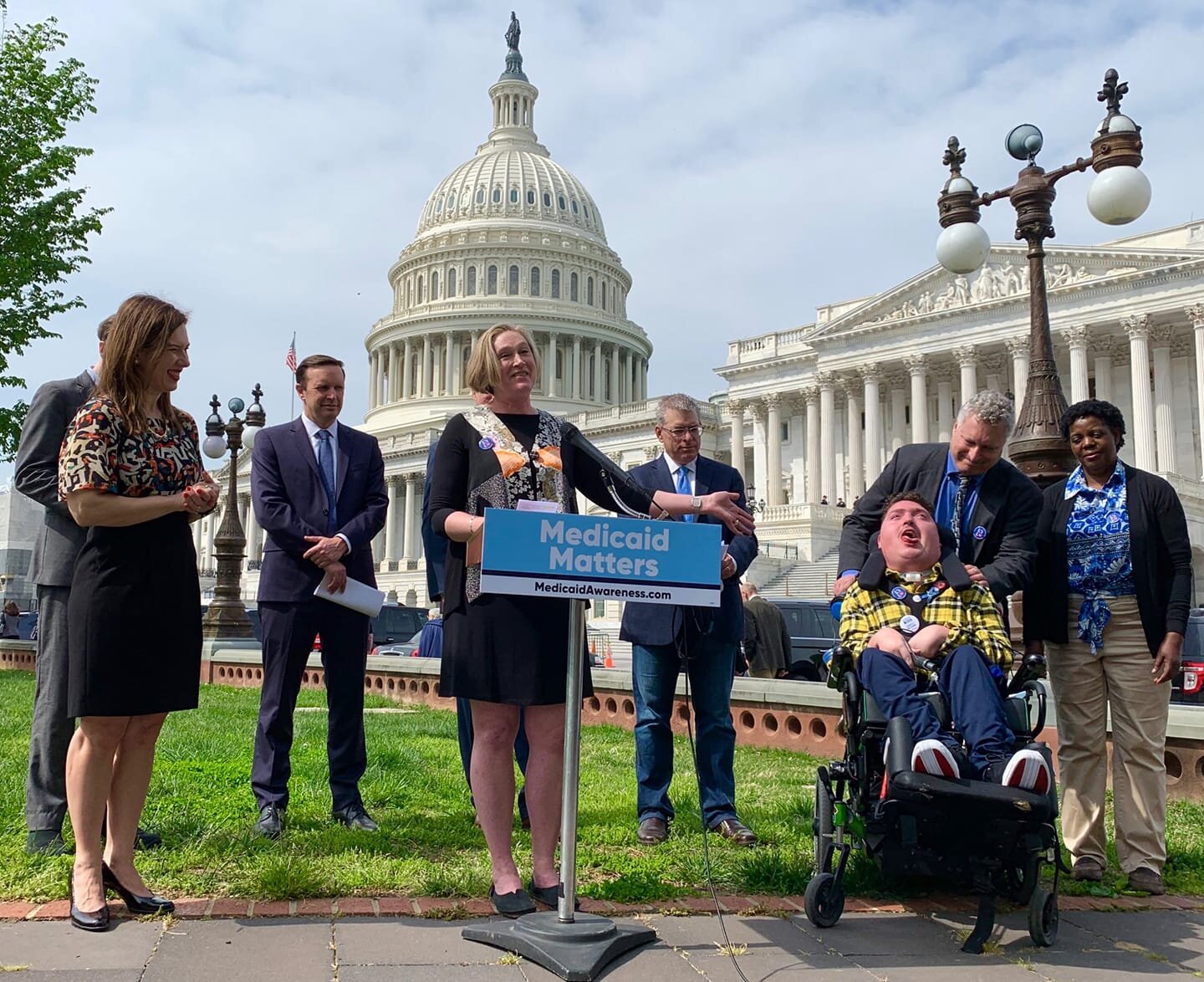
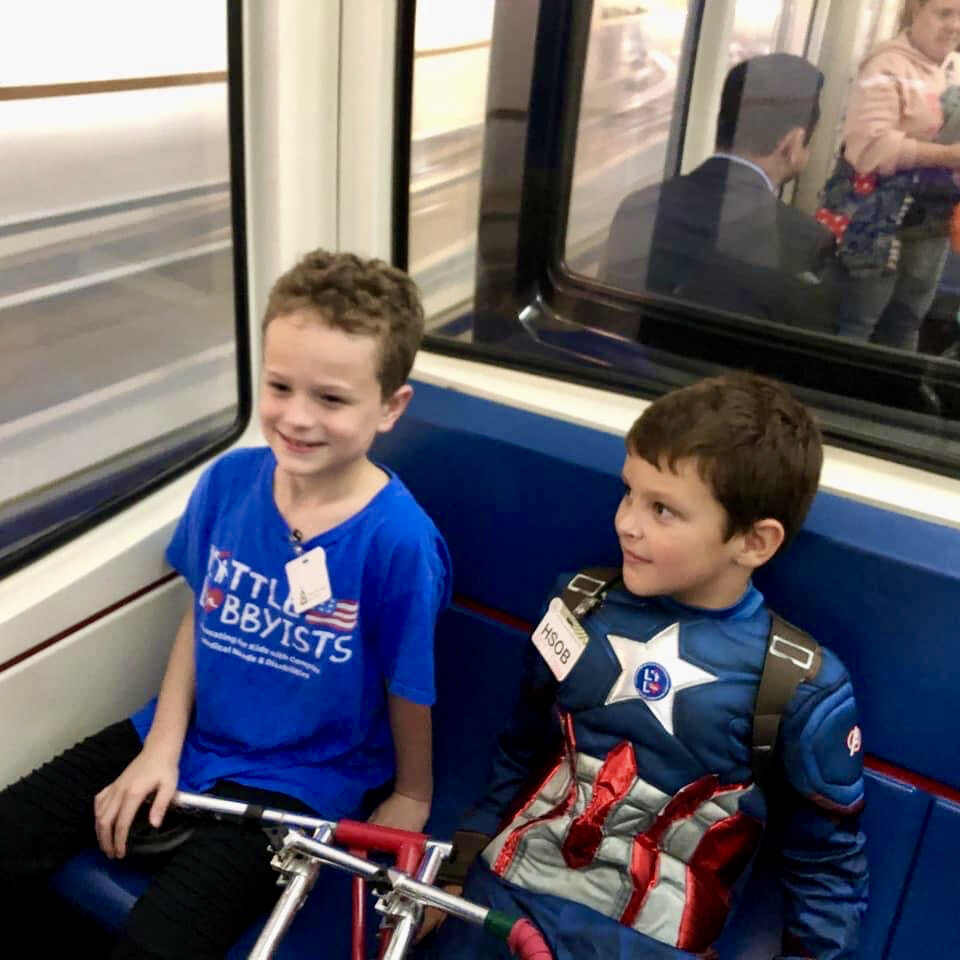
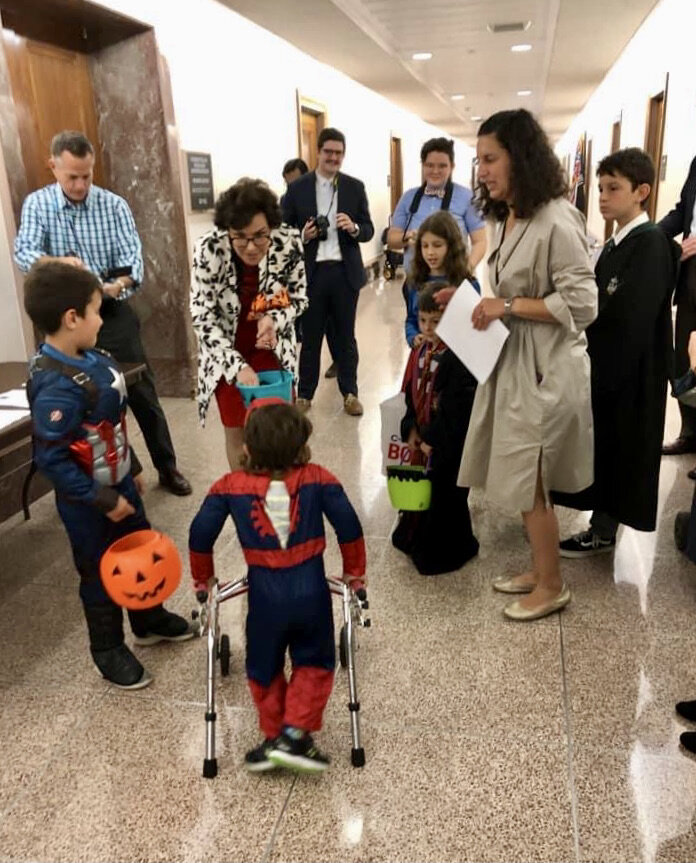
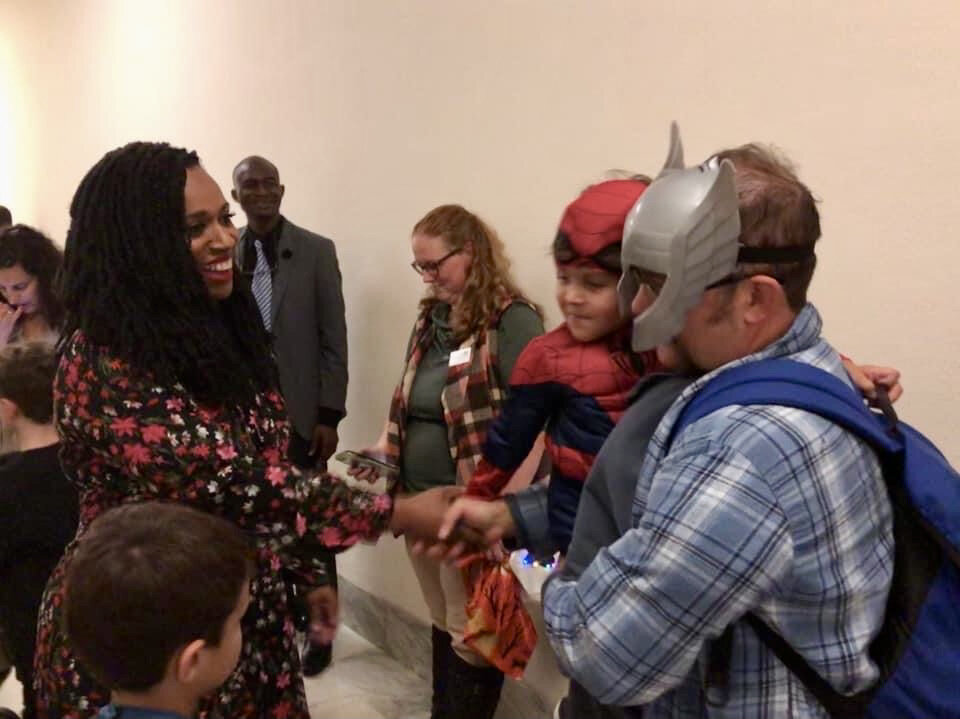
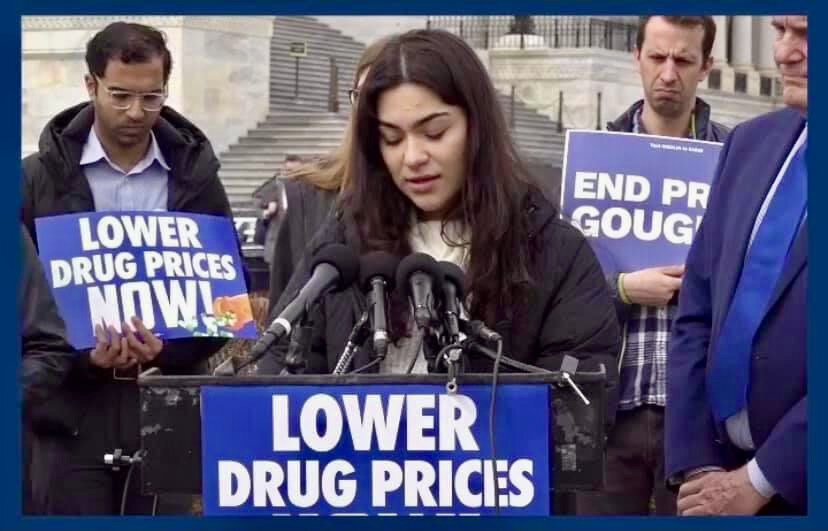
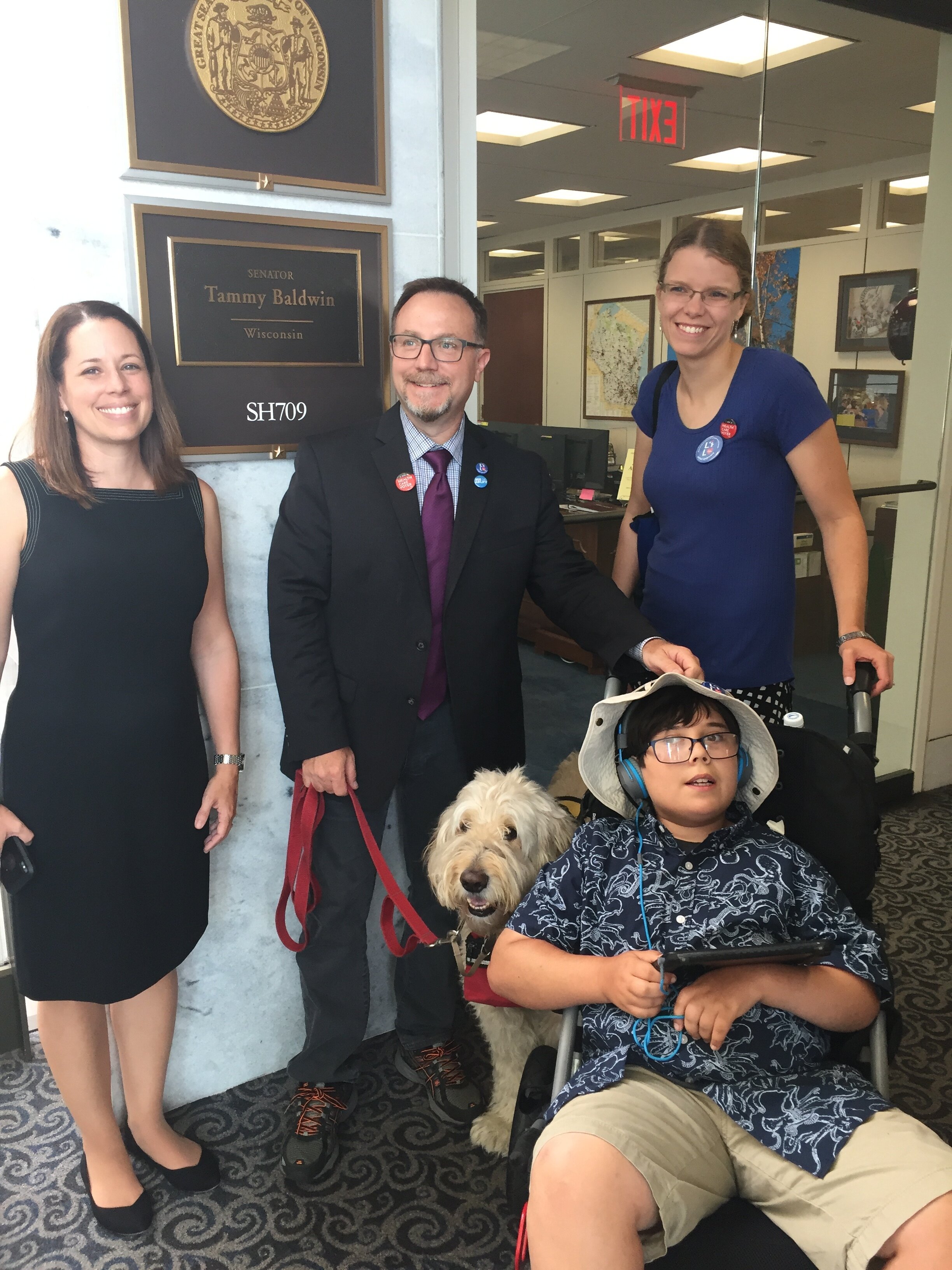
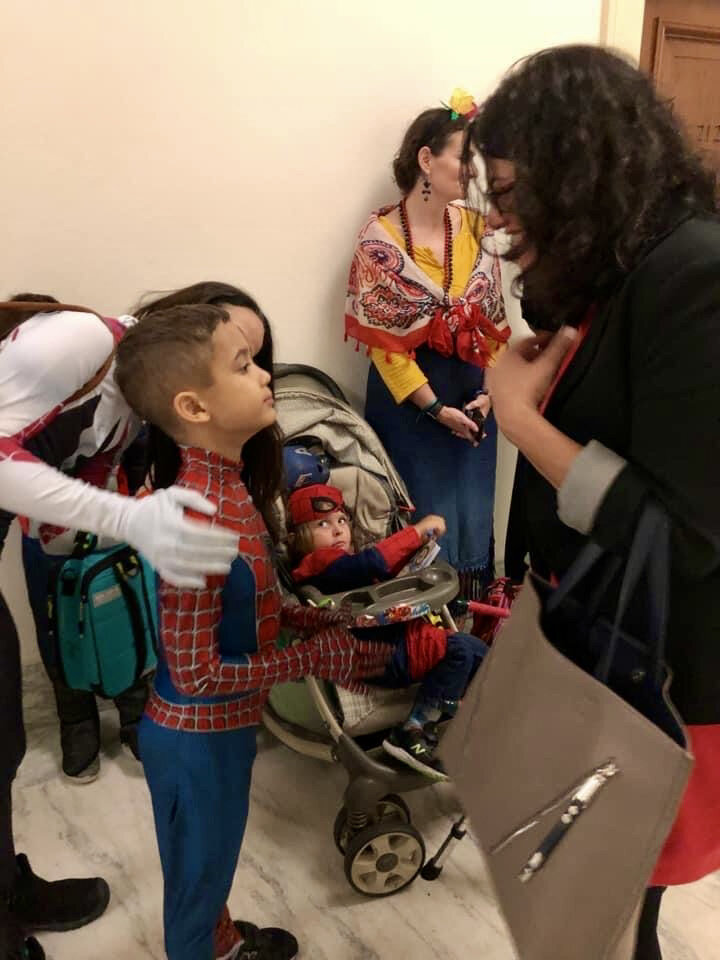
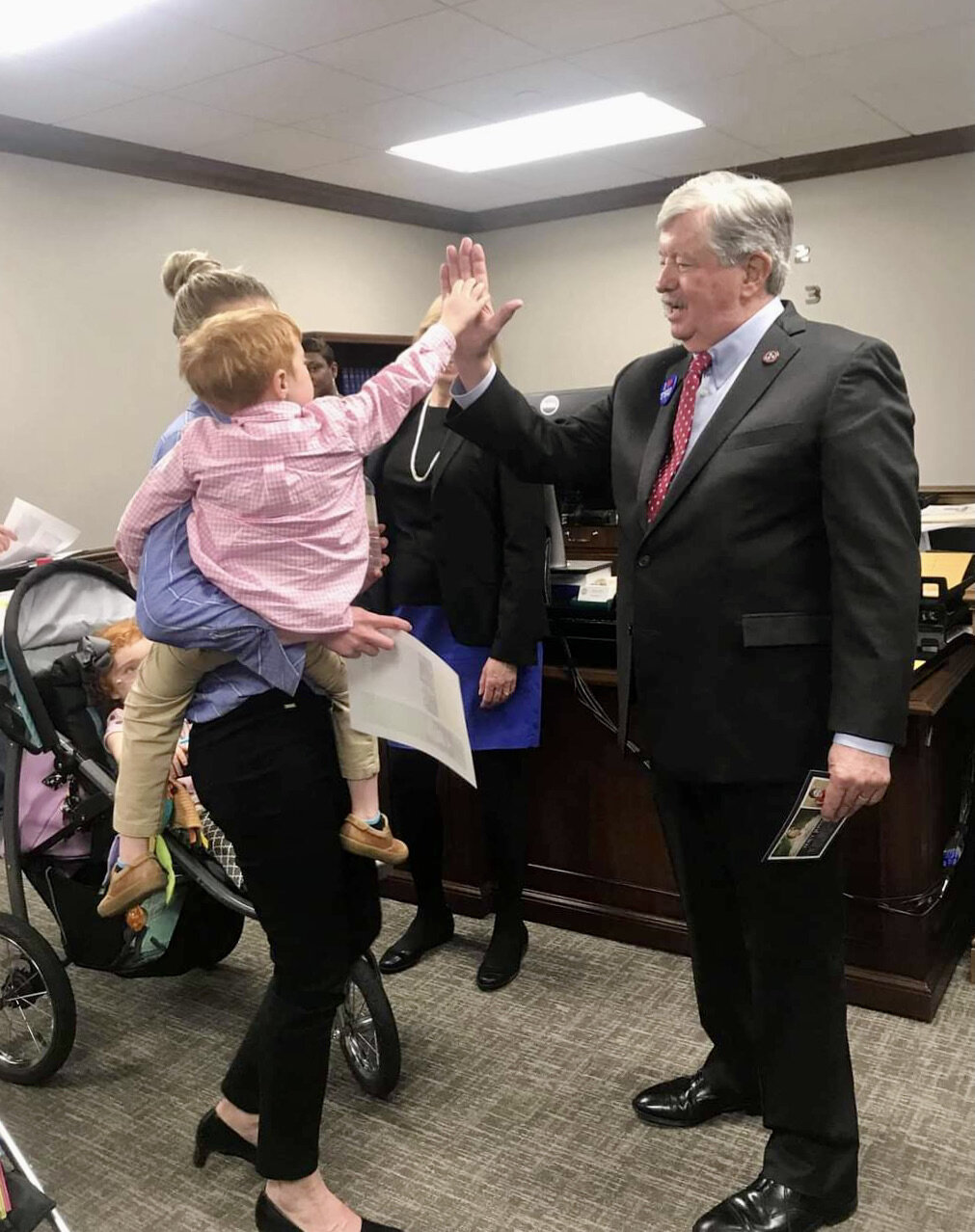
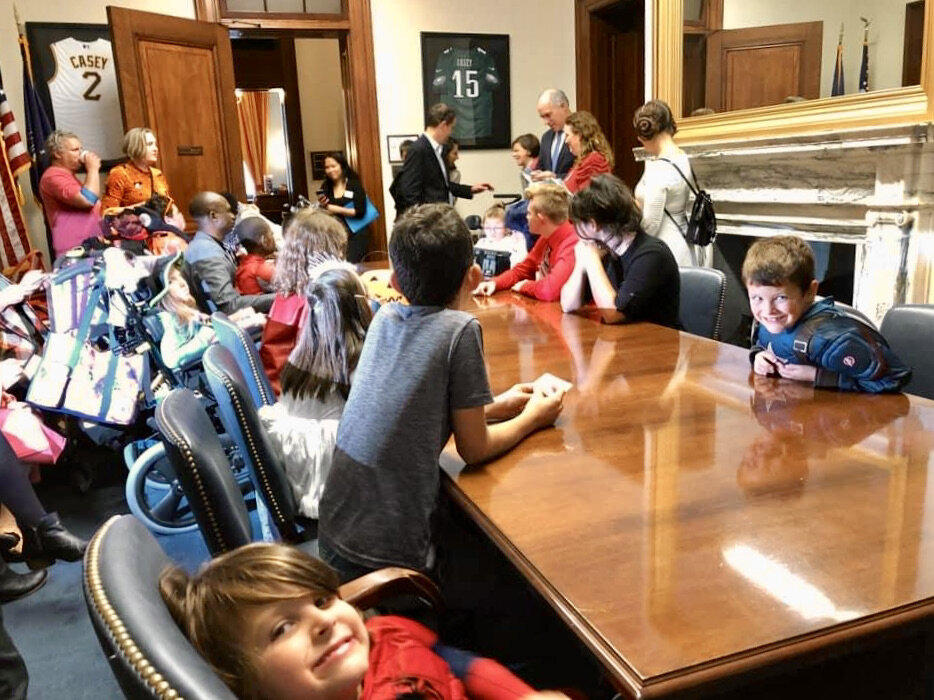
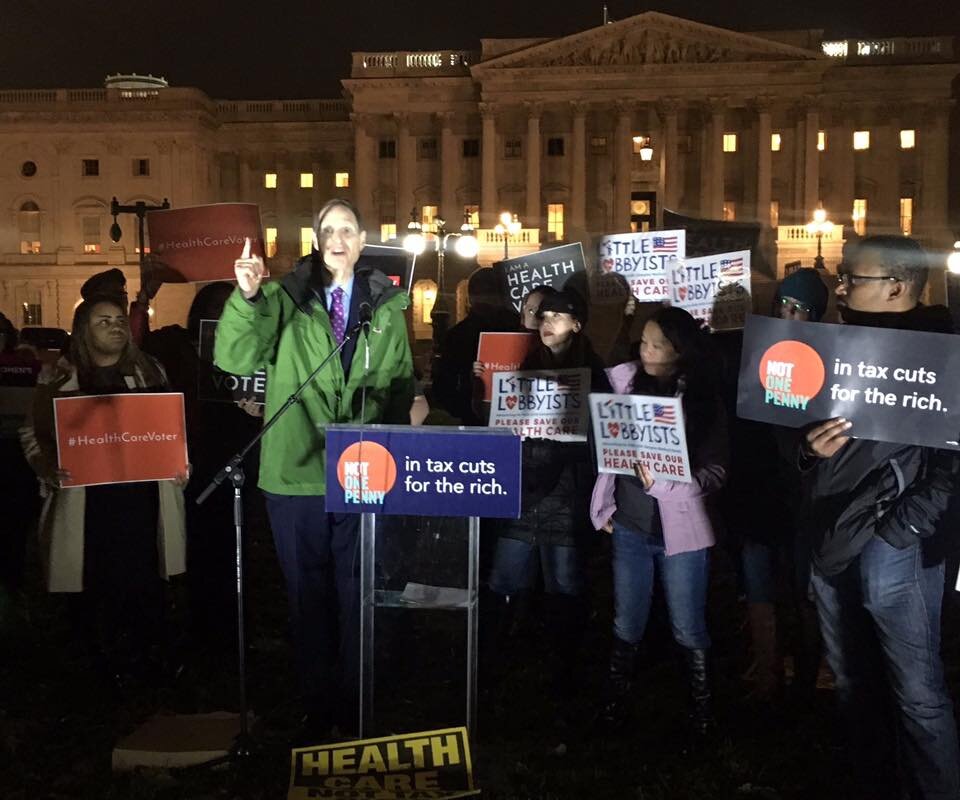
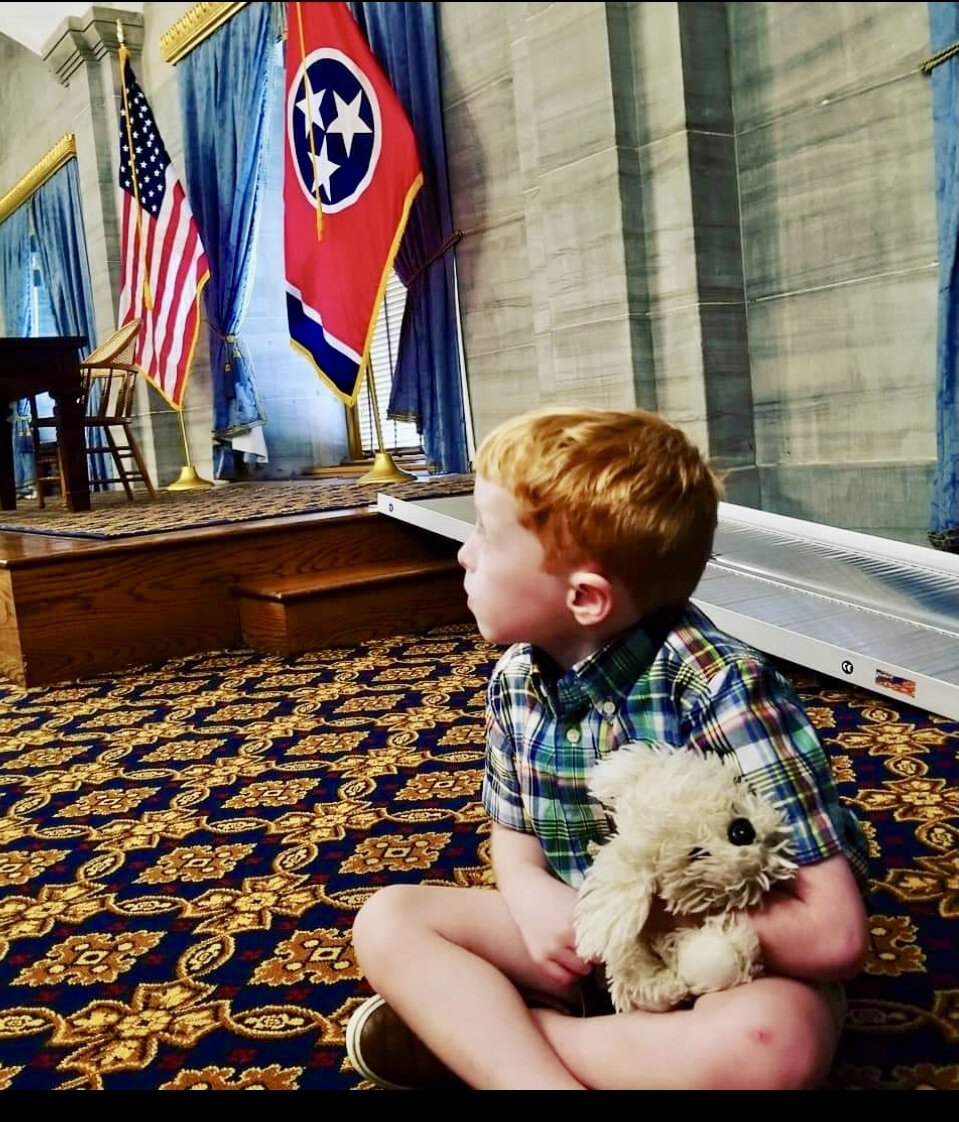
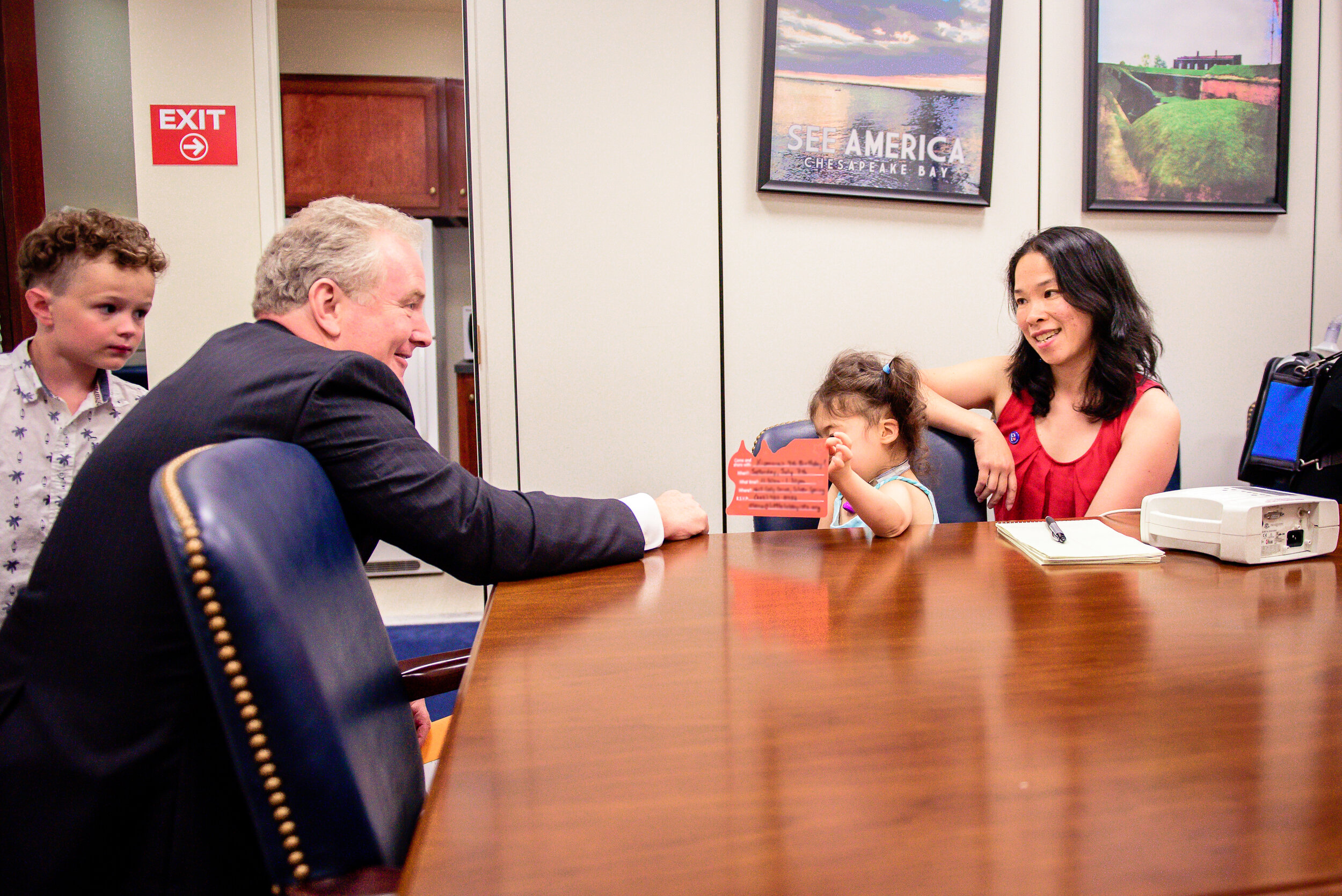
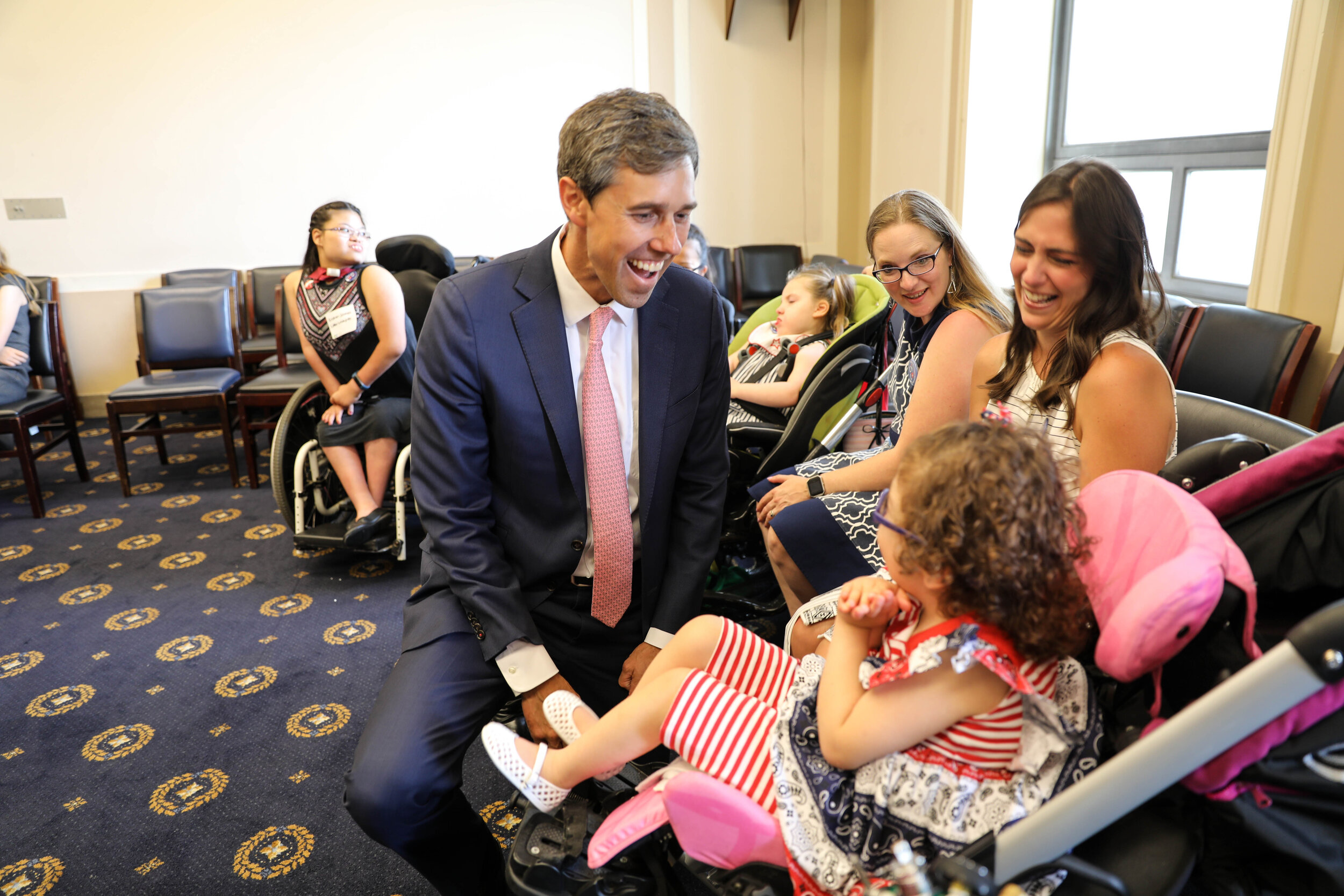
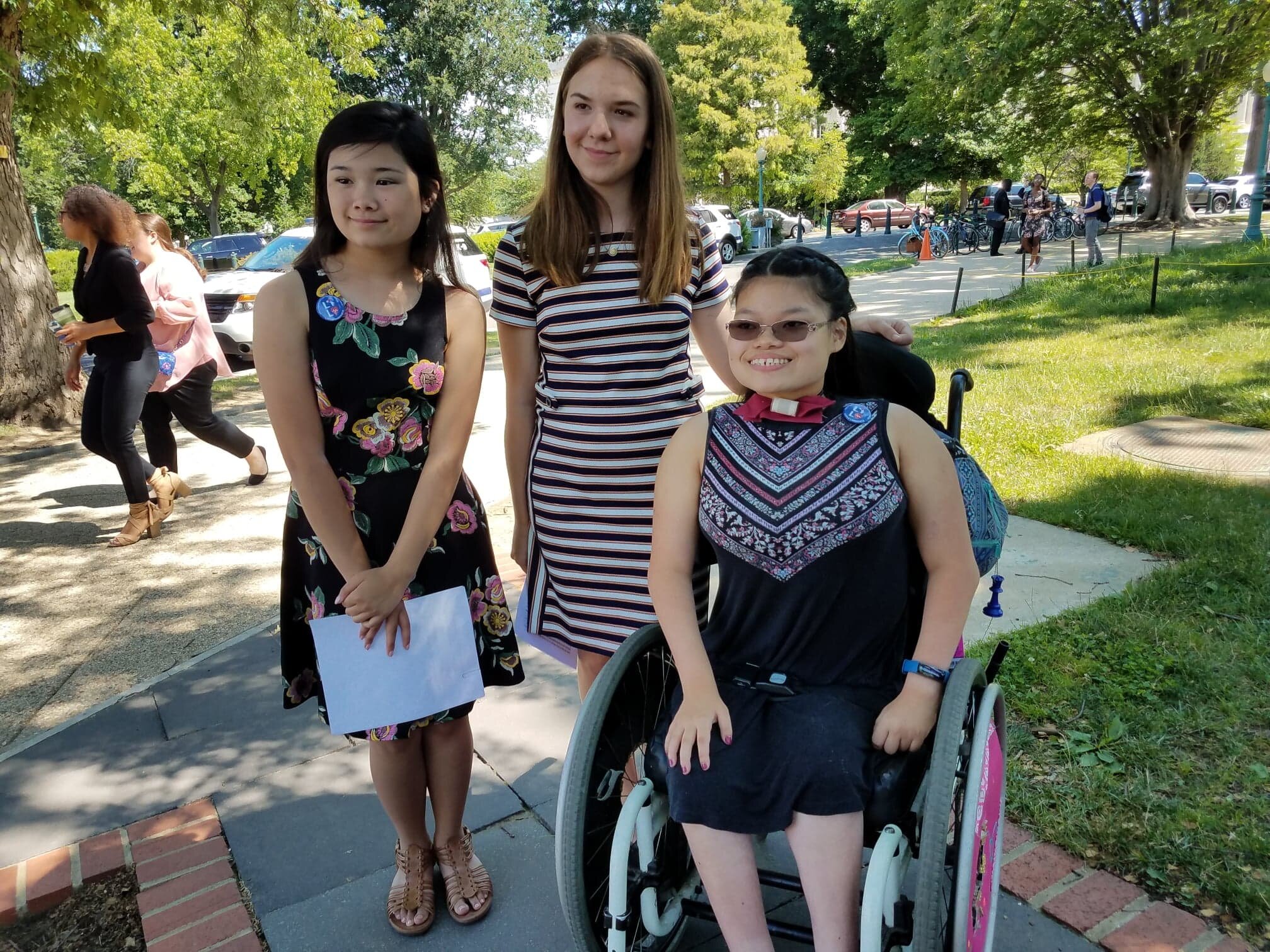
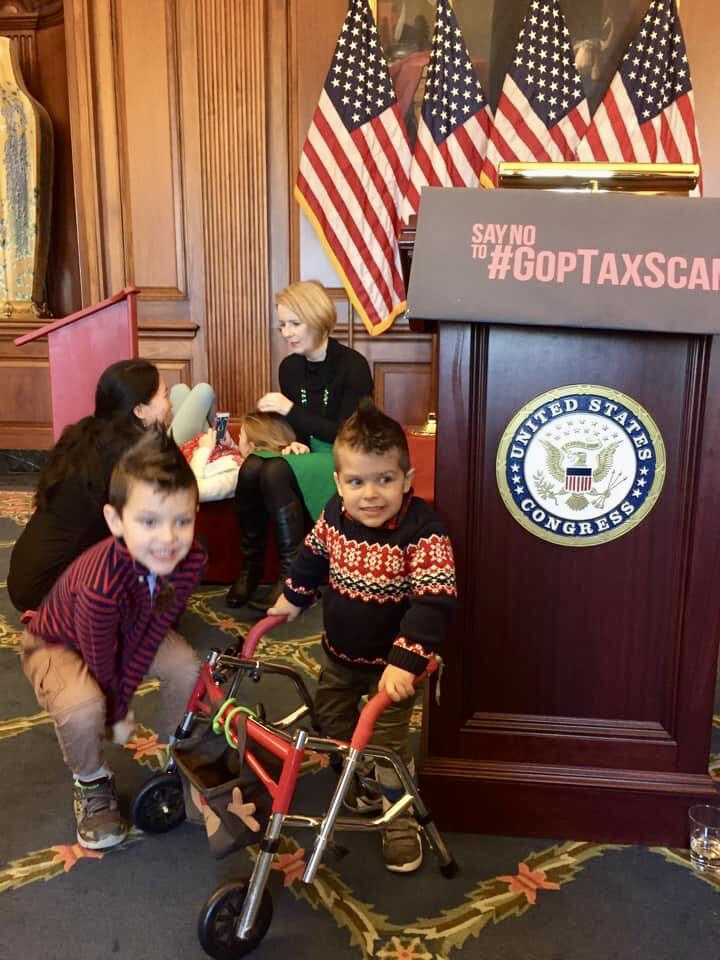
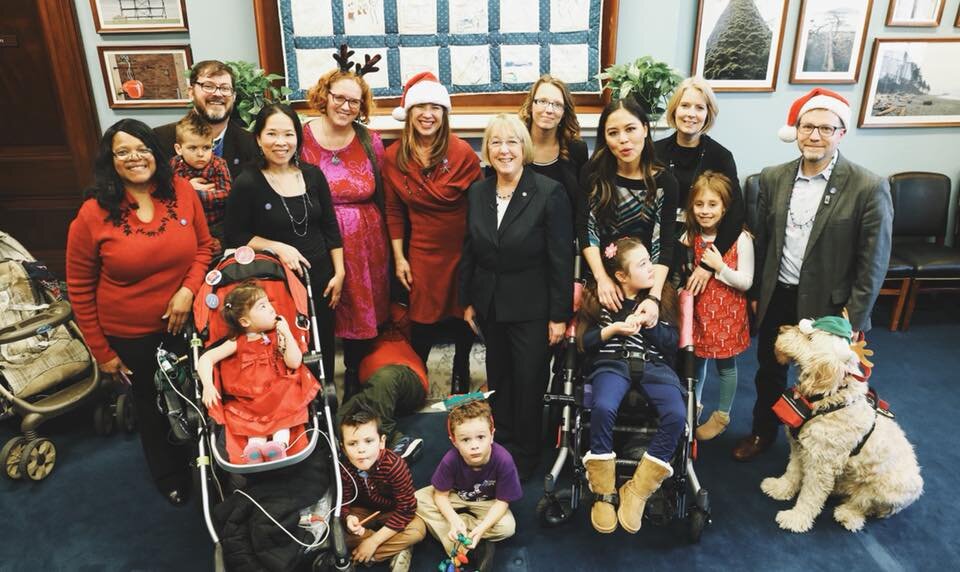
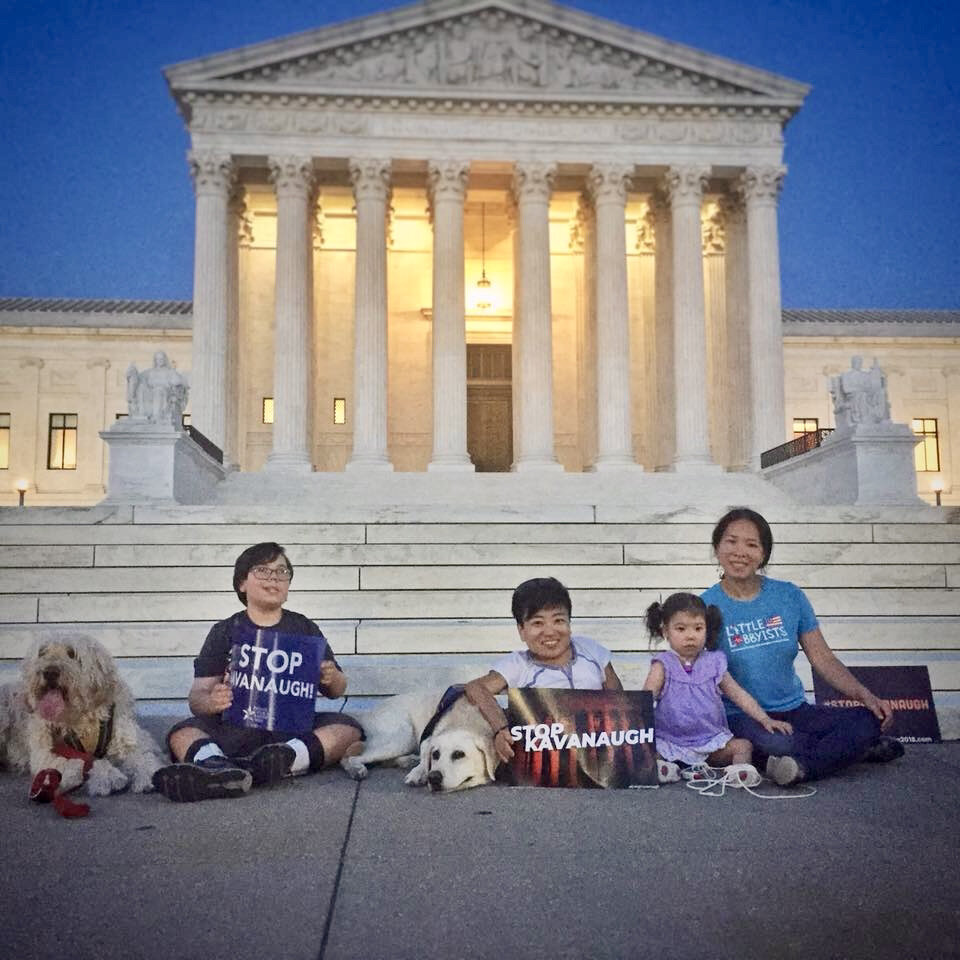
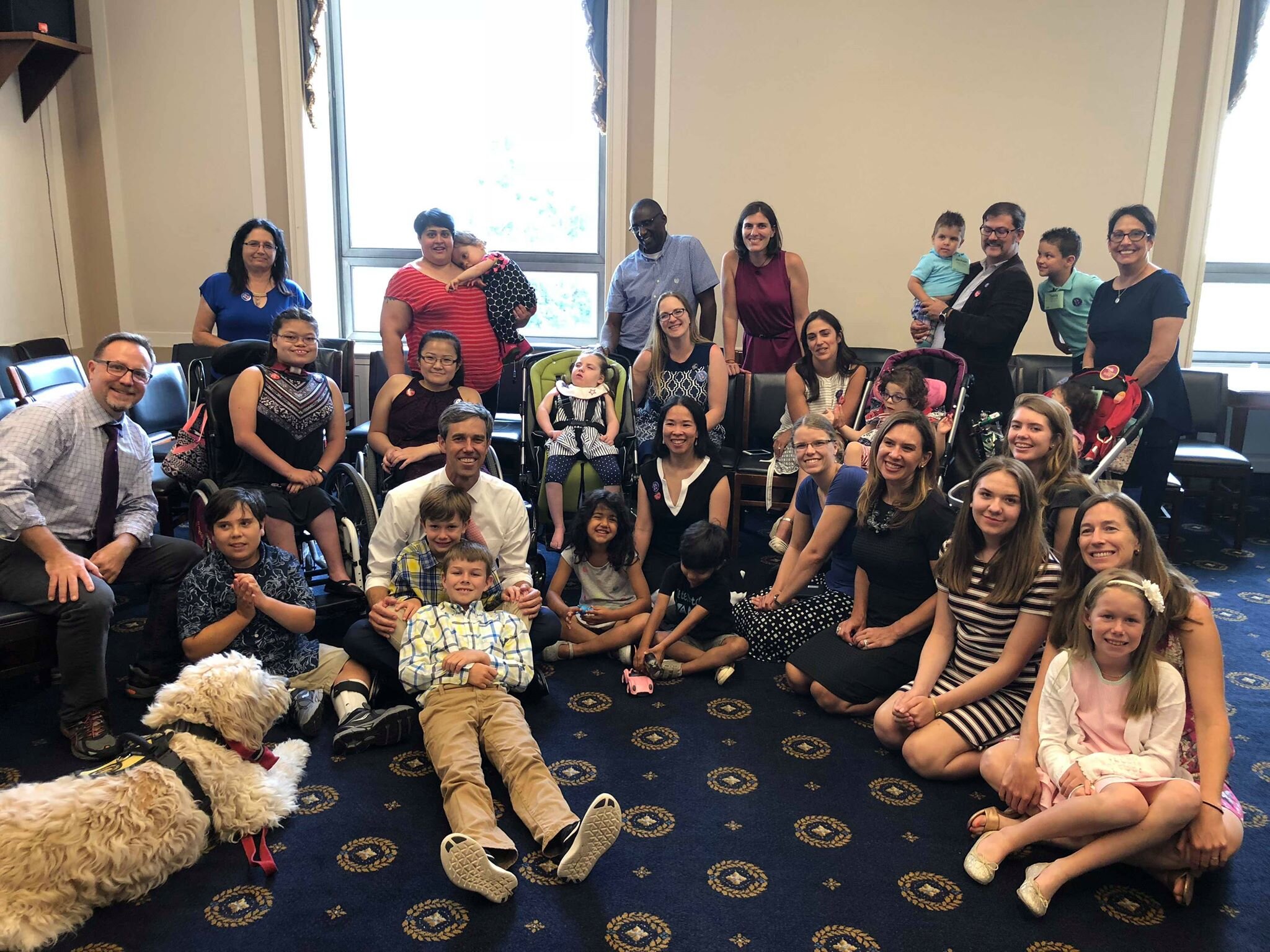
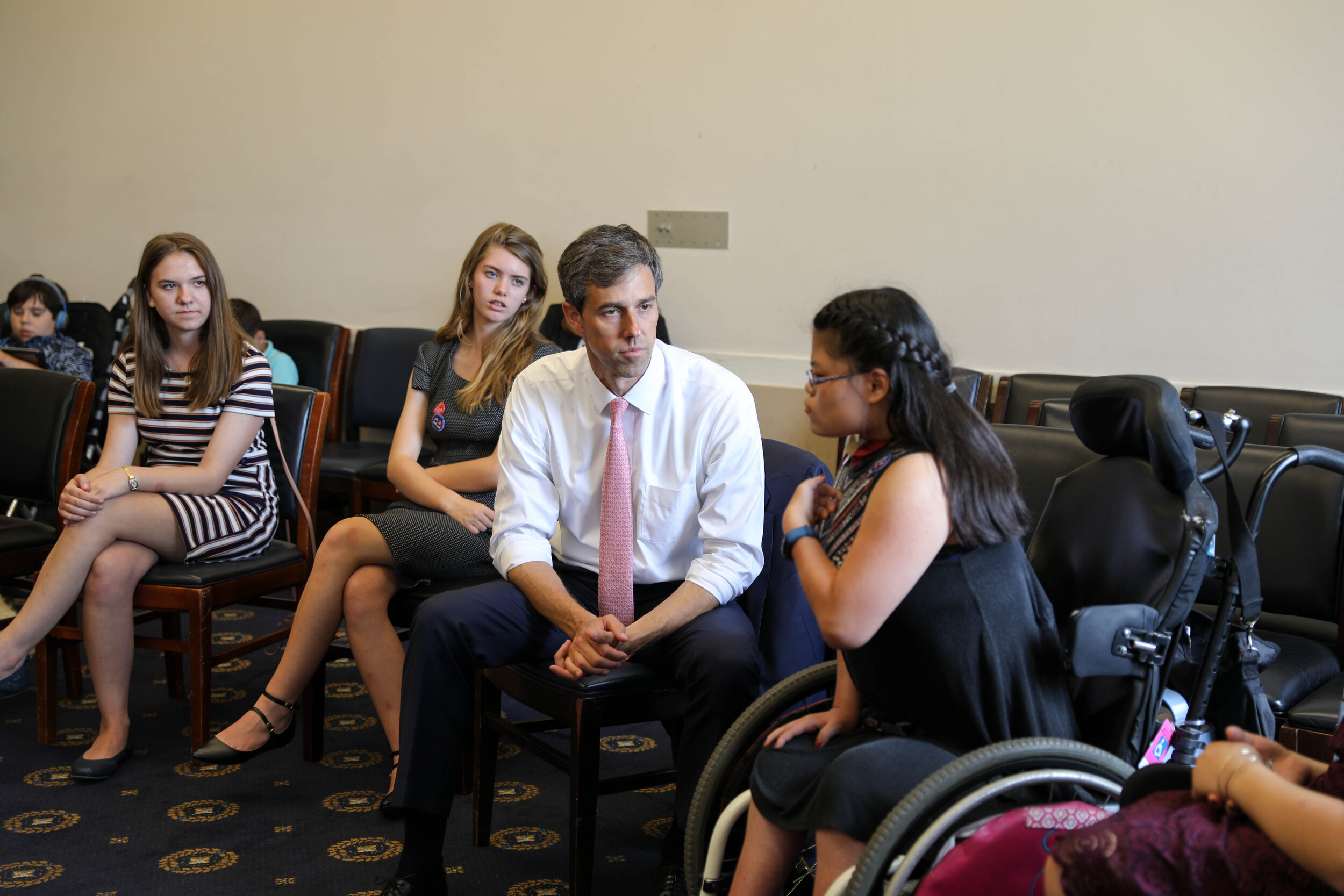
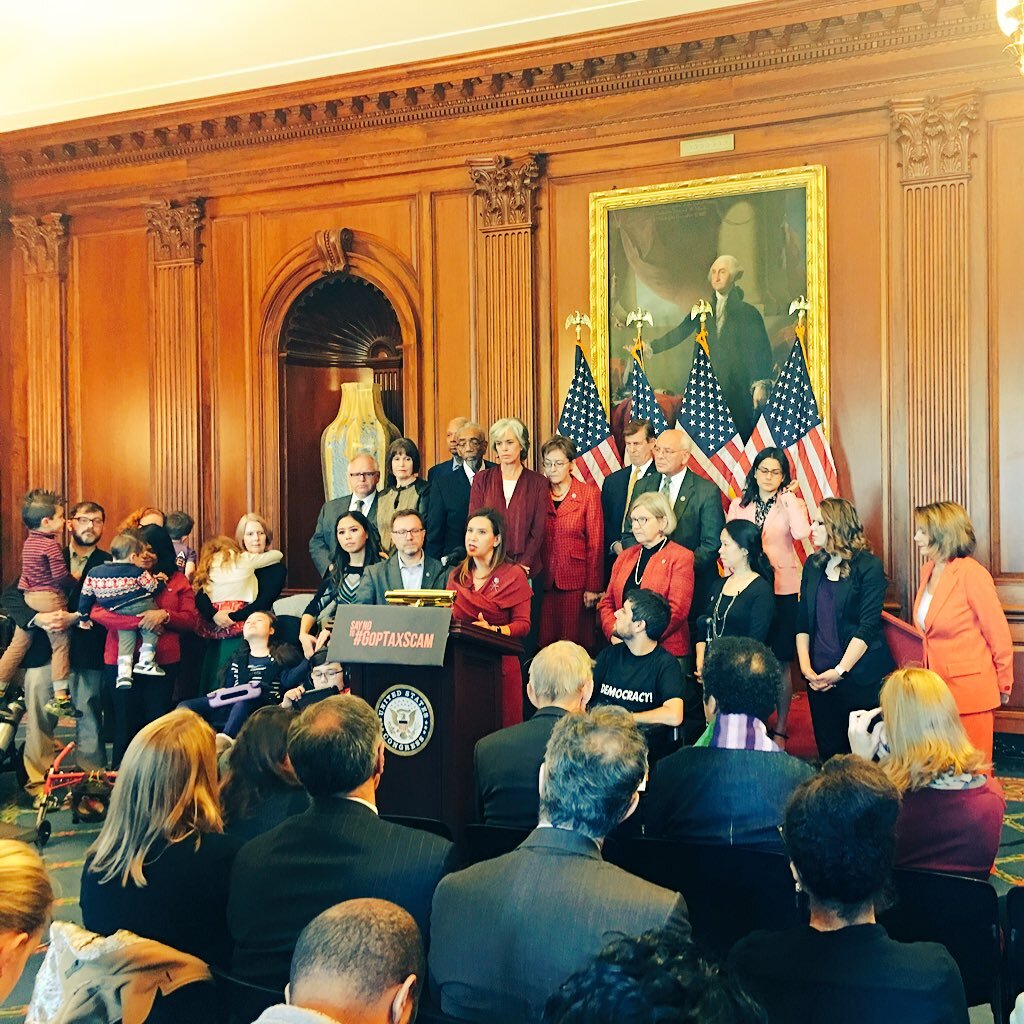
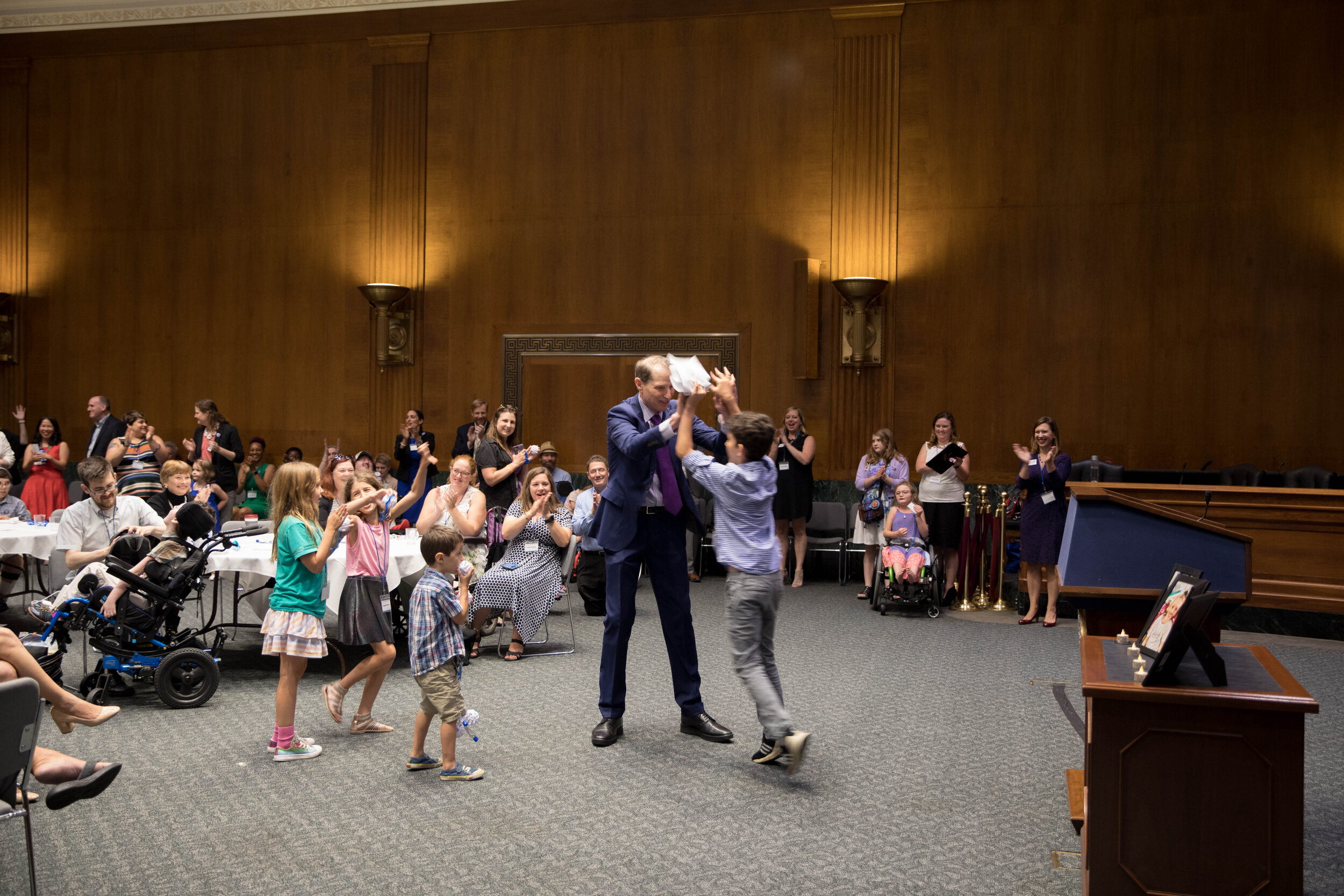
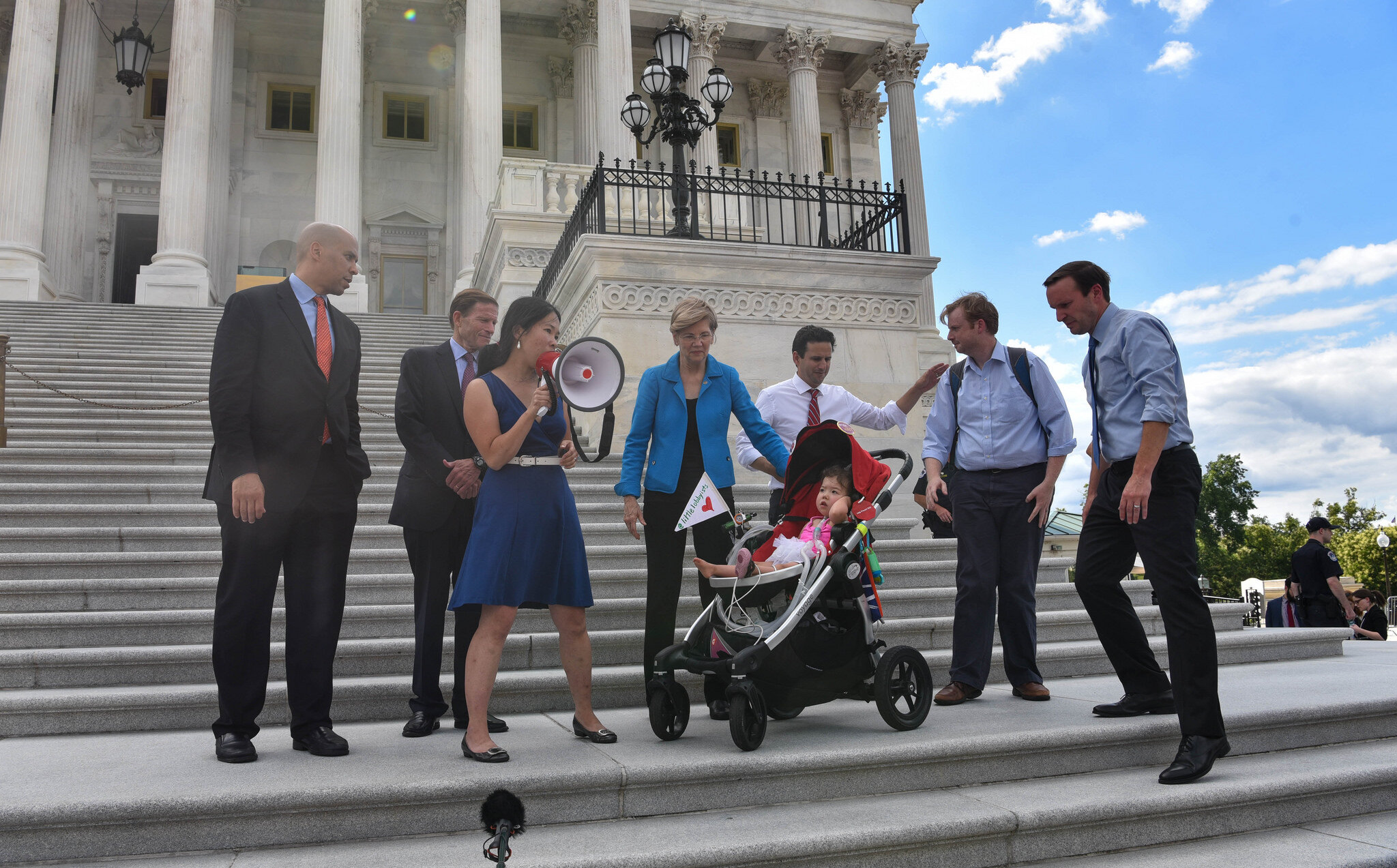
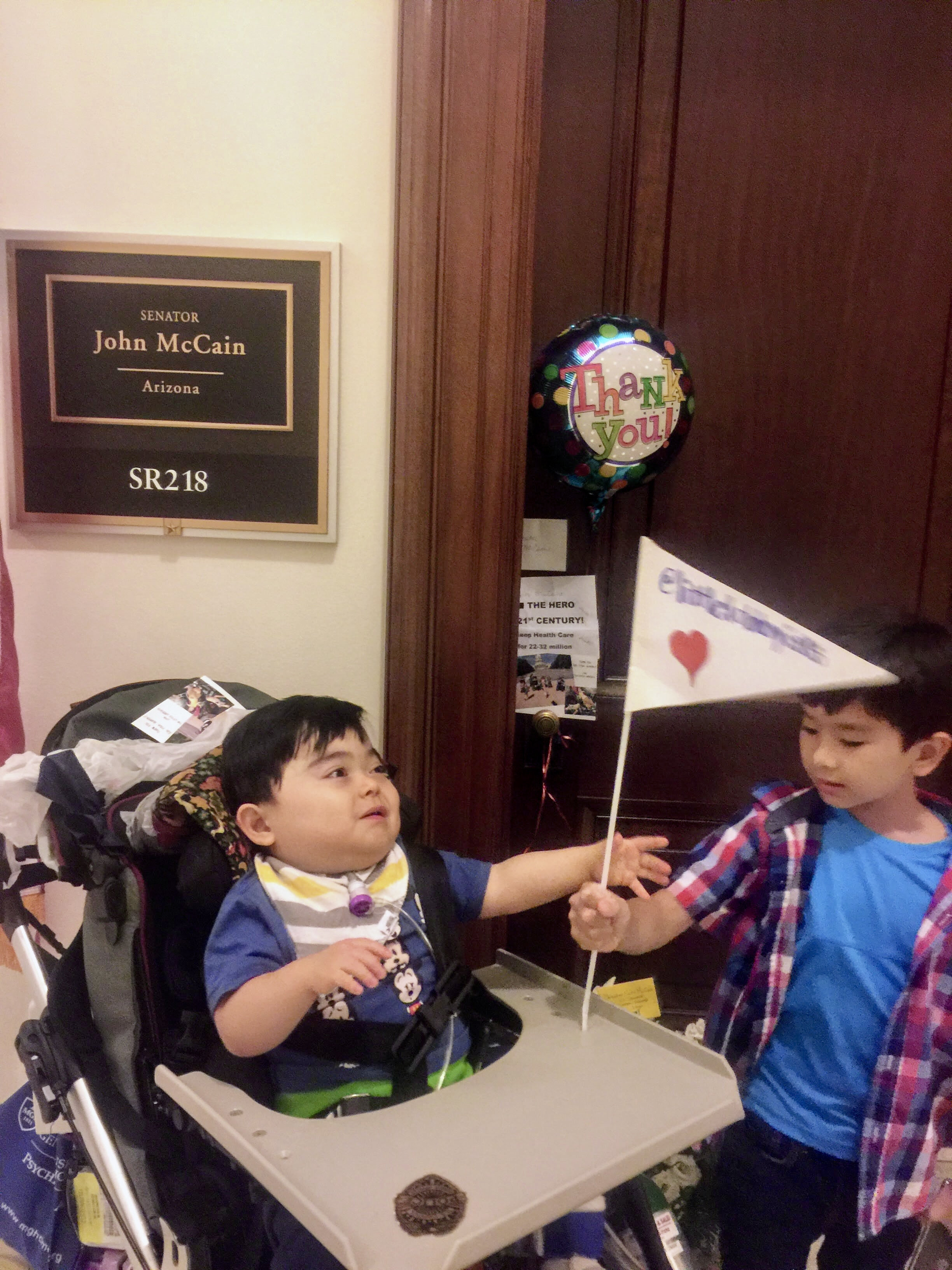
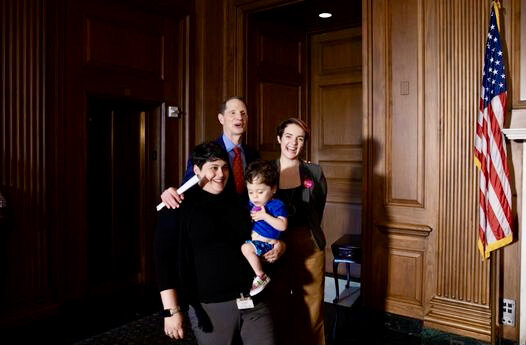
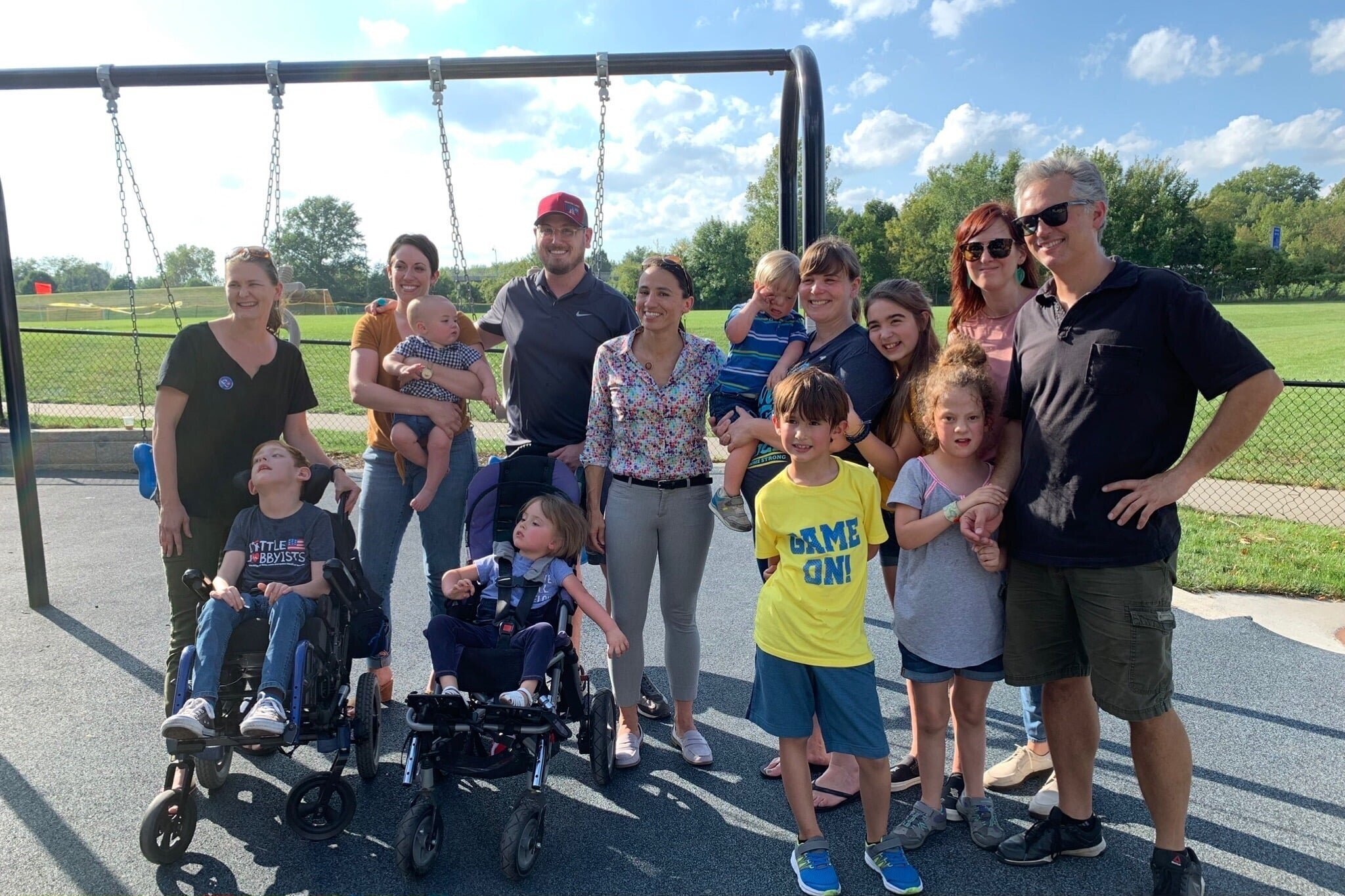
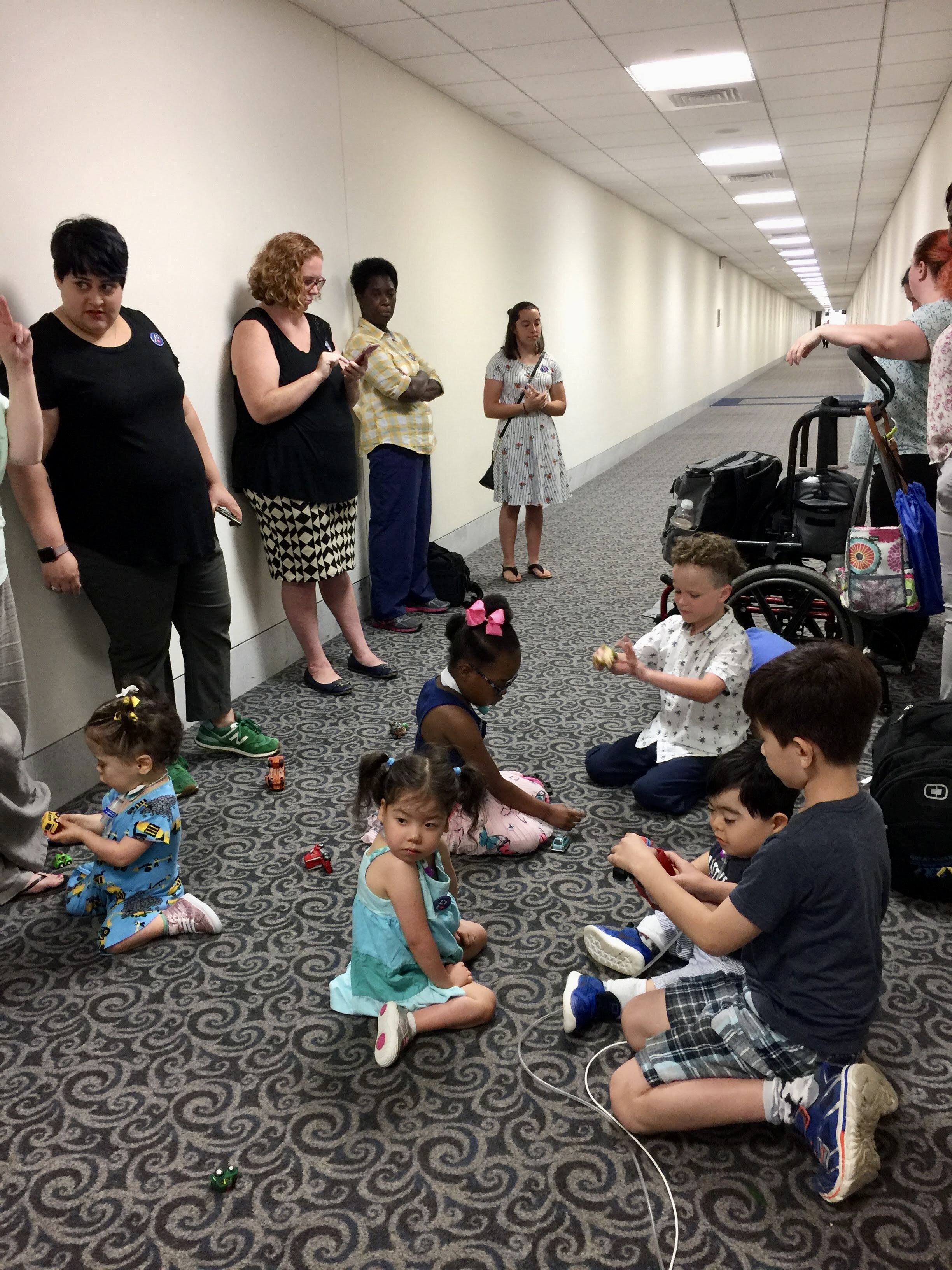
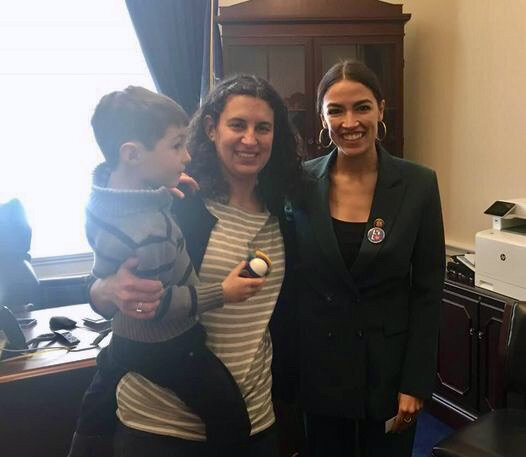
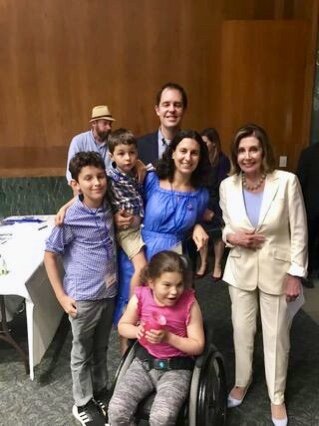
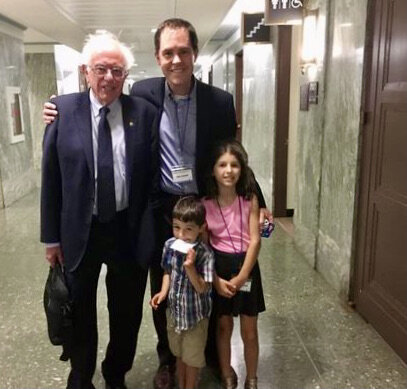
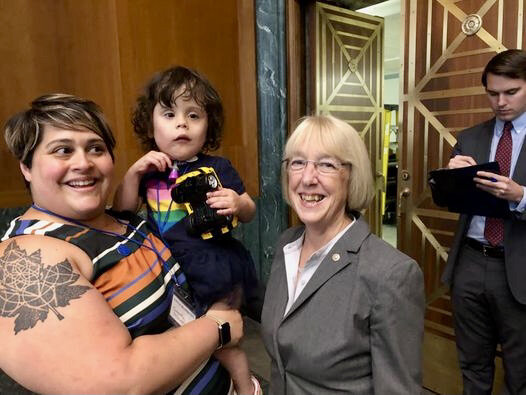
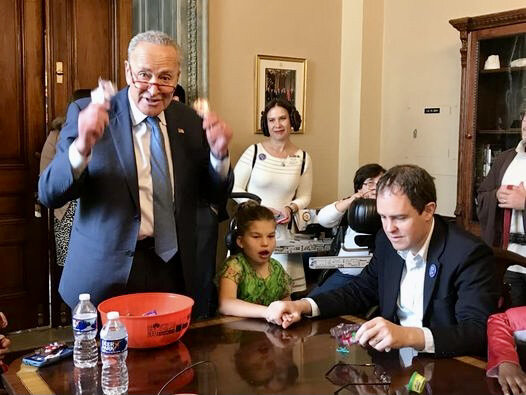
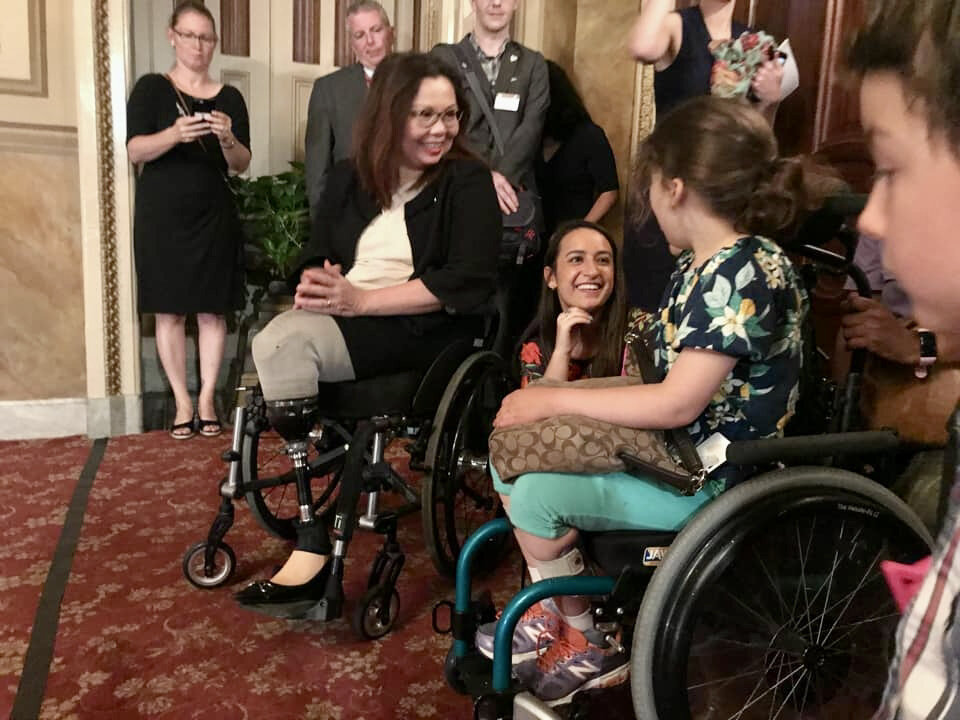
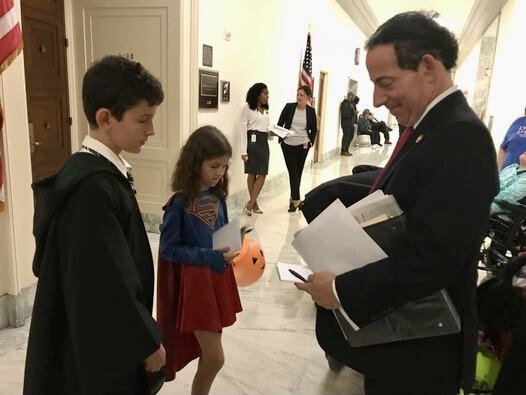
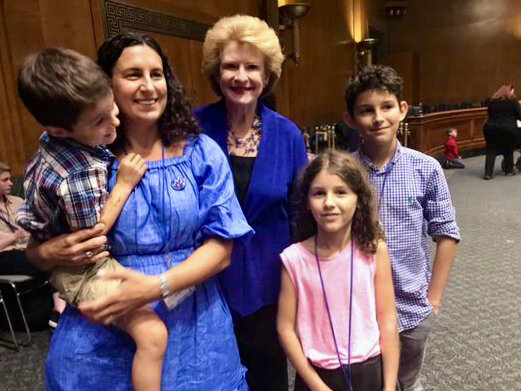
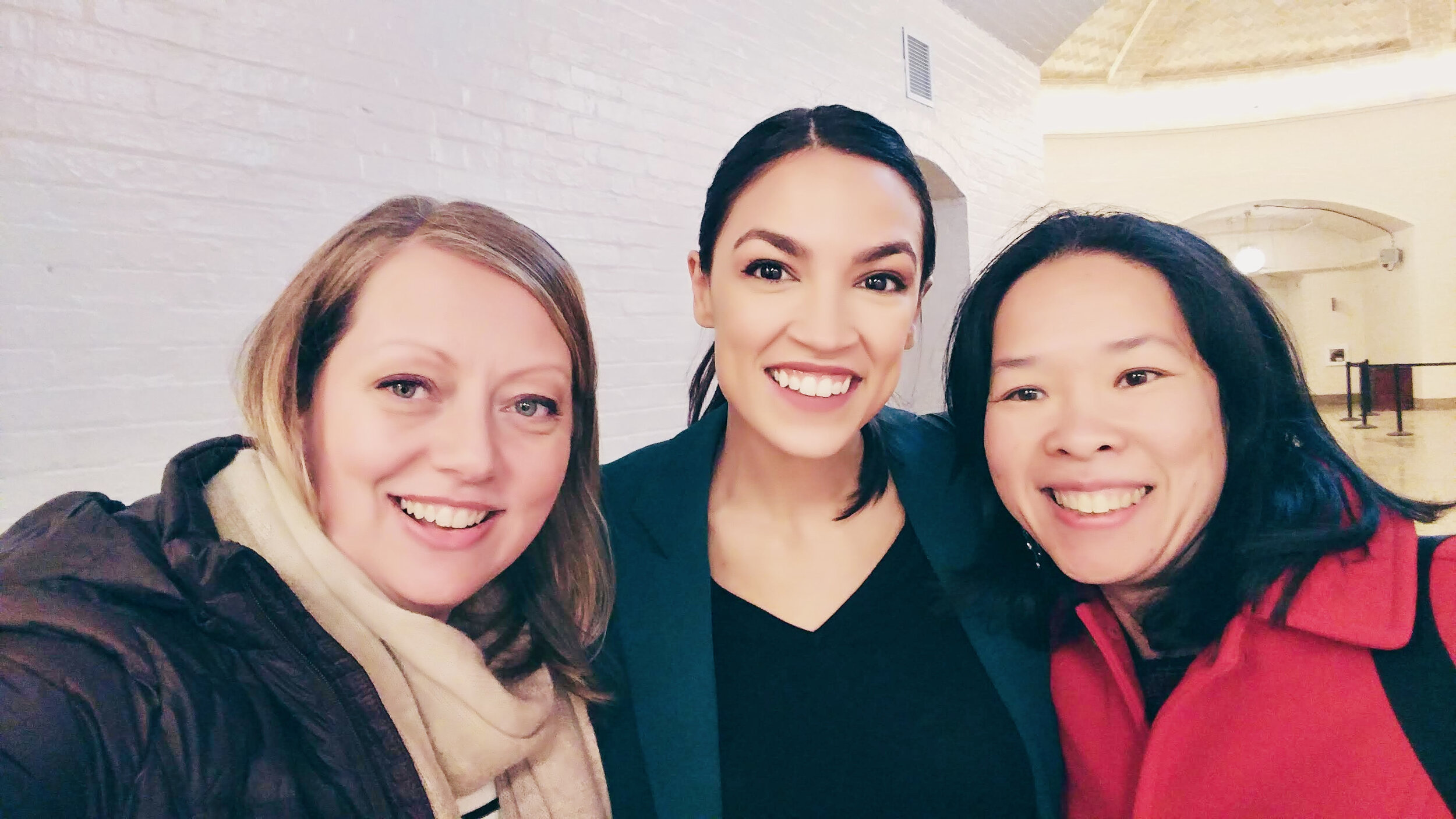
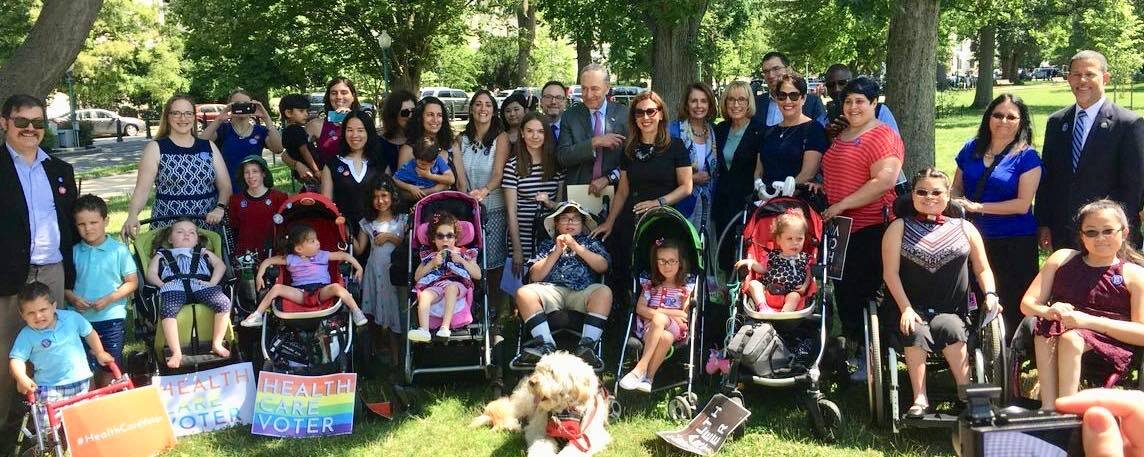











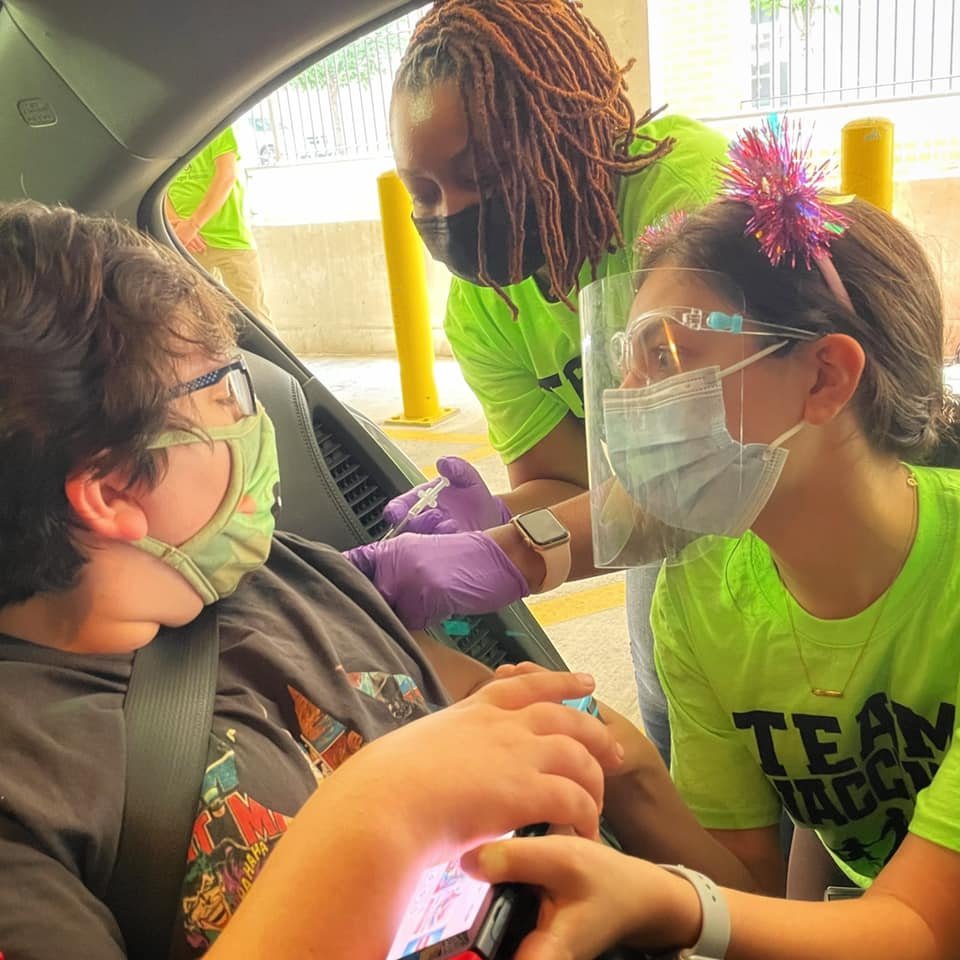
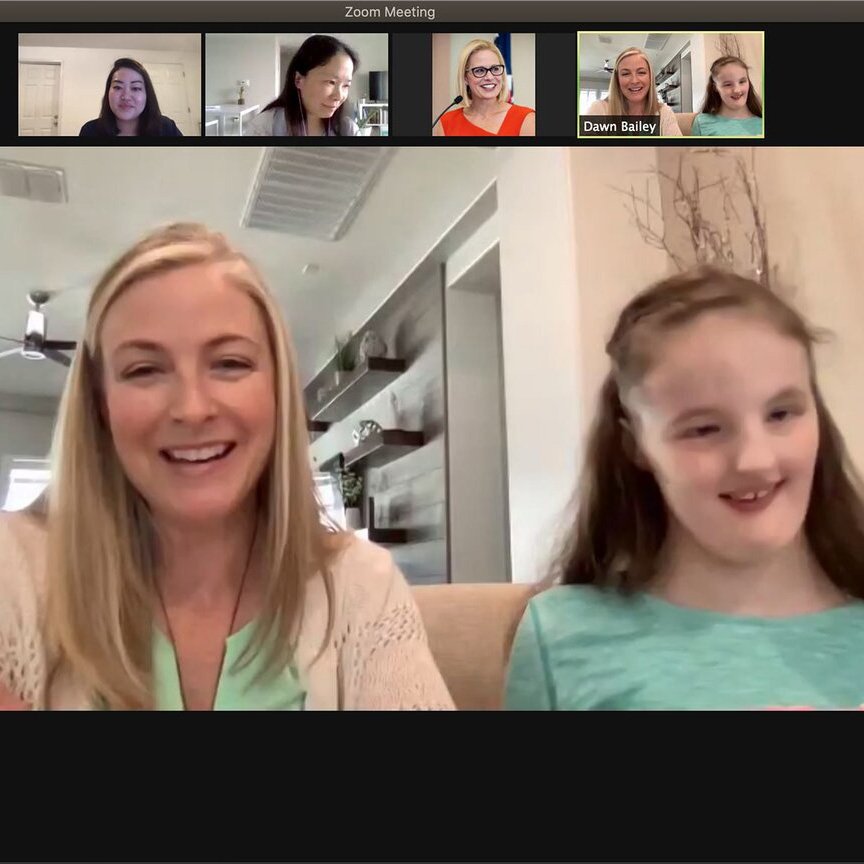
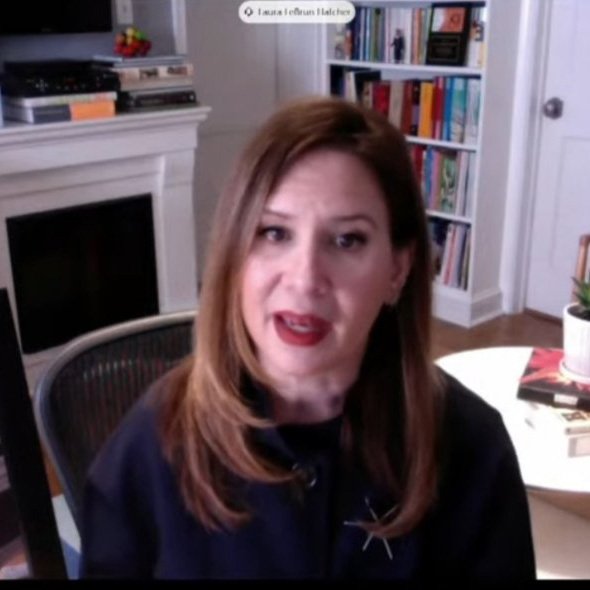


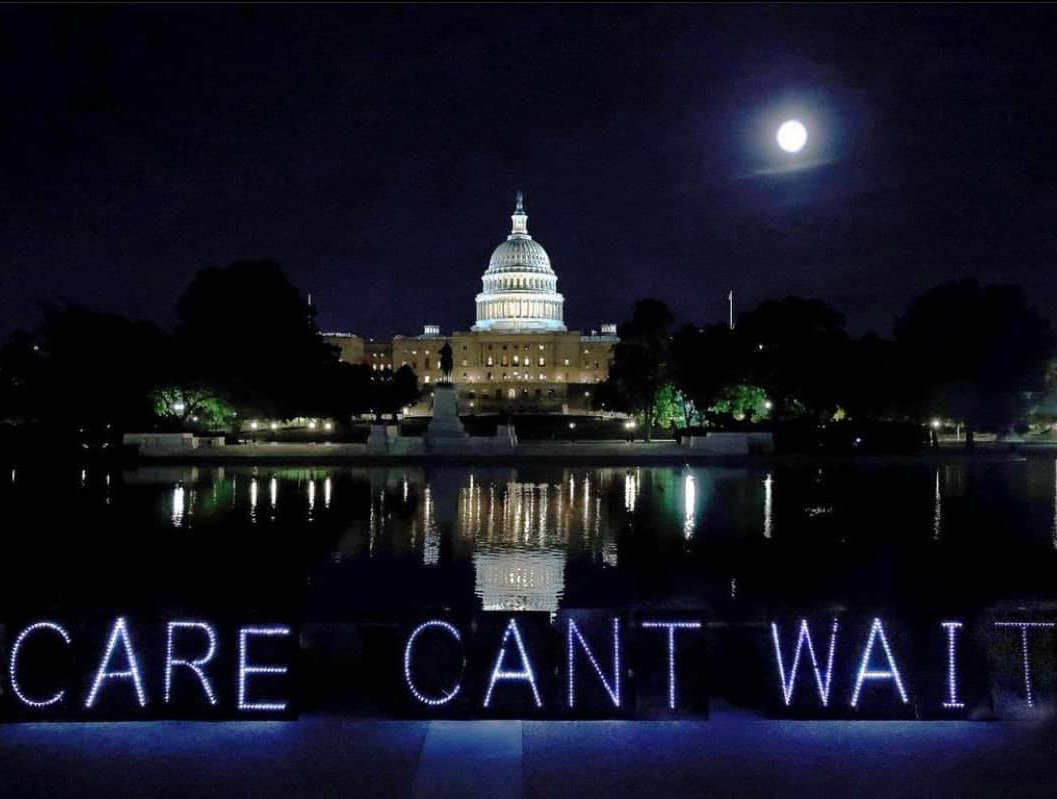


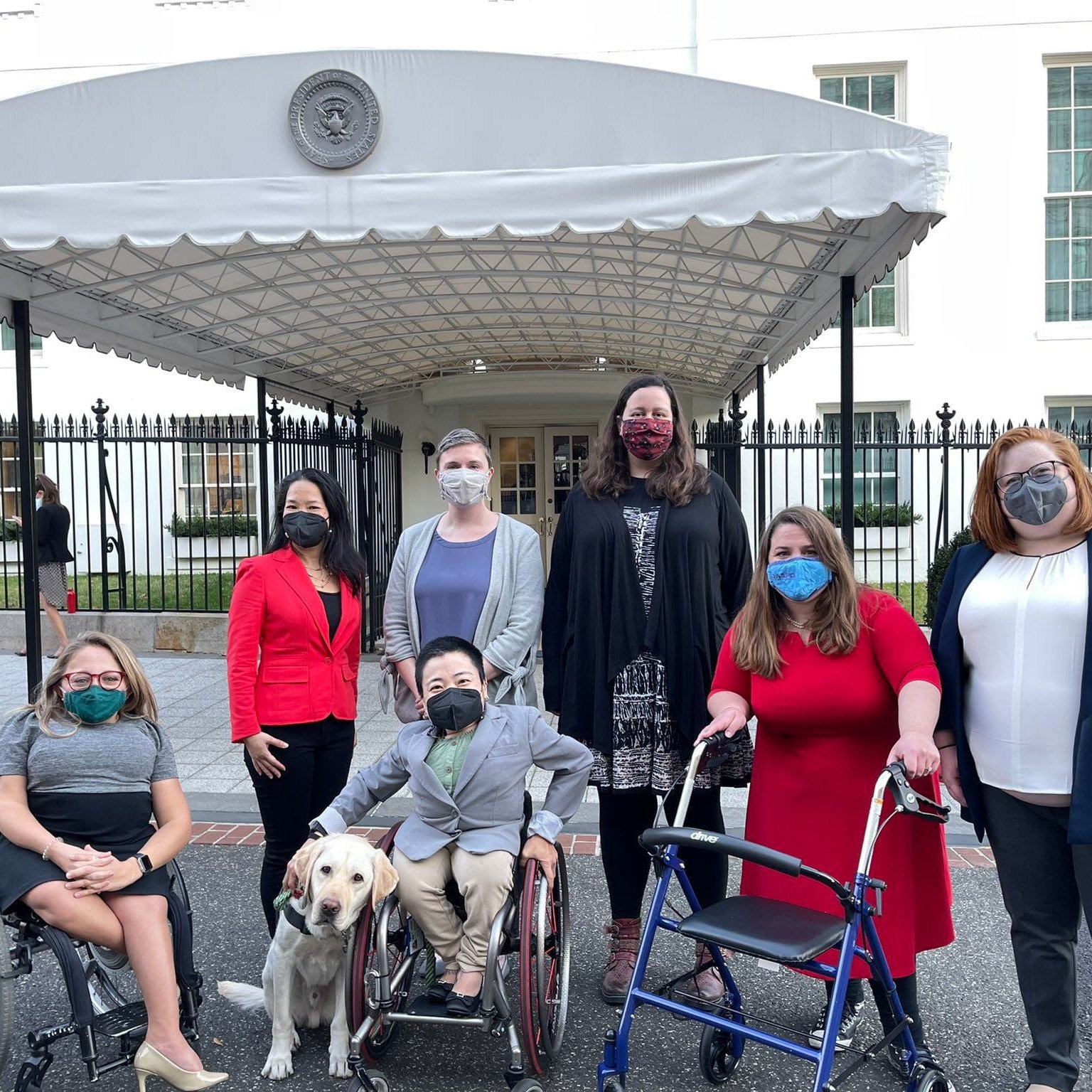







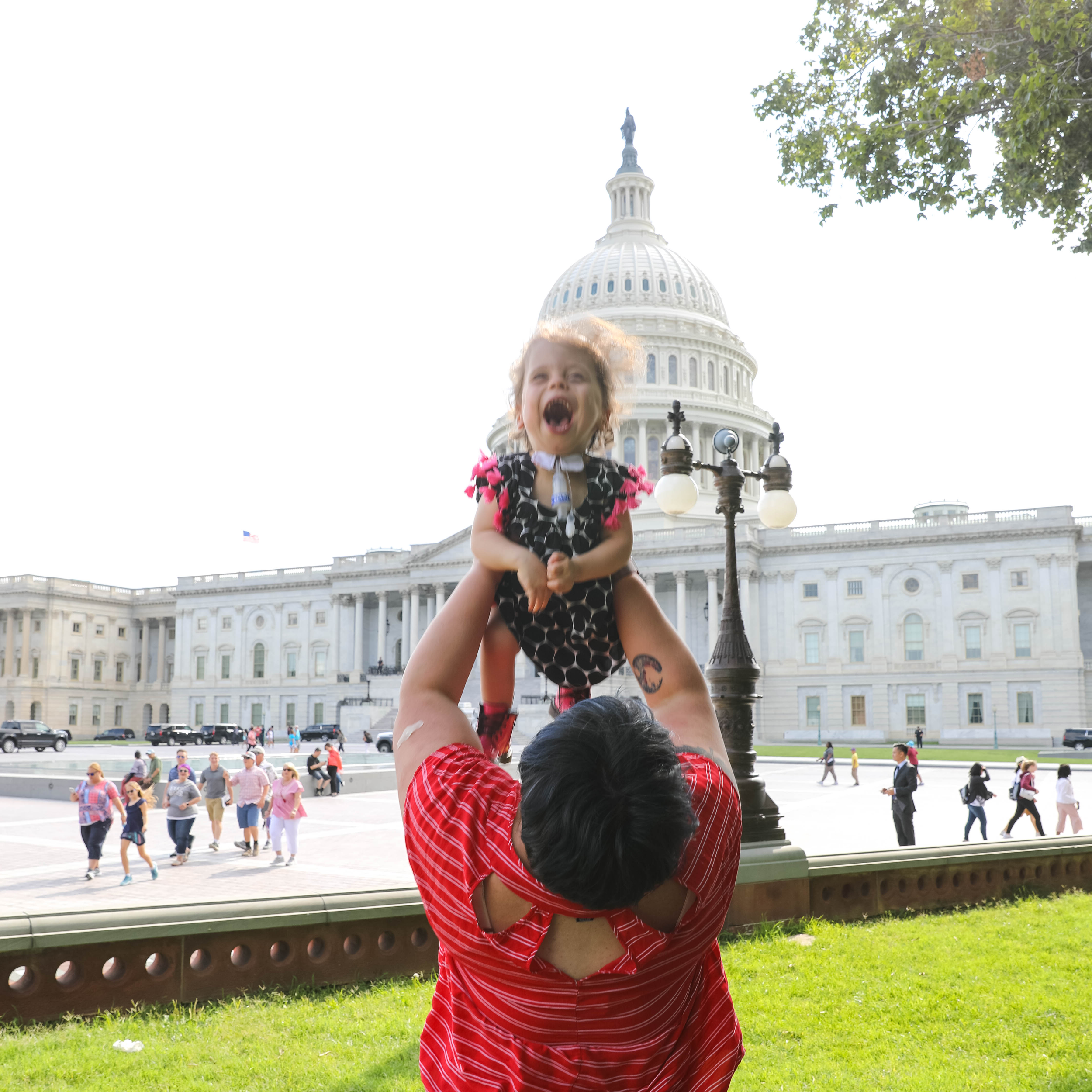
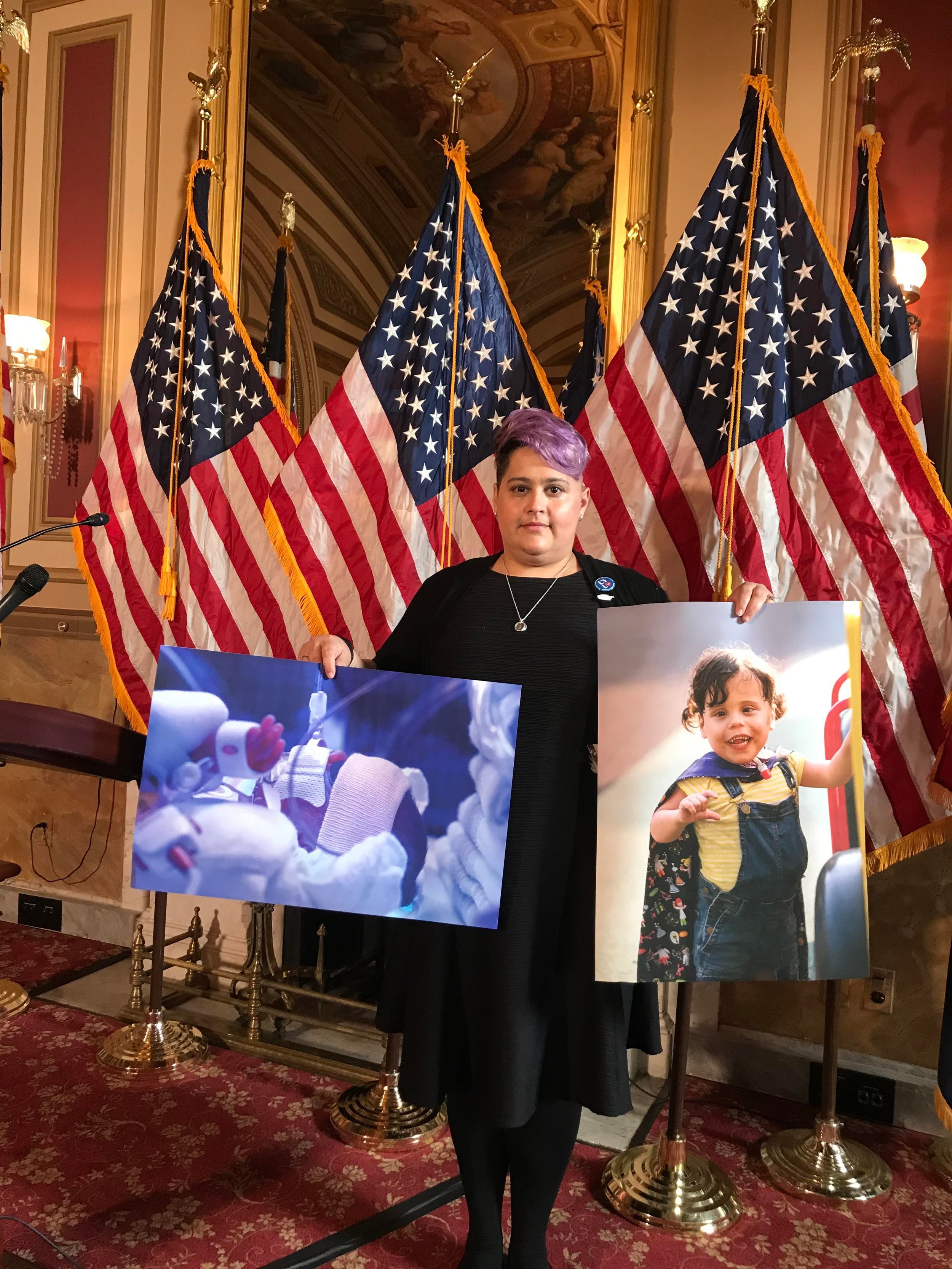
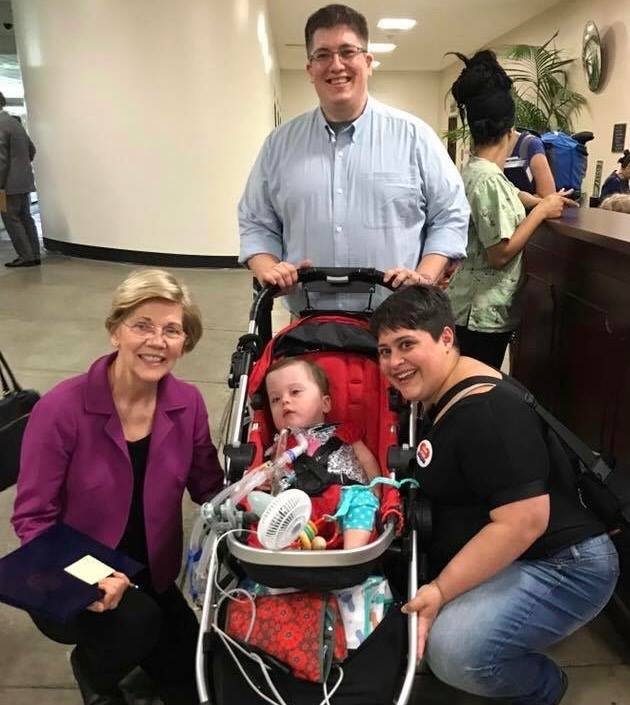
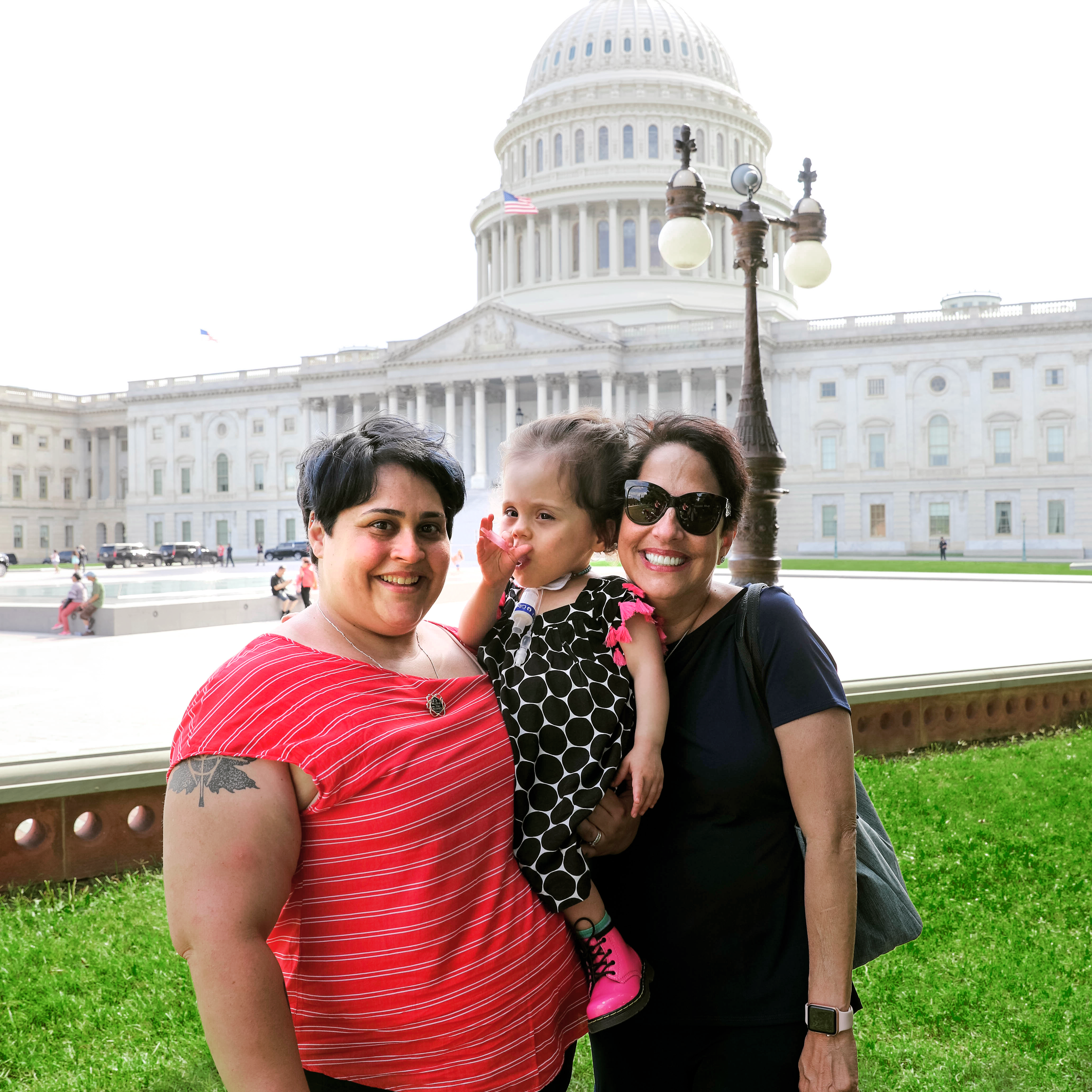
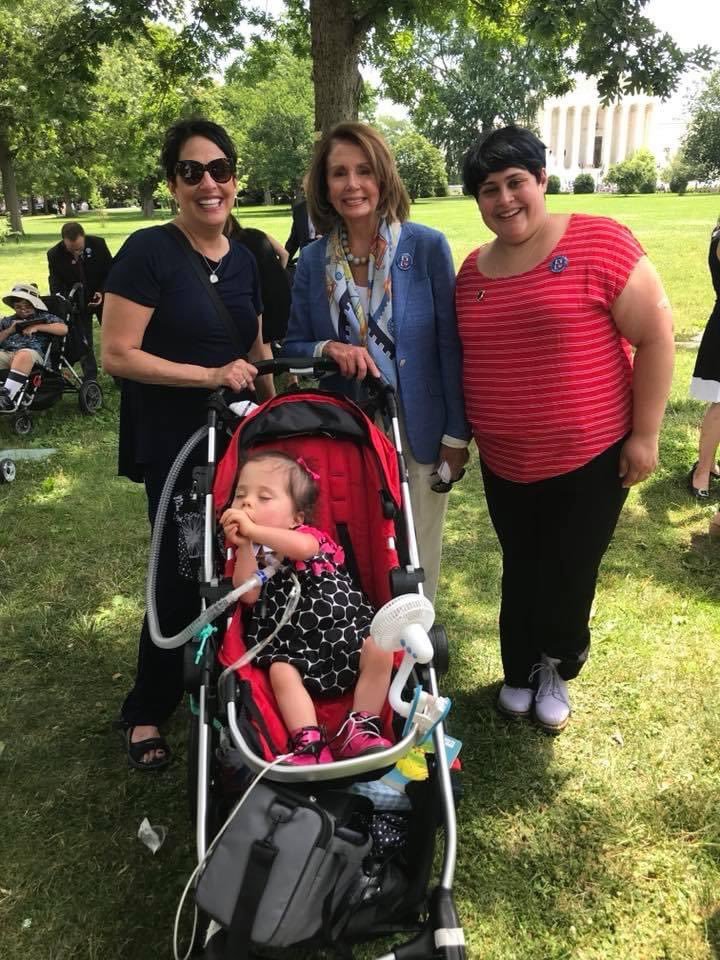

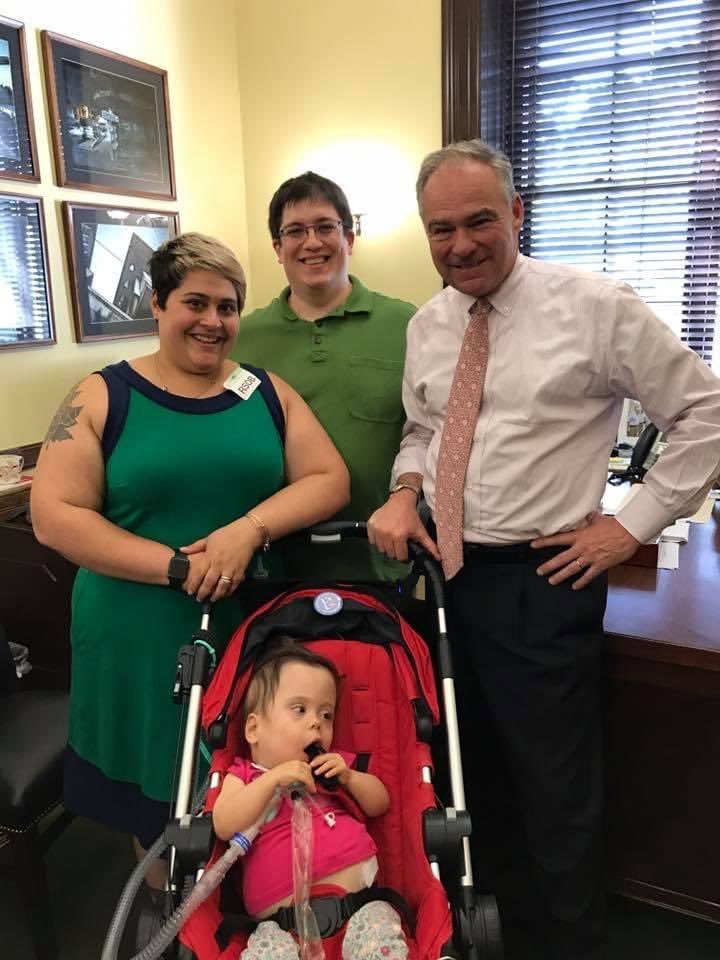
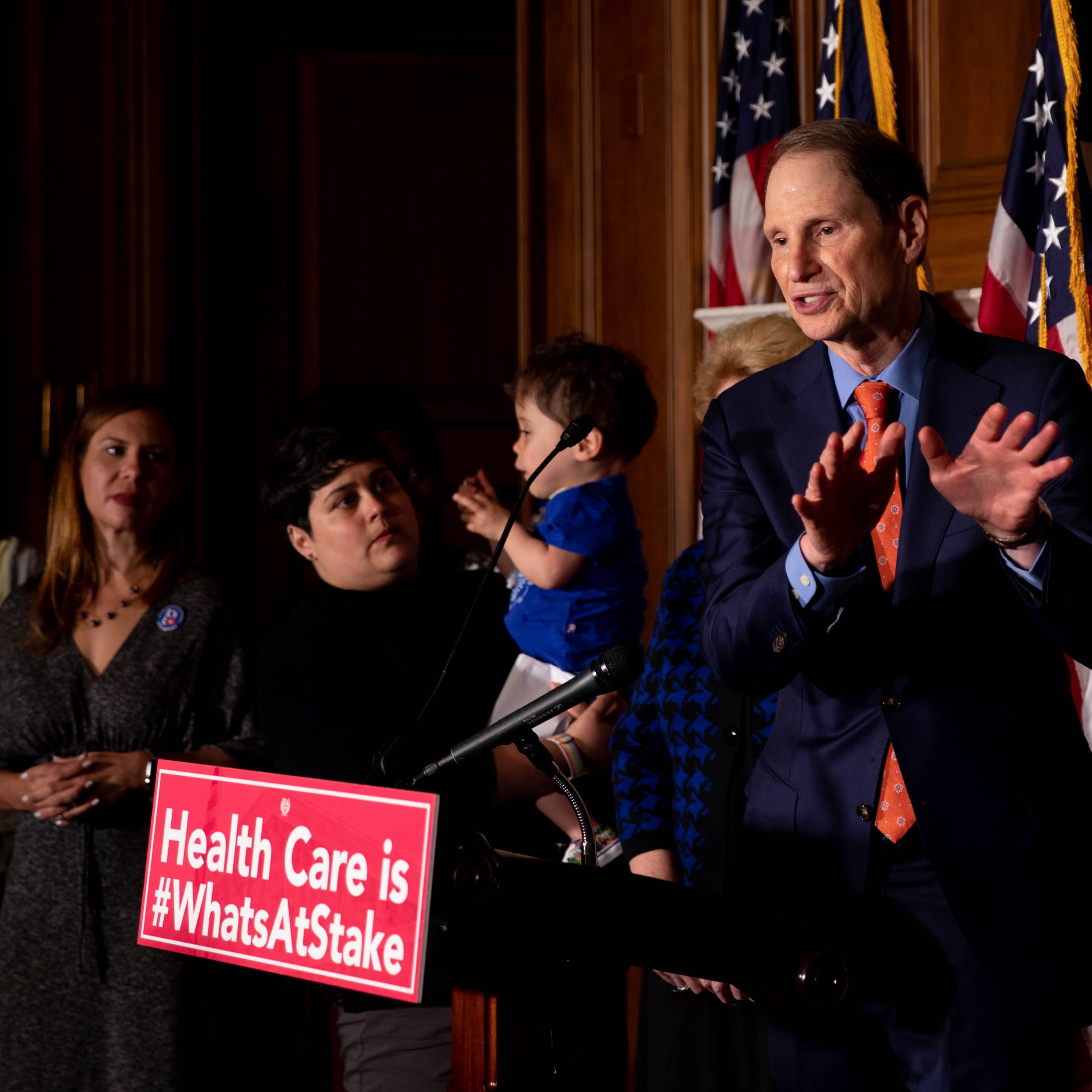
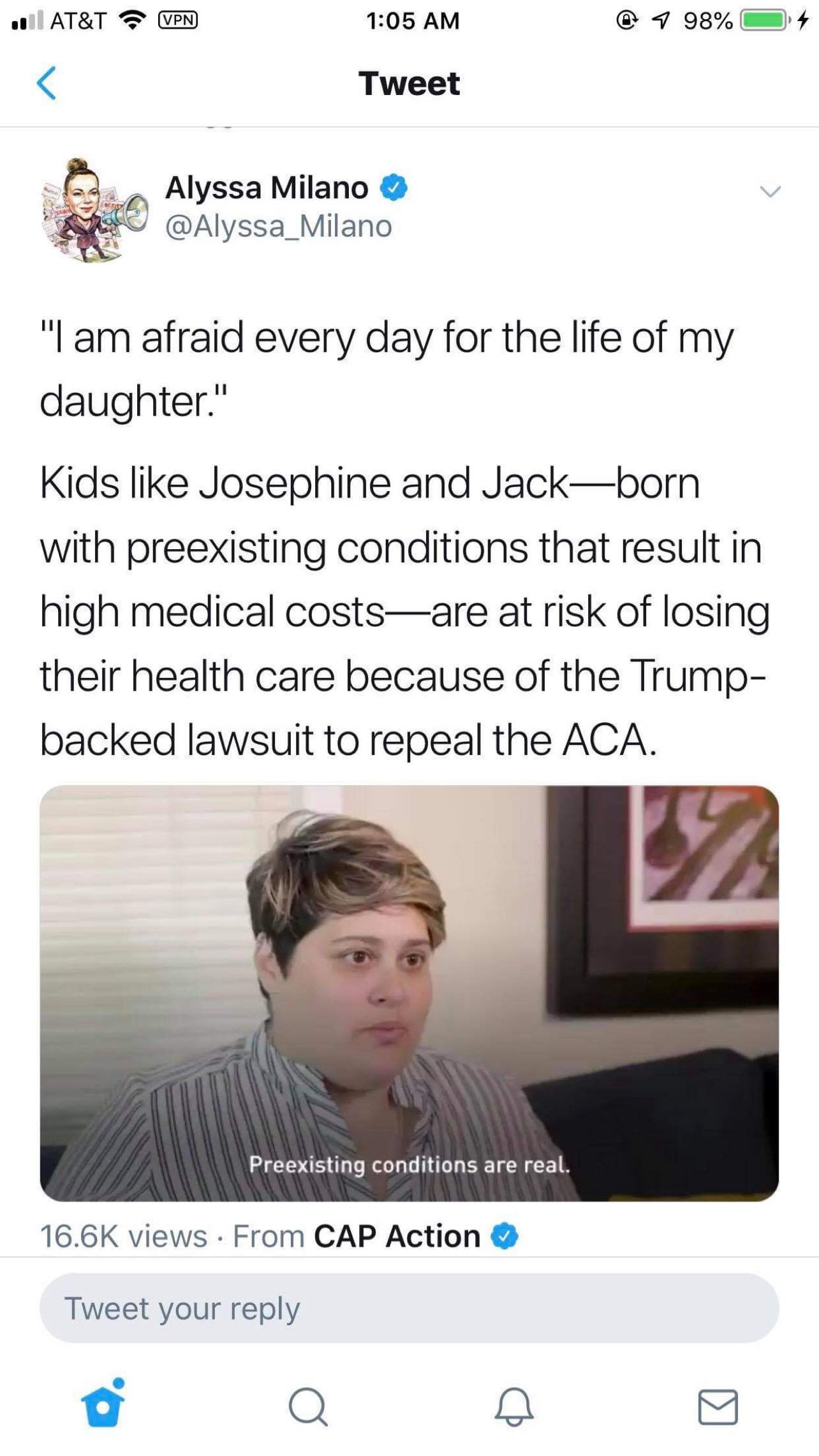
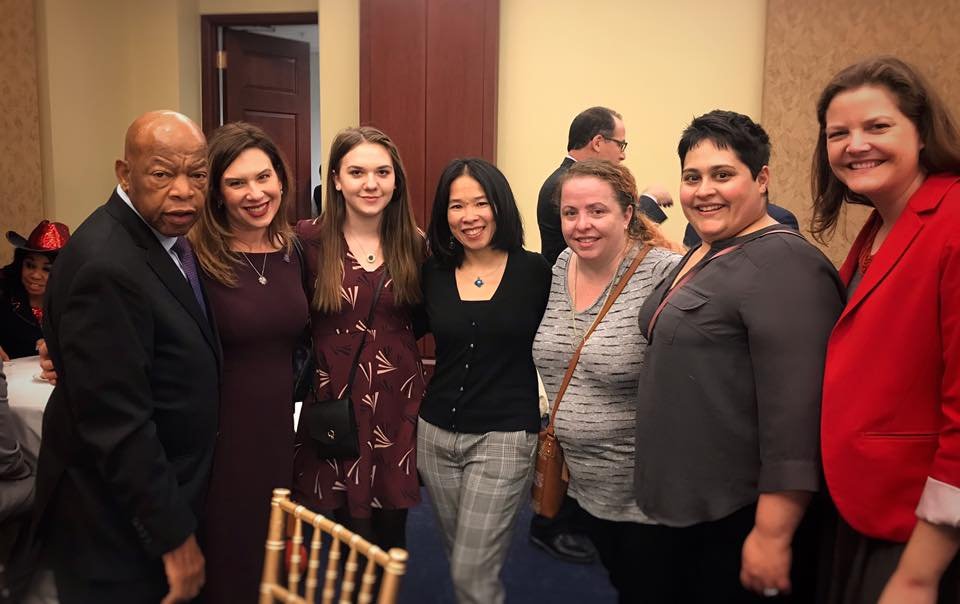
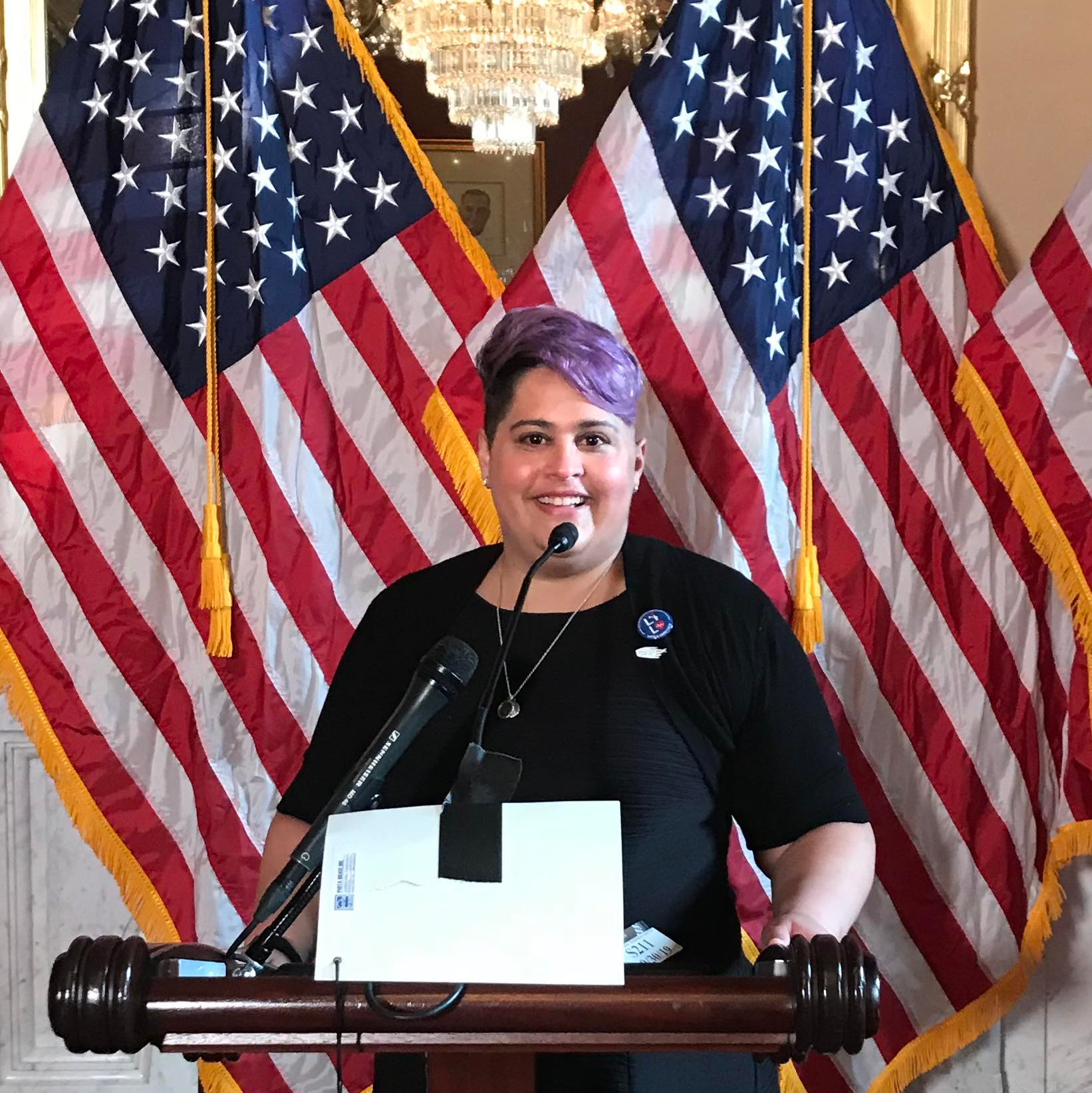
![Art by Rob Stone, yarn on ceramic tile. [image description: Pieces of yarn (dark & light blue, light & dark green, red, orange, and yellow) have been dropped in tangled loops on a glossy white ceramic tile and glued into place.]](https://images.squarespace-cdn.com/content/v1/59d8124080bd5eadd869b8b7/1632413342229-TWA0JJKMYL8072SA9GL9/tempImagehuj8oU.png)
![Rob and his disability rights button collection. [image description: A business card on a brown wood table shows a man with light skin sitting in a wheelchair on a grassy hill overlooking the city of Washington DC. He wears sunglasses and a Washington Nationals baseball hat. Four round advocacy pins are placed near the business card: “Meaningful Work Community Inclusion Transcen.org; Little Lobbyists (with their star child & heart logo), “Disability Rights are Civil Rights”; “Health Care Voter.”]](https://images.squarespace-cdn.com/content/v1/59d8124080bd5eadd869b8b7/1629392376323-YJLJ8M57UYT1ROKXV9JP/1545B987-D7FF-4F3D-A8FB-D667CA4C46F1_1_201_a.jpeg)
![Rob at a recent state park outing. [A young man with light skin sits in his wheelchair in front of a colorful wall mural with a Maryland State Map, beneath which is written “Nothing is real until it is experienced.” There are also painted images of a turtle, a crab, and a squirrel visible.]](https://images.squarespace-cdn.com/content/v1/59d8124080bd5eadd869b8b7/1629392486726-9B3VHHALJYISRRKQ6HGP/3F034076-5A0C-4C6F-A79C-8834CE7C9D7A_1_201_a.jpeg)
![Sandra Stein (r) with her husband Matt (l) and their son Ravi (center) [image description: A white man and white woman pose on either side of a young Black man seated in a wheelchair. All three wear t-shirts with the words, “Caregiving Is Infrastructure.”]](https://images.squarespace-cdn.com/content/v1/59d8124080bd5eadd869b8b7/1626366477314-C9IT63KOWEBTYYNUHZXH/Sandra+Stein.jpg)
![Angela Carpenter Gildner [image description: a white-appearing woman with blond hair poses in a gray “Health Care Voter” t-shirt with a red cushion in the background]](https://images.squarespace-cdn.com/content/v1/59d8124080bd5eadd869b8b7/1625069902659-PF7QBYZ96UN0A9JDEK0W/24hcvangelahq-4.jpeg)
![Graham and Margot [image description: a white-appearing brother and sister, each wearing t-shirt and shorts pose knee-deep in a lake with mountains in the distance on a sunny day]](https://images.squarespace-cdn.com/content/v1/59d8124080bd5eadd869b8b7/1625070133101-2G93ZFC0BPKBTCO65WGO/IMG_8243.jpeg)